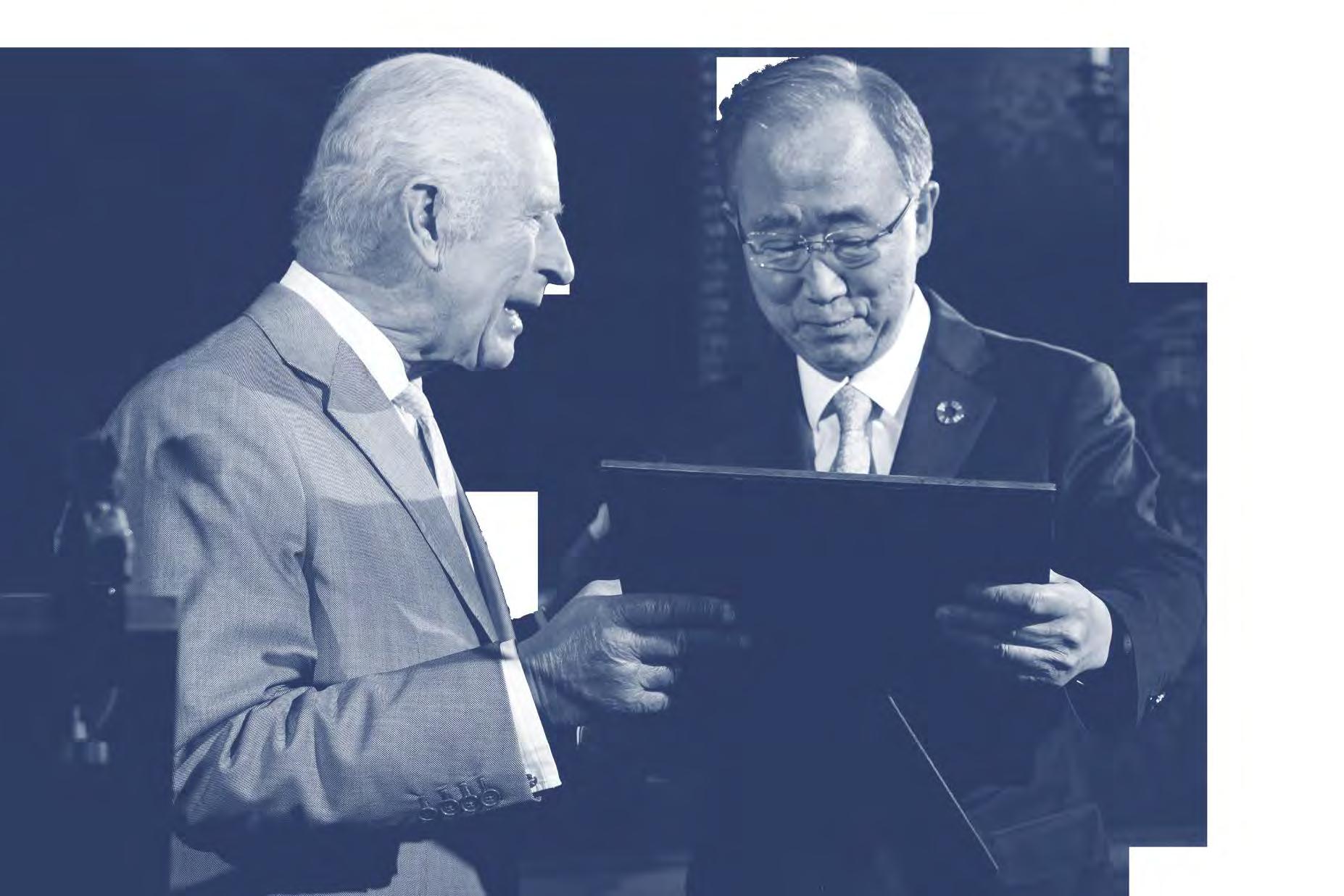

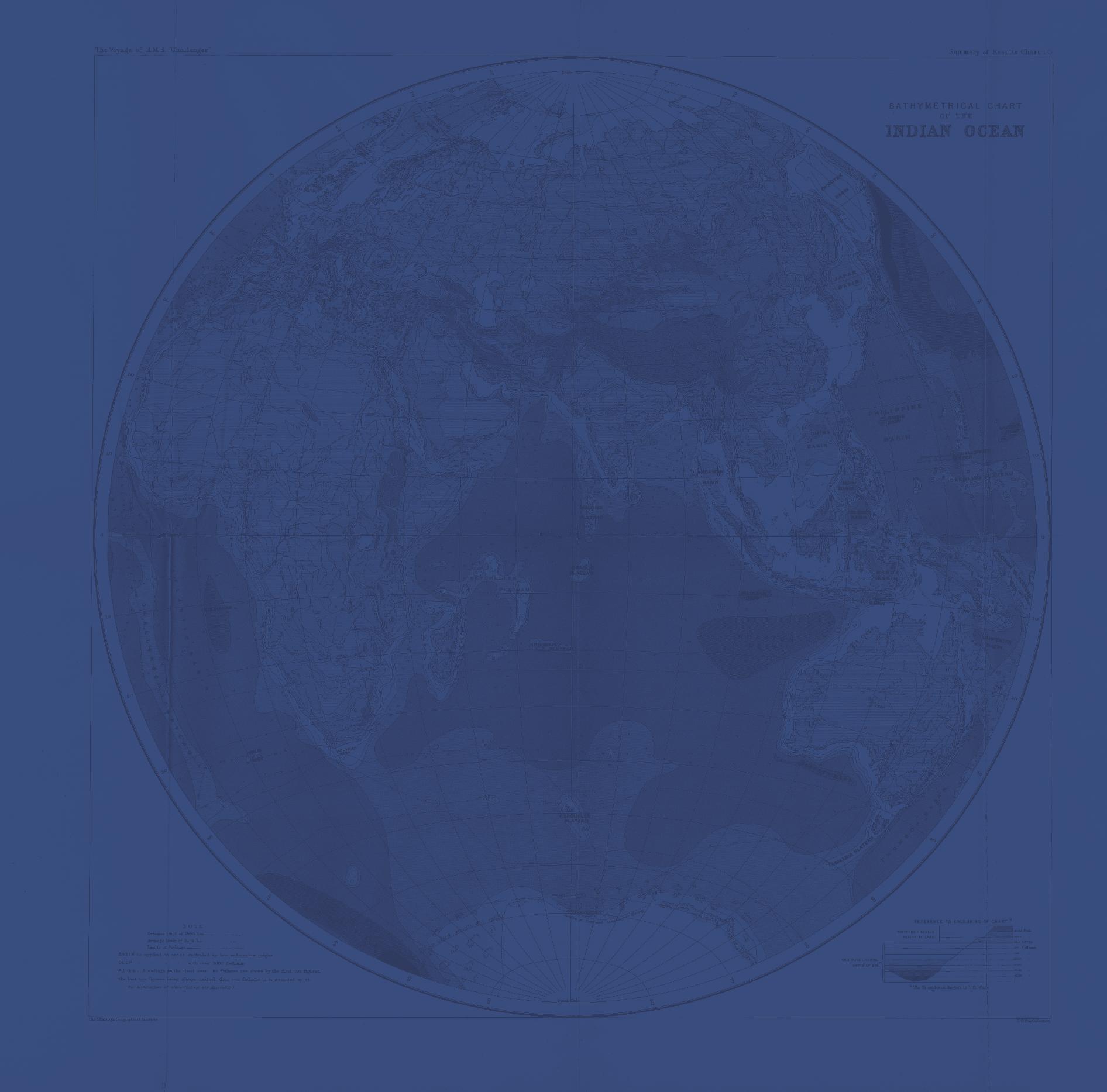

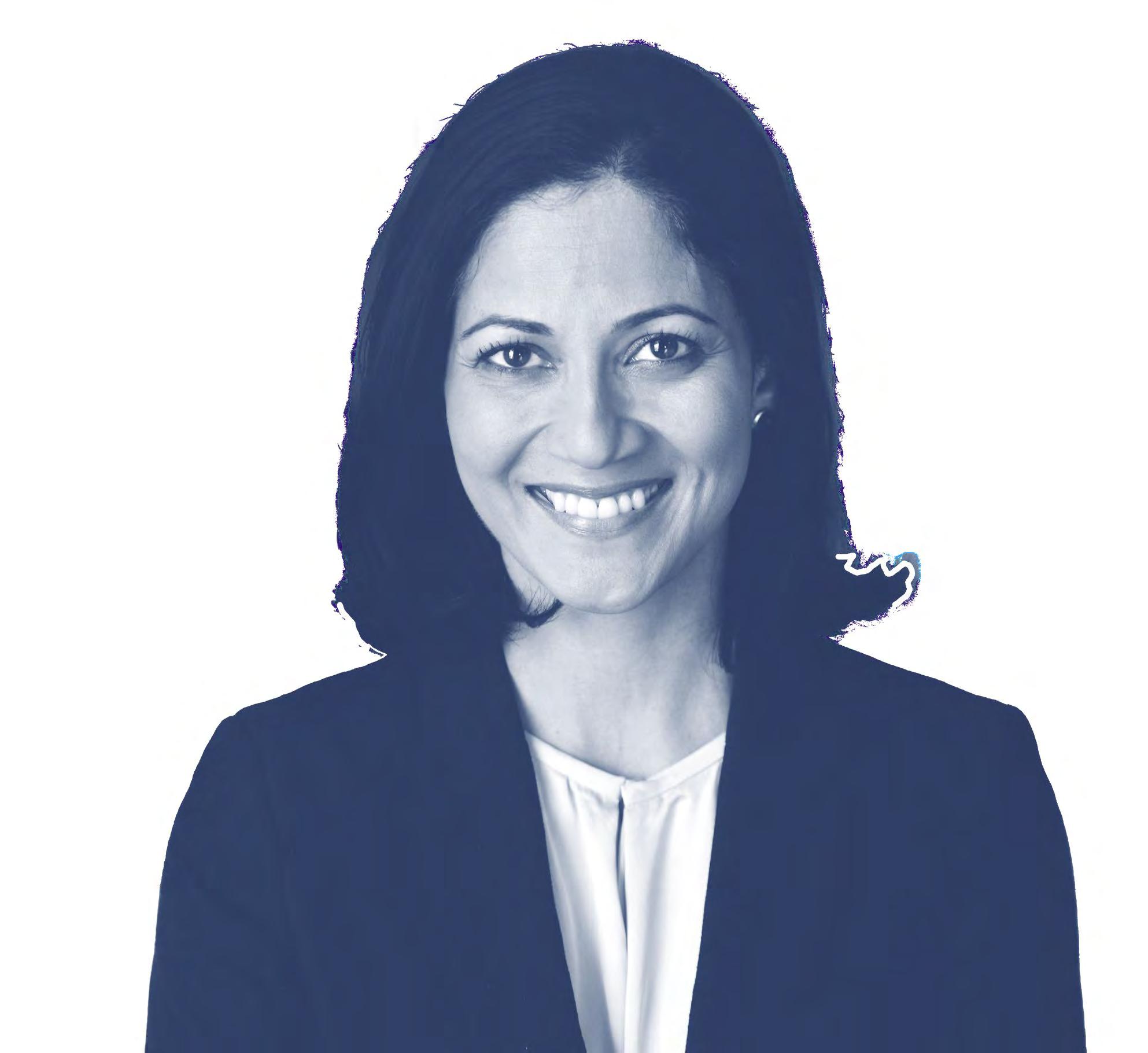
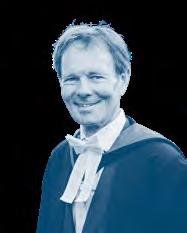

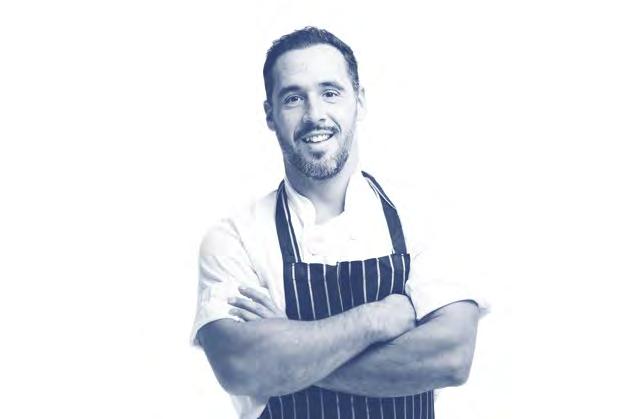
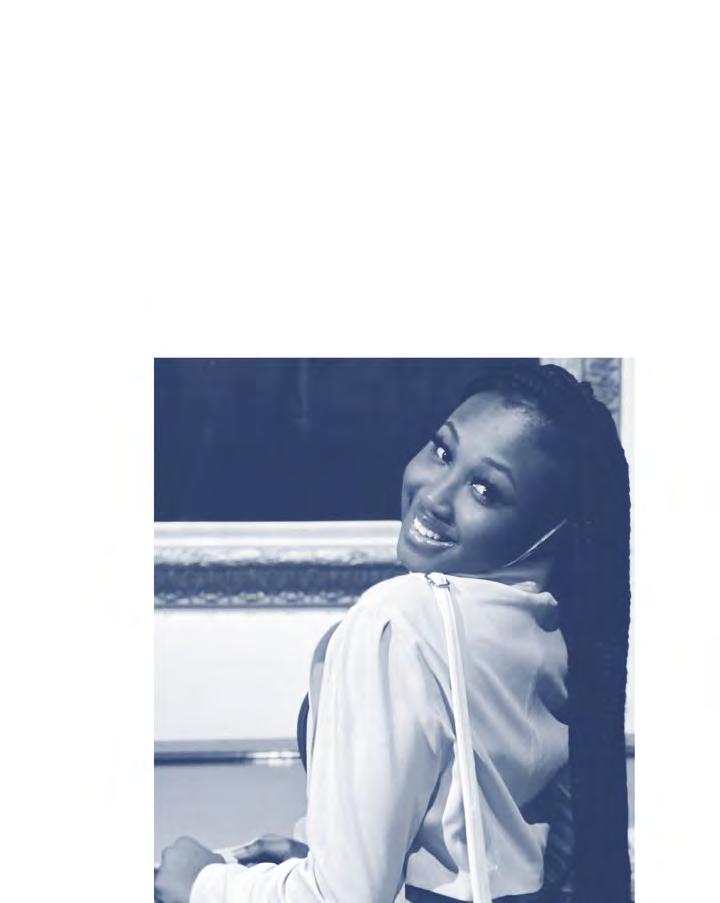
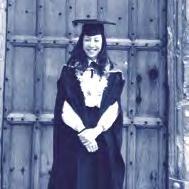

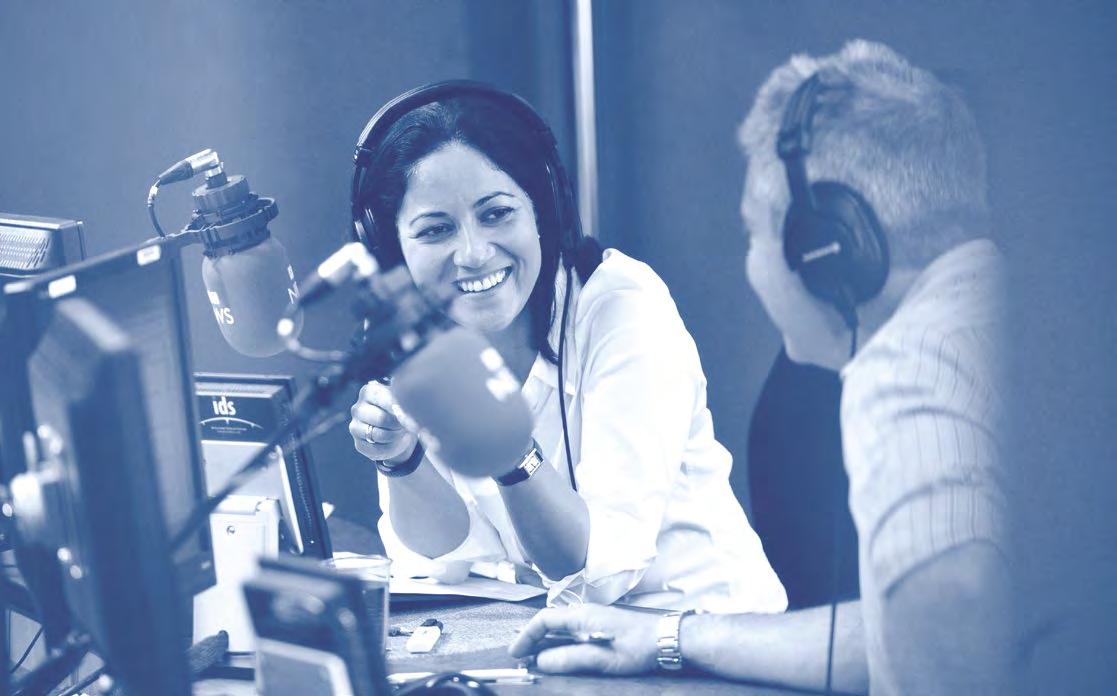
of
on the workforce and evolving
structures are among the urgent issues being researched by the Centre for Population Ageing













of
on the workforce and evolving
structures are among the urgent issues being researched by the Centre for Population Ageing
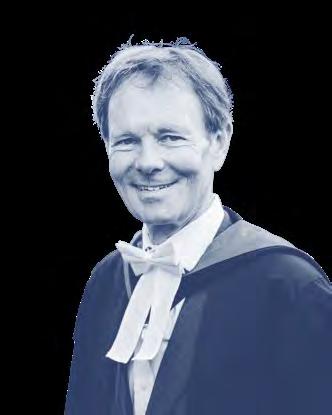
Welcome to the 2025 edition of our annual publication, Connect. So called as its primary purpose is to connect you – a member or friend of Kellogg – with the events and activities we host, and with other members and friends of the College. I trust it will succeed in doing so.
It may be that in choosing your lunch option through the servery, the Sous Chef serving you will be Alejandro –although he’s equally happy being addressed as Alex! – and you may feel more connected knowing that he is not only a wonderful chef, but also keen on football, cross-fit, and hiking!
A welcome development has been more submissions to Connect than ever from our alumni, keeping us connected with what they’re up to around the world.
If you would like to be more involved with the College’s research endeavours, then several of the articles in this issue should provide insights on those activities. Other articles provide profiles from across our community, from Vice President, to Research Fellow, to Student President – and his colleagues on the MCR who help to put on such a wonderfully diverse and engaging annual calendar of events.
We are fortunate in having so many wonderful members of our College –being added to each year. In addition, we have over the years added whole categories of members – non-stipendiary Junior Research Fellows, Research Members of Common Room, Artists in Residence, and Writers in Residence. The first two – JRFs and Research Members of Common room – provide college membership to Research Officers employed across the university who otherwise would miss out. They in turn have created a vibrant research community within the College. It has connected them to the collegiate system, and it has enabled Kellogg members to connect to this hugely important part of the university’s endeavours.
The Artists in Residence scheme has attracted fantastic speakers to the College, such as the actor Brian Cox. As
you can read from the piece about our Artist in Residence Joy Richardson, it also provides you with opportunities to connect with other College members and with nature when you are on site, by joining Joy in her drawing activities around the gardens.
Our Writers in Residence scheme includes one writer each year being funded by the Royal Literary Fund to provide free of charge sessions with any College member on writing styles and skills. Those signing up have included students, staff and fellows. One Governing Body Fellow told me that Oxford University Press had returned his book proposal requesting that the key contribution of the work be brought out in a more engaging way. Following a session with the Writer in Residence, the resubmitted proposal was accepted. The only problem being that he now has to deliver the book – and with the self-proclaimed bar having been raised!
I trust what you read will inspire you to become more engaged with the College, and will illustrate ways in which you might do so. I look forward to joining you at those events.
“We are fortunate in having so many wonderful members of our College – being added to each year. In addition, we have over the years added whole categories of members – non-stipendiary Junior Research Fellows, Research Members of Common Room, Artists in Residence, and Writers in Residence”
— Professor Jonathan Michie OBE
MCR President Fahad Al-Huda reflects on his year at the helm of the Kellogg MCR
Welcoming a growing number of students to Kellogg means embracing a responsibility: to build and nurture a thriving academic community.

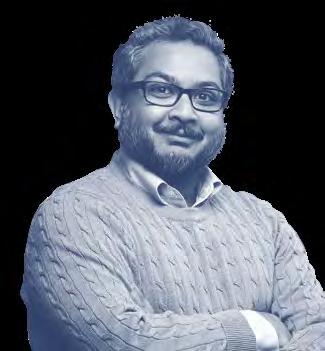
The Middle Common Room (MCR) Committee plays a key role in fulfilling this responsibility, and throughout my time, I’ve been committed to empowering my team to create a vibrant and dynamic space that reflects the diversity and excellence of our peers.
This year, we kicked things off with a bang, organising a big and bold Welcome ‘Week’ series—spanning four weeks! With help from returning students and recent alumni, we crafted a lineup that was all about exploration, connection, and fun. From guided walking tours of the Colleges to group trips to iconic Oxford spots, dance taster sessions to unforgettable nights out, our events gave everyone the chance to dive into Oxford life, bond with new friends, and start envisioning what their Kellogg experience could look like. The Kellogg Clubs and Societies Fair was a highlight, where Club Captains and postgraduate student societies shared how newcomers could get involved, all while enjoying a delicious MCR-hosted brunch.
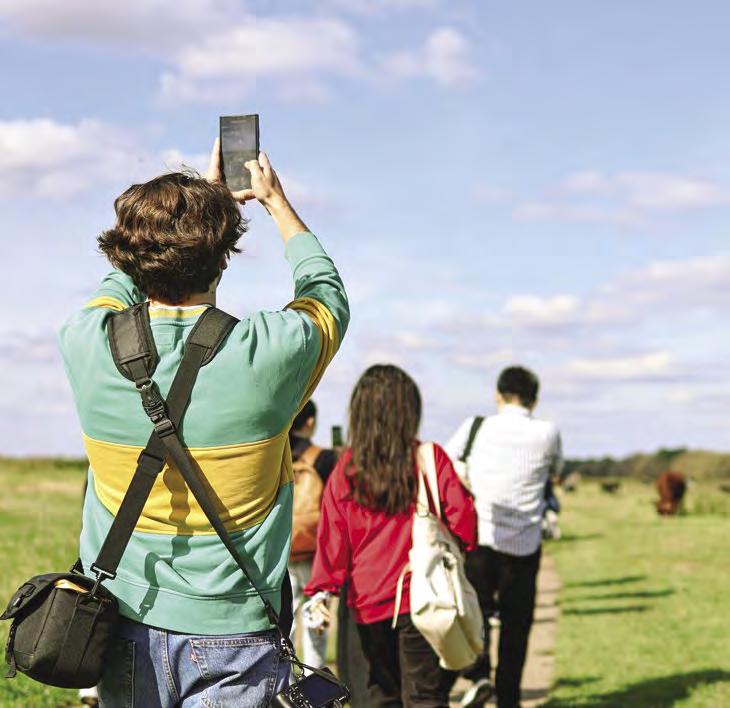
Once Michaelmas term hit, our focus shifted to helping everyone make the most of their time at Kellogg. Our term card featured popular events from last
year: Guest Night Dinner Exchanges, Well-being Cakes every week, and regular film nights. But we also ventured beyond our walls. We partied with Somerville for matriculation, had a great time at Trinity’s Beer Cellar, and enjoyed a lovely Chai & Chat with St. John’s. A special moment came when our Founder, Geoffrey Thomas, joined us for a Wine & Cheese exchange with Corpus Christi—showing him firsthand the warmth and hospitality of our MCR. New this term were yoga sessions, Swiss chocolate tasting, and hot chocolate tasting—because who doesn’t love a cozy treat? Our sports clubs grew too, with new additions like running, golf, and chess. One of the standout successes of the term was our twicetermly “Meet the MCR Committee”
Pizza Nights, where members could chat with us over pizza. Who knew that pizza could bring the community together so effectively?
By the end of the term, the excitement surrounding the second round of MCR Committee elections was palpable. With passionate nominees, compelling manifestos, and fierce campaigning, we saw the most competitive elections in recent memory—and the highest voter turnout to date. This surge in engagement was a clear reflection of the strong desire within our community to shape and influence their time here.
Continues on next page.
After a refreshing winter break, the MCR Committee was ready to kick off Hilary term with even more energy. We celebrated the Lunar New Year with mooncakes and red envelopes, and indulged our creative sides with regular Craft Circles and Salsa lessons. Our new Kellogg Thinking Group and Book Club provided platforms for deep discussions, while our ever-popular Pub Quiz kept everyone on their toes. Of course, we didn’t miss the chance to share Kellogg spirit with our peers across Oxford. We had a blast karaokeing with Worcester, ice skating with the Clarendon Scholars, and BOP-ing with Green Templeton. Our own Time Travel-themed BOP was a showstopper, with cocktails, a fantastic DJ, and costumes that transported everyone to different eras—yes, we even had a Pharaoh!
The Common Room renovation project also made huge strides this term. With a focus on thoughtful design and sustainability, we’re excited to see the space evolve into a welcoming environment for both relaxation and socialising. At the same time, our committee has continued strengthening relationships with College Offices, collaborating on initiatives focused on student well-being and enrichment. Listening to peers’ feedback remains central to how we shape these initiatives, ensuring we continue enhancing the Kellogg experience.
from my committee not to spill the beans, I can guarantee that there will be plenty of opportunities to relax, celebrate, and make the most of the final term of the year.
It’s incredible to see how far our MCR has come. We’ve grown not only in numbers but also in the depth of our connections, the diversity of opportunities we offer, and the energy with which everyone participates. Kellogg’s MCR is rightfully known across Oxford as one of the most welcoming communities—a place where every student can truly feel at home. As my time on the committee comes to a close, I’m confident that the spirit of inclusivity, camaraderie, and ambition will continue to shape our MCR for years to come. With the passion and dedication I’ve seen, Kellogg MCR’s best days are ahead of us.
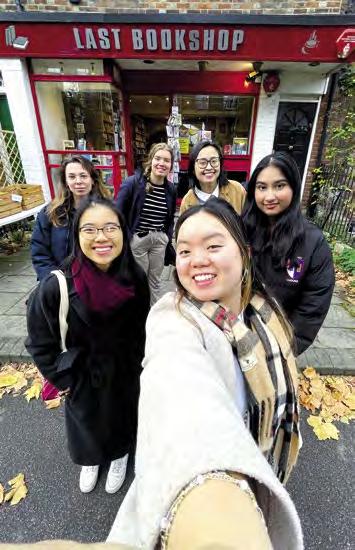
Looking ahead to Trinity term, our focus will be on thriving, even as the pressure of deadlines and exams ramps up. Although I’m under strict instructions
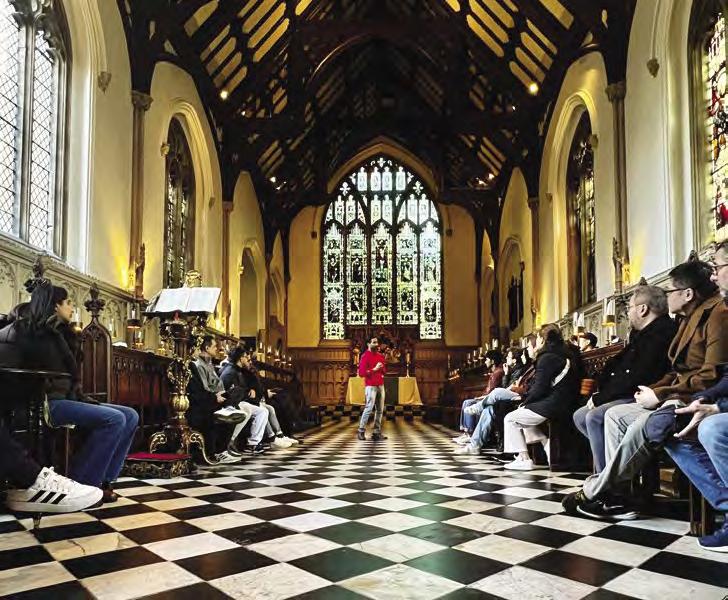
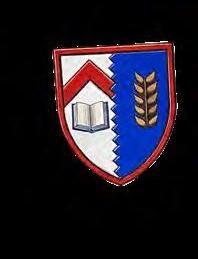



It’s a familiar sight to see the crests of Oxford Colleges on proudly flown flags, and adorning college gates. When Kellogg College came into being, it was decided it should be no exception, and should set about creating its own strong identity.
The Governing Body realised that much work would need to be done to establish it within the family of Oxford Colleges. One of the first decisions made was that its colours should be royal blue and white. (See the story in the last issue of Connect.)
The next step on our path to establishing the College’s identity was to design a College shield. This took a number of years and many iterations. We were helped in this by Martin Lewis of the design firm Lewis Designs. The many early design boards are kept in the Archive. (Anyone for a green squirrel as a symbol?!).

Governing Body, after protracted discussion, finally decided on the design we now have, and submitted it to the College of Arms for approval. After consultations with Bluemantle Pursuivant, Mr Robert Noel, of the College of Arms, and following a memorable dinner with him at Kellogg, the College received from the College of Arms its Letters Patent for the shield in April 1999. In the words of Bluemantle Pursuivant: “… the College’s heraldic persona has now been expressed in paint and vellum and scrivener’s ink ….”
The accompanying photograph is of the official document, complete with wax seals. The more modern rendition of the crest is well known to College Members, but few may have seen this traditional image.
The colours are the blue and white of the College with a deep red added for aesthetic reasons and yellow/gold for the ear of corn. The symbols represent the following:
• the shield is divided in two to represent the association of the College with its original benefactor;
• the eleven points of the dividing line represent the eleven Founding Fellows;
• on the left side, the arch/chevron represents the ancient arch of Rewley Abbey and, therefore, Rewley House, out of which Kellogg grew;
• the open book below the chevron represents learning;
• on the right side, the ear of corn represents the WK Kellogg Foundation, the College’s benefactor.
The College of Arms formal description of the shield is: Per pale indented argent and azure on the argent a chevron enhanced gules in base a book azure leaved argent on the azure an ear of wheat palewise or the whole with a bordered gules.
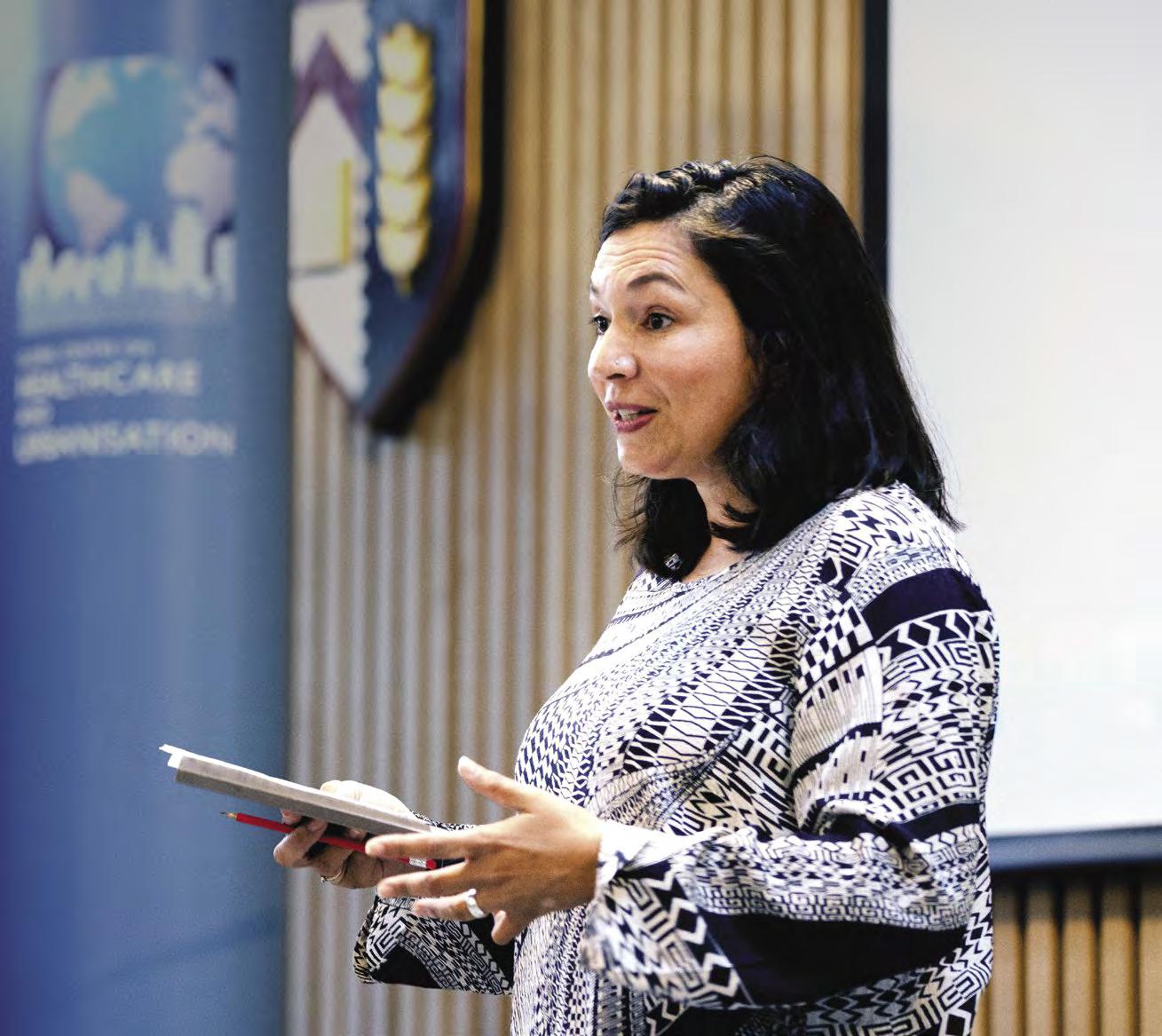
Kellogg Vice President, Professor Yasmin Khan, is a multi-faceted scholar, writer, broadcaster, and – latterly – novelist. But first and foremost, she is a historian to the core.
Yasmin Khan is a celebrated historian and writer who has been a Kellogg Fellow since 2012. Drawn to Oxford by the unparalleled quality of its libraries and Kellogg’s dedication to lifelong learning, she describes her connection with the college as deeply meaningful. “I was drawn back to Oxford by an appreciation of the quality of the libraries and felt at one with Kellogg College’s commitment to supporting lifelong learning,” she explains. Yasmin also values the interdisciplinary nature of the college, emphasising how “you can learn from other academics and fellows, and not just about history. It’s important to think about history in a multi-dimensional way: how buildings, landscapes, and natural resources can influence events.”
Currently a Professor of Modern History based in the Department for Continuing Education and a member of the History Faculty, Yasmin’s research centers on the history of the British Empire and South Asia. She is particularly interested in the decolonisation of South Asia, the experiences of refugees, and the aftermath of empire. In her current work she is turning her attention to British military history, including the imperial dimensions of conflicts and the critical contributions of non-European combatants since the nineteenth century.
Yasmin Khan sees her work and research as one of the strands in the study of global and imperial history. With a mixed heritage through an Irish mother and Pakistani father, this global
‘It’s important to think about history in a multi-dimensional way: how buildings, landscapes, and natural resources can influence events.’
— Professor Yasmin Khan
outlook is perhaps to be expected, as well as her particular interest in how empire impacted India and Pakistan, and the connection between Irish and Asian relationships with the British empire in the 20th century.
Yasmin’s ability to communicate is far from being restricted to pure academia. She wants history, and the understanding of history to be accessible. ‘History is storytelling’ she muses. ‘That makes it a powerful way to connect with people. That power can be exercised in different ways, we have to remember. Investigating family history can be rewarding and empowering for individuals. For example, it provides a connection with the cultural influences and social change that make people who they are. We should also be aware though, that the storytelling in history can be used for political purposes. We need to be aware of who controls the narrative, and constantly re-examine the evidence that shapes our understanding of political events.’
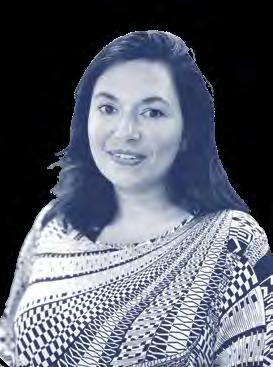
Continues on next page.
That constant learning and discovery is another reason why Yasmin so enjoys the Oxford environment. ‘Oxford is so multinational, you get to talk and work with a wonderful array of people. It’s important to embrace languages and cultures and to know localities you are writing about, otherwise you leave yourself open to making inaccurate generalisations or misunderstanding local influences.’
This constant curiosity and passion for the subject has led Yasmin into many unexpected places including visiting a car factory and spending time on a ship in Mumbai. It has also been the stimulus for her to engage with the wider community beyond academia.
As well as publishing in learned journals including History Workshop Journal (on whose Editorial Board she serves), Yasmin has given public lectures and talks in the UK, Nepal, India, Pakistan, and the USA. She has contributed to media including the Guardian, BBC Radio and Channel 4 News and has presented several BBC TV series. She has been long-listed for prizes including the Orwell Prize, the Authors’ Club of Great Britain First Novel Prize, the PEN Hesell-Tiltman, and has won the Gladstone Prize for history and a Royal Television society award.
In a climate where the value of Humanities courses is being questioned, Yasmin is quick to champion the value of history. ‘The UK has arguably always punched above its weight when it comes to creative industries’ she observes. ‘A lot of creative outputs
that we see on film or our TV screens are underpinned by historical research and understanding. Writers, costume designers, choreographers, prop and set designers, as well as actors, all benefit from the historical research available to inform their understanding. In that respect History more than earns its keep alongside the sciences and professions. It’s easy to forget that and take it for granted.’
While championing her discipline though she does caution against some well-known shibboleths: firstly, by understanding the past, historians can’t predict the future; and secondly, history does not repeat itself.
‘What we historians are good at’, she concludes ‘is seeing the big economic, social and political drivers; the big picture beyond the personality- or detail-driven narratives we see in our daily media.’
Her work, both within and beyond Kellogg College, demonstrates her commitment to applying that skill to make history a tool for engagement, learning, and transformation.

Given that Dr Nayia Petousi is a Senior Clinical Research Fellow, member of Kellogg, and Consultant Respiratory Physician in the University’s Nuffield Department of Medicine, a mentor and supervisor to two DPhil students, and a mother of two children aged 3 and 9, it would only be a sense of irony that stops you describing her schedule as ‘breathless’.

‘It is rather full on’ she concedes, joking that ‘the clinical and the research is supposed to be a 50/50 split but sometimes it feels like 60/60!’
Nayia is new to Kellogg, and while her clinical work and lab-based research prevents her from being too regular a visitor, she very much values the community spirit when she can drop by. ‘Kellogg is full of so many inter-
esting people – related to my own field, and across so many interests and disciplines. It’s a real treasure trove of conversations and personalities’ she observes. Additionally, she thoroughly enjoys her role as a College Advisor to Kellogg students studying for DPhil or Masters degrees.
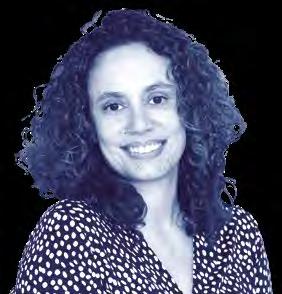
Continues on next page.
It’s hardly surprising that Nayia enjoys these encounters, as collaboration is at the heart of her professional career. ‘I’m currently working on new methodologies that will allow us to improve the diagnosis of respiratory diseases, such as asthma and COPD, and aid us in making the diagnoses sooner. There is an extensive collaboration of respiratory specialists, physiologists, and basic scientists, examining possibilities through research and clinical practice. Improved patient outcomes is the goal, and the work is immensely rewarding.’
‘As a clinician it is rewarding to see the therapies you develop and the care you give lead to an improvement in patient health and clinical outcomes. On the academic side it is just as rewarding to mentor and guide the research nurses and clinical fellows of tomorrow, and be part of the great academic collaboration making progress in health care.’
— Dr Nayia Petousi
Though medicine always figured prominently on Nayia’s horizons, research was not necessarily an expected career thread. She grew up in Cyprus, where there was no medical school, so she knew pursuing that career would mean leaving the island nation. She set her sights high, and applied to the University of Cambridge.
‘I was thrilled to be accepted. But I shall forever remember the Cambridge interview which was not at all what I had expected. It was rigorous, but not at all the kind of examination I was used to.’
After the five-year medicine programme at Cambridge, Nayia had the opportunity to pursue research interests, and had her first encounter with the ‘other’ university in Oxford. ‘I was attracted by the strengths of the Department of Physiology and fascinated by the research field of hypoxia. When it became time to embark on her DPhil in 2009, Oxford was Nayia’s preferred destination. Her DPhil was supervised by Professors Sir Peter Ratcliffe and Peter Robbins. She clearly has a high regard and affection for both of them, and their support and influence.
That’s one of the satisfactions she finds in her own career. ‘As a clinician it is rewarding to see the therapies you develop and the care you give lead to
an improvement in patient health and clinical outcomes. On the academic side it is just as rewarding to mentor and guide the research nurses and clinical fellows of tomorrow, and be part of the great academic collaboration making progress in health care.’
And in her clinical life, Nayia is placed in the vanguard of that progress. During the COVID-19 pandemic she was released from academic concerns for six months and worked in a highdependency unit. Though for some the pandemic is past, Nayia continues to research ‘long COVID’ and its impact on the respiratory system.
Of course, Nayia is not defined as a person by her clinical or academic role. As mentioned, she is also a mother. Was that difficult to reconcile with her career? ‘There are challenges’ she concedes. ‘I don’t think it held me back much, but there is definitely a gender gap in academic medicine. In med school the male and female numbers are roughly in balance, but at the top of the pyramid we see the percentage of women tail off. We need to address that.’
Some compromises though have been inevitable: ‘My love of music and choir singing has had to fall by the wayside’ she acknowledges. ‘Maybe I’ll come back to them when I can pause for breath!’.

‘...there is definitely a gender gap in academic medicine. In med school the male and female numbers are roughly in balance, but at the top of the pyramid we see the percentage of women tail off. We need to address that.’
— Dr Nayia Petousi

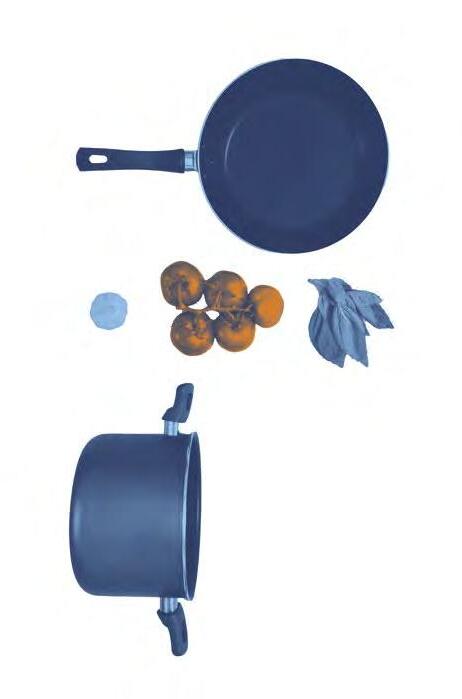




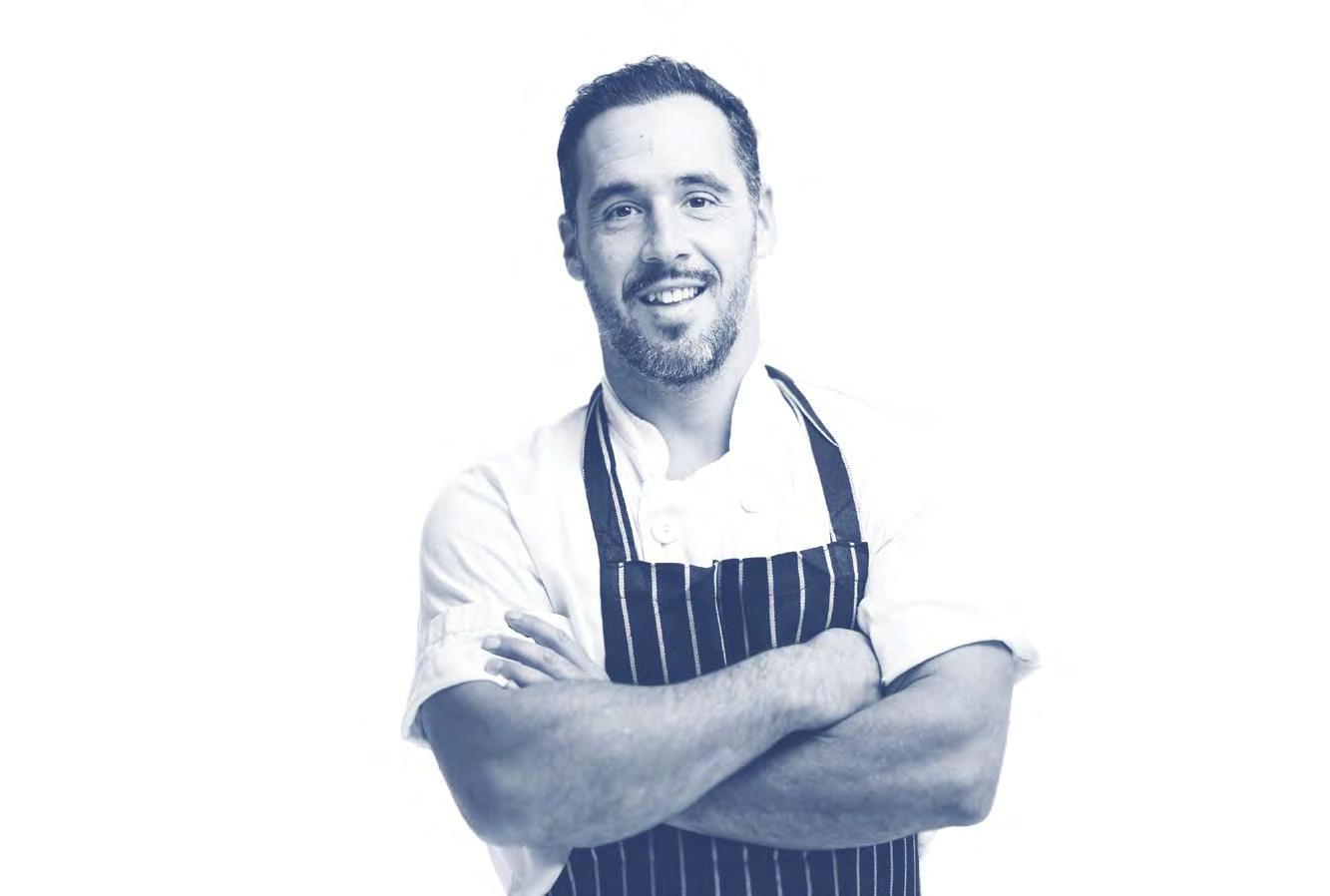

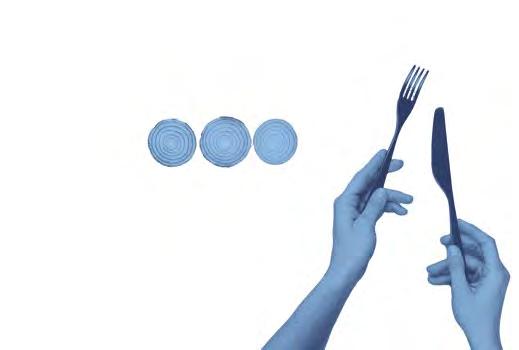



Meet Alejandro Falla, a key ingredient in Kellogg’s reputation for culinary excellence
What is your role at Kellogg?
As a Sous Chef, I support the Head Chef in overseeing daily kitchen operations. My role includes managing service times, ensuring quality and consistency in every dish, and fostering a positive, efficient team environment.
Where are you from originally, and how did you come to be living in Oxford?
I’m originally from Spain and moved to Oxford in 2015 in search of new opportunities. At the time, I was uncertain about my future, but working as a kitchen porter changed everything. I immersed myself in cooking, and it became my passion. Over the years, I gained experience in some of Oxford’s top college kitchens, steadily working my way up. Now, Oxford is my home, and cooking is my life.
What do you enjoy most about working at Kellogg?
The energy and atmosphere in the kitchen make Kellogg special. We have a talented, supportive team where discipline and enjoyment go hand in
hand. I also appreciate being part of a growing college with a shared ambition for excellence. The collaborative spirit across the college makes a real difference.
Kellogg is proud of its kitchen’s reputation for fine food. How has the team achieved this?
Our high standards stem from strong leadership, teamwork, and creativity. The Head Chef ensures everything is well-organised, setting a high bar for quality and consistency. Personally, I love incorporating Mediterranean flavours and blending them with international influences. Each team member brings their unique culinary background, allowing us to innovate and reflect Kellogg’s multicultural environment in our dishes.
What’s your career ambition?
I am focused on continuous growth, whether in the UK or beyond. My goal is to refine my skills, explore diverse culinary influences, and create innovative dishes. Leadership is also important to me—I enjoy guiding a team, fostering a positive work culture, and helping others develop. In the future, I see myself leading a kitchen, launching a project, or contributing to a creative, high-standard culinary space.
Do you have a hobby or interest that might surprise people?
I have a strong passion for sports, especially football, cross-fit, and outdoor activities like hiking. These help me stay disciplined and focused— qualities that translate into my work as a chef. People might be surprised at how much I enjoy pushing my limits, whether in training or in my career. I thrive on continuous learning, growth, and new challenges.
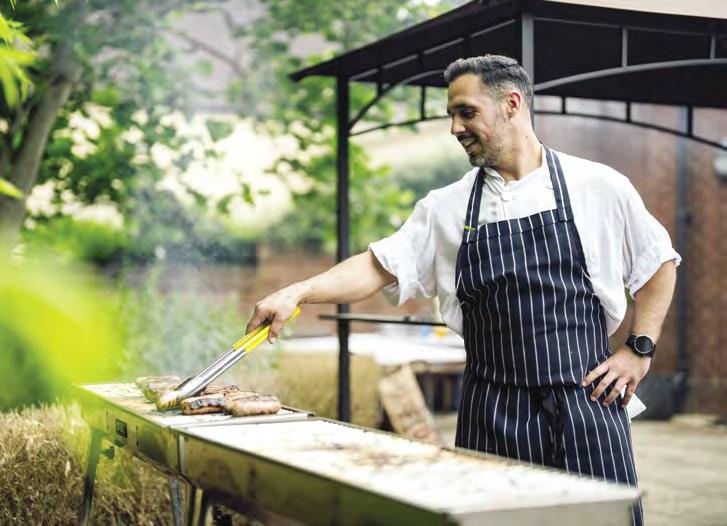
Kellogg College members enrich the world through their contributions to their disciplines, and the research and analysis they publish as part of that process. Two recent publications highlight this, across very different fields.
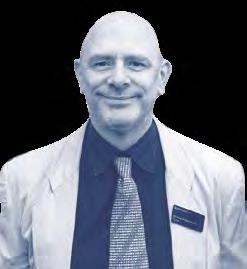
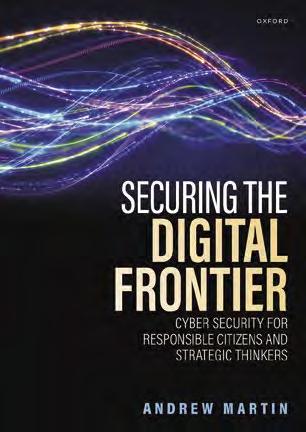
Professor Andrew Martin’s book is a crucial guide to understanding cybersecurity’s complexities and risks. As billions of devices interconnect, security vulnerabilities grow, making informed decision-making essential. Andrew Martin explores these challenges, along with current partial solutions.
Rather than offering simple answers, the book systematically examines sixteen dimensions of cybersecurity. It covers encryption’s role in safeguarding communications, software vulnerabilities, and the interplay between privacy and security. Martin also explores cybersecurity’s legal and geopolitical aspects, questioning how national laws can offer protection in a borderless digital world. The book addresses pressing issues such as persistent programming errors, encryption laws, and password security requirements.
What sets this work apart is its accessibility to a broad audience. Whilst grounded in academic rigour, Andrew Martin ensures that non-experts—business leaders, policymakers, and concerned citizens—can grasp the critical issues. He simplifies often contradictory cybersecurity advice, providing a structured approach to understanding digital risks.
Ultimately, Securing the Digital Frontier does not claim to eliminate cyber threats but encourages readers to engage with cybersecurity’s complexities. By equipping them with essential knowledge, Andrew Martin’s work offers an important contribution to the evolving discourse on responsible digital governance and security strategy.
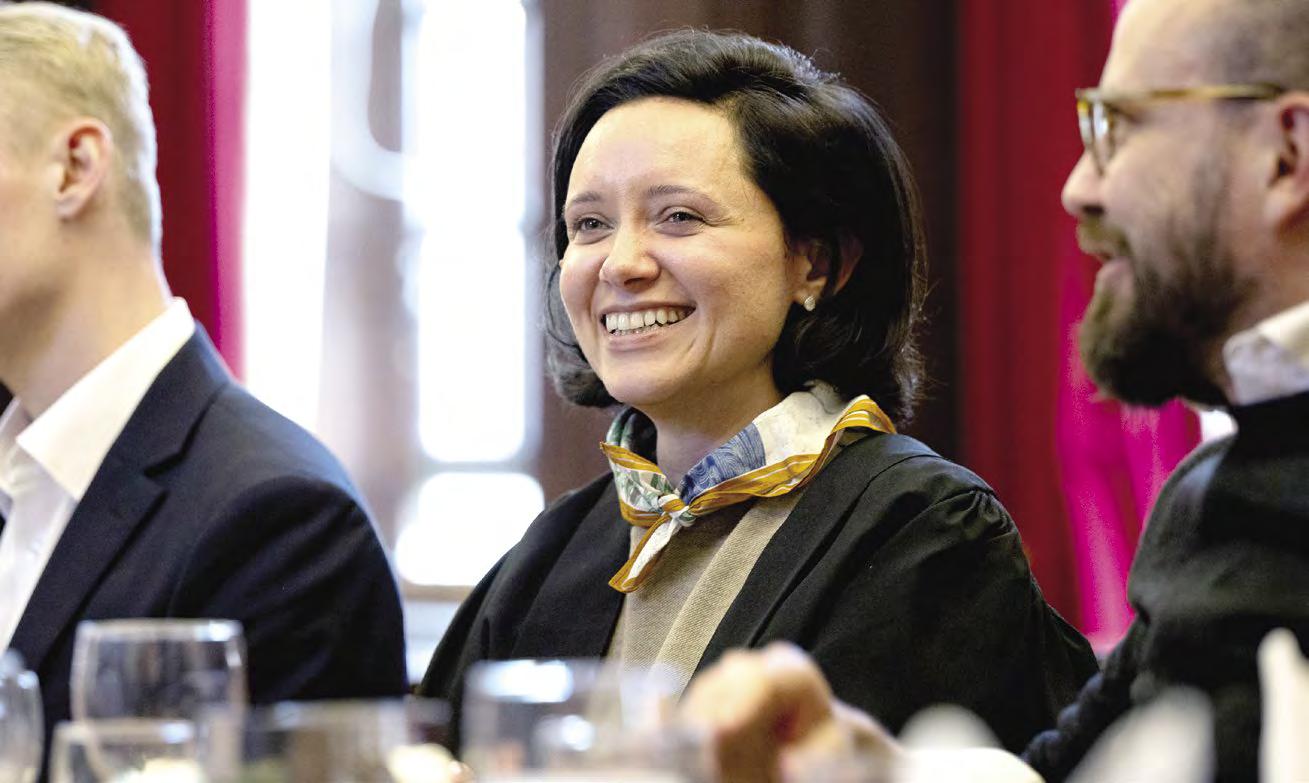
Dr Nihan Akyelken’s book provides a detailed examination of women’s mobility patterns in Turkey, and the socio-economic implications of these. Published in 2024, the book explores how transportation access, labour market participation, and gendered norms shape women’s work and mobility, addressing key issues of inequality, infrastructure, and agency.
Drawing on extensive field research, Akyelken employs both qualitative and quantitative methods to analyse the relationship between gender, mobility, and economic structures. The book challenges traditional public-private distinctions, showing how mobility can empower and constrain women simultaneously. By integrating perspectives from urban planning, labour economics, and gender studies, Akyelken offers an interdisciplinary approach beneficial to scholars, policymakers, and practitioners alike.
The book’s significance was underscored at a June 2024 launch event at Kellogg College, featuring Dr Debbie Hopkins, Dr Isabel Ruiz, and Dr Valentina Montoya Robledo who discussed the book’s exploration of mobility and labour dynamics, gendered care responsibilities, and broader themes of inequality and forced migration. With its rigorous empirical approach and interdisciplinary scope, Women, Work and Mobilities makes a vital contribution to discussions on gender and economic inclusion. Nihan Akyelken’s work advances academic debate whilst also offering practical insights for more equitable mobility and labour policies.
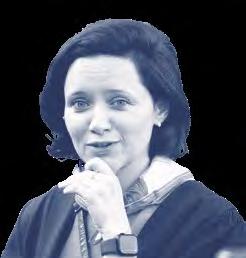
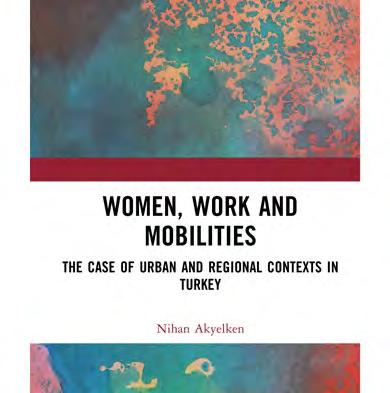

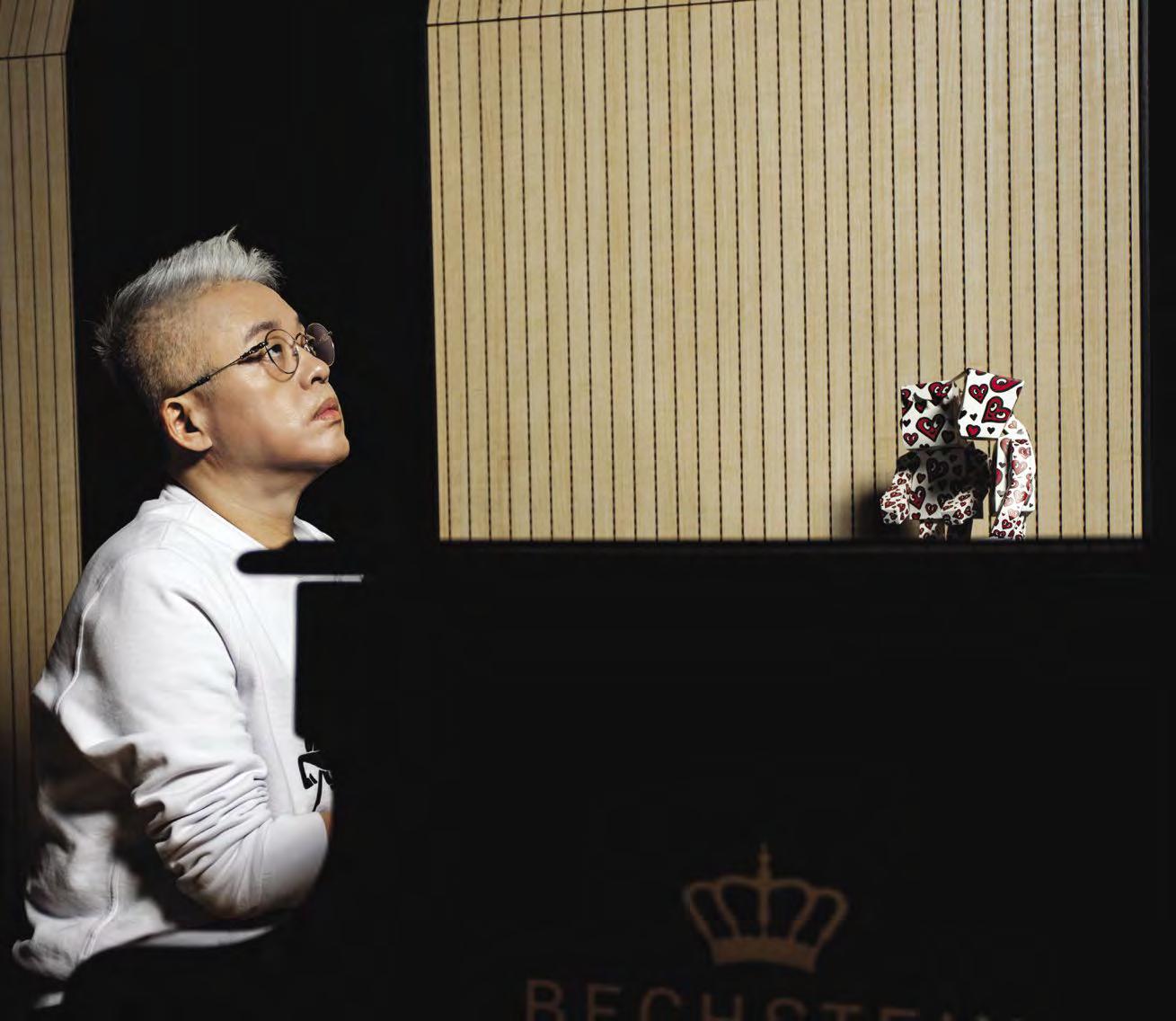
Academia often attracts a reputation for being dry and strait-laced, but Humanities Visitor, Professor Hyung-Suk Kim, is rewriting the script with an exciting blend of intellectual rigour and musical brilliance.
In a rapidly evolving musical landscape, where artificial intelligence and digital tools are reshaping composition, Hyung-Suk Kim has dedicated his career to both creating and educating. With a deep-rooted philosophy that music is essentially a sequence, he has mentored and influenced musicians, including prominent
figures in K-pop such as Park Jin-young (JYP). He believes that rhythm, harmony, and melody form the foundation of music, and since these elements follow patterns that can be analysed, AI has begun to generate new compositions based on vast musical data.
‘In the past, composing required
playing an instrument, but now, MIDI programmes allow musicians to create music without instrumental skills,’ he explains. ‘AI further simplifies this process, making it easier for creators to bring their visions to life.’ However, as technology lowers barriers to music creation, he emphasises that authenticity, storytelling, and artistic vision remain crucial. Rather than seeing AI as a threat, he views it as a tool that expands creative possibilities.
Drawing inspiration from a range of musical traditions, he cites Chopin, Erik Satie, Debussy, and Béla Bartók as key influences in his compositional style. ‘Chopin taught me about harmonic and melodic richness, while Satie showed me the power of minimalism,’ he says. ‘Debussy freed music from rigid structures, allowing for a more fluid and colourful expression. Meanwhile, Bartók’s use of folk elements and unconventional rhythms pushed me to explore deeper sonic textures.’
Beyond classical music, he acknowledges the impact of contemporary artists such as David Foster, The Beatles, Honne, Charlie Puth, Ed Sheeran, and Adele. ‘The Beatles changed the way I think about music. They weren’t just a pop band; they fused rock, classical, blues, and jazz to create something entirely their own,’ he remarks. He admires Honne’s dreamy sound design, Charlie Puth’s intricate chord progressions, Ed Sheeran’s storytelling, and Adele’s raw emotional power. For him, music transcends genres and generations—what matters is the time-
less emotion and originality behind each piece.
Music, he believes, serves as the world’s universal language, connecting people across cultures and histories. ‘Through music, we share our identities, and as different traditions blend, new genres and creative expressions emerge,’ he says. More than just an
art form, music is a platform for social messages, fostering community and empathy.
The rise of K-pop exemplifies music’s role in global cultural exchange. ‘Fans worldwide connect with K-pop not only
Continues on next page.
‘Through music, we share our identities, and as different traditions blend, new genres and creative expressions emerge’
—
Professor Hyung-Suk Kim


because of its melodies but because of its ability to transcend language barriers,’ he explains. ‘K-pop is more than a genre— it’s an immersive cultural experience that blends Western and Korean influences.’ The global success of artists like BTS, who address themes of self-love and mental health, demonstrates how music can inspire and unite people beyond entertainment.
‘In today’s world, where conflicts and divisions are rising, music can play a crucial role in healing and bridging divides,’ he asserts. ‘It’s one of the purest and most powerful forces for humanity to coexist.’
His journey to Oxford University was an unexpected one, beginning at Stanford University, where he participated in an educational documentary about K-pop.
‘Stanford’s initiative pushed K-pop beyond entertainment and into academic research,’ he recalls. Realising the lack of a solid academic framework for K-pop, he became passionate about advocating for its systematic study.
His connection to Oxford deepened when he collaborated with Professor Jieun Kiaer on a lecture and K-pop concert at the historic Sheldonian Theatre. Additionally, he worked on the ‘Ganada Song,’ designed to help international learners study Hangeul through music. ‘Many K-pop fans want to learn Korean, and I was excited to contribute to a project combining music, language, and education,’ he explains.
As part of his commitment to K-pop’s academic recognition, he announced that he would not exercise his copyright over the 1,400–1,500 songs he had composed, making them freely available for research. ‘K-pop is not just entertainment; it’s a cultural and academic subject worthy of serious study,’ he states.
Although new to Oxford, he found a sense of belonging at Kellogg College
after only one visit. ‘At first, Oxford’s tutorial-based system felt daunting, but Kellogg provided a welcoming and supportive space,’ he says. He appreciates the College’s forward-thinking approach, particularly its emphasis on online learning and flexible study models. He bought a Kellogg hoodie which he describes as a small yet meaningful gesture of belonging. ‘Oxford can be overwhelming, but Kellogg has given me a sense of famil-
‘In today’s world, where conflicts and divisions are rising, music can play a crucial role in healing and bridging divides,’ he asserts. ‘It’s one of the purest and most powerful forces for humanity to coexist.’
— Professor Hyung-Suk Kim
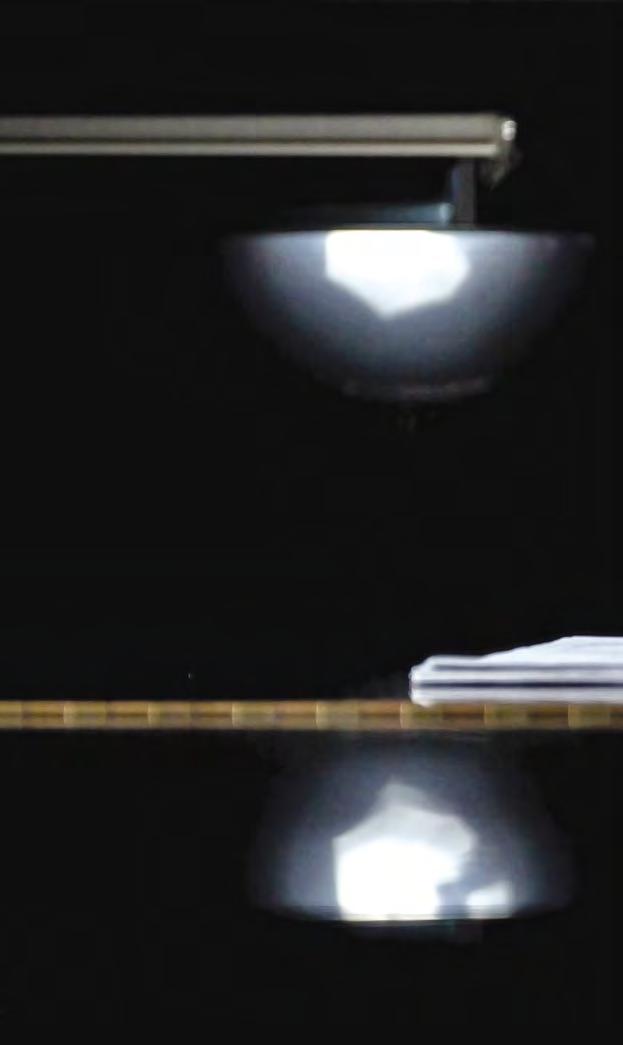

iarity and community,’ he reflects.
Looking ahead, he envisions a transformative educational initiative: the creation of a new kind of school. ‘My next goal isn’t just to build a school— it’s to create a type of school that has never existed before,’ he reveals. This institution, based in South Korea, will offer opportunities to talented young artists across Asia, particularly those lacking access to resources. ‘I want to
support these young artists, help them grow, and empower them to become global creators,’ he says.
As AI and technology reshape creative industries, he stresses that arts education must evolve. ‘It’s no longer just about technical skills; the future demands imagination, creativity, and philosophical depth,’ he explains. ‘Art isn’t just for a select few—it’s a tool for everyone to think creatively and engage
with the world in meaningful ways. It’s not just about educating for the arts it’s about educating through the arts.’
Despite his passion for education, he remains committed to his own artistic journey. ‘Being a creator is central to who I am. I see the world through my art, and I dream of a future where creativity continues to inspire and connect us all,’ he concludes.

In my Foreword to this issue of Connect, I reflect on the progress we made in our last five-year strategic plan, which has set the stage for our plans for the next five years. A major breakthrough came towards the end of the previous plan with two key agreements with the University.
The first agreement granted us five villas on the west side of Banbury Road, opposite our current ‘island site,’ along with the land behind them. This will allow us to build four new student residences. The second agreement gave us access to 2, 4, and 6 Bradmore Road. As a result, we begin this new five-year plan with students living at 49 and 55 Banbury Road, plus 2, 4, and 6 Bradmore Road—accommodating nearly 50 more students on-site.
Next year, we will acquire and renovate 51 Banbury Road and start constructing the new student residences. This will finally allow us to host the critical mass of students on-site that we have long aimed for. Leading the effort to enhance academic life and student well-being will be our Senior Tutor, Professor Sandie Byrne, and Welfare Dean, Professor Clare Bankhead.
Our new strategic plan, covering 202425 to 2028-29, will greatly improve
our college community and facilities. It will also pave the way for the next five-year plan, which we hope will complete our ‘island site’ and further develop our ‘west campus.’ Our vision is to create a welcoming home for our college community, including alumni. These developments will also allow us to host more international conferences, summer schools, and other events, strengthening our college’s role as a global hub for academic and social impact.
This represents a unique opportunity to support a transformational development for our college and university. I encourage you to get involved—whether through financial contributions, or by introducing Kellogg to others who might contribute. Every bit of support is valuable and appreciated. There are also fantastic naming opportunities for rooms, villas, and new buildings to recognise those making this possible.
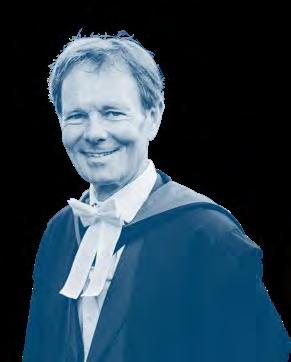
Funding is needed not just for renovations and new buildings, but also to ensure the highest standards of environmental sustainability and student welfare. If you can help in any way, please reach out—you know where to find me!
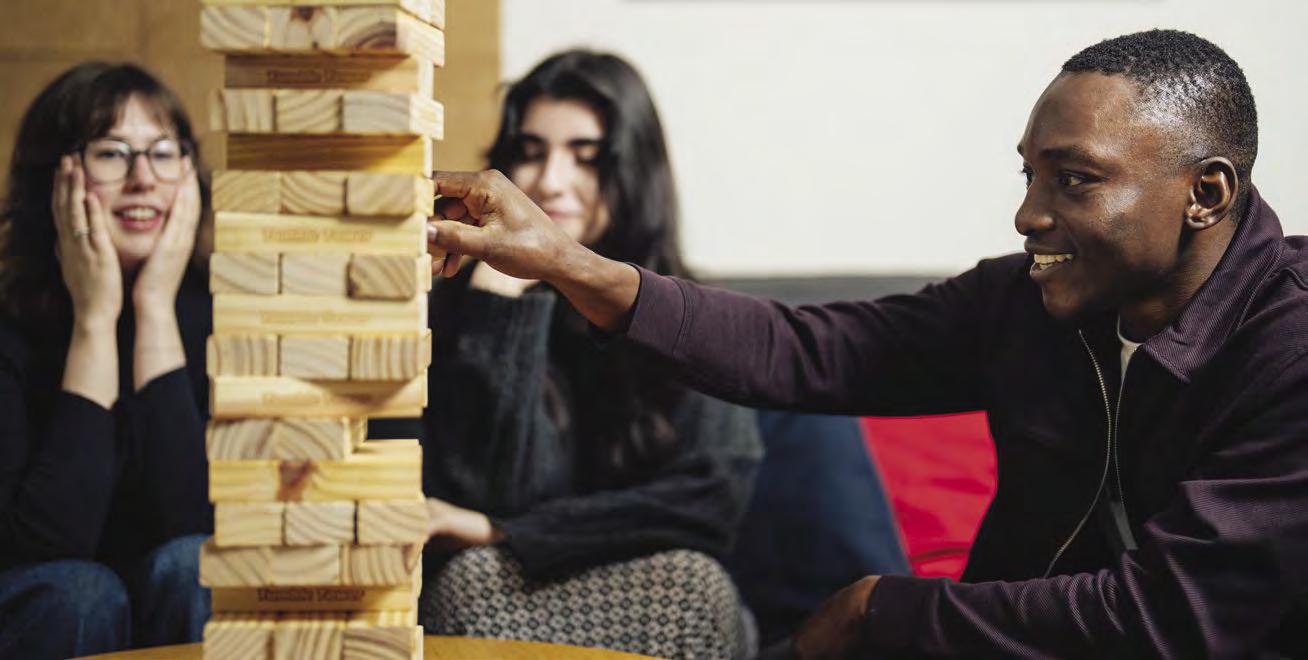
Kellogg College continues to grow, both in campus expansion and student numbers. Last academic year, we created the role of Welfare Dean to work alongside the College Dean. I am honoured to take on this role and enjoy working with staff, fellows, and students to enhance the student experience.
We have doubled the number of Junior Deans from two to four and are increasing our trained Peer Supporters. Our LGBTQ+ Fellow and Racial Justice and Equality Fellow also work with me to provide guidance and support to students and all College members.
The MCR Committee plays a key role in student support. The College has
increased the MCR budget, calculated on a student FTE basis, allowing for a varied and busy term card of events. Our weekly Well-being Tea and Cake (and fruit!) session continues every Wednesday from 4 to 5 pm during term time, open to all College members.
Each year, we host a Well-being Week with events focused on mental and physical health. This year’s activities included dance, yoga, cooking, and a visit from the much-loved alpacas.
Kellogg’s Artist in Residence, Joy Richardson, regularly engages with the college community, encouraging students to explore art as a form of relaxation and self-expression.
To provide additional IT and audiovisual support, we have created two new positions: a maintenance technician and an IT/AV apprentice support role.
As you’ll see from this and other articles, the Kellogg community works together to build strong academic and pastoral support systems. Our expansion allows us to welcome more students and create a critical mass of full-time students living on-site. This, in turn, strengthens academic, cultural, social, networking, and sporting events— enhancing student welfare. This strategy is already proving successful, and our new five-year strategic plan will further build on these efforts.

‘Once their pencil touches the paper, something magical happens’


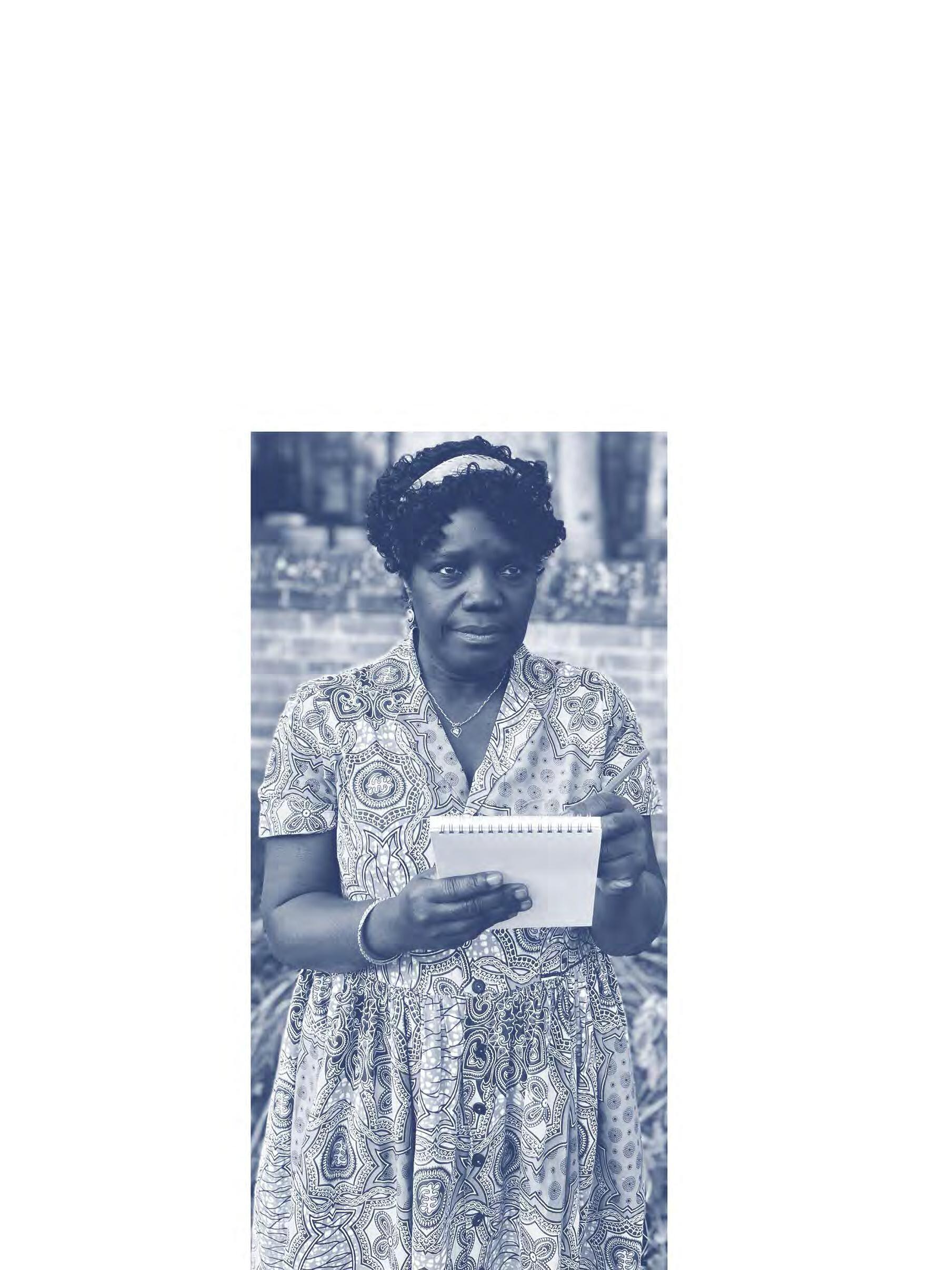
In the heart of Kellogg Gardens, the Art/Nature Project blends art, nature, and community to support mental well-being. Created by Joy Richardson, this series of pop-up drawing sessions invites people to connect with nature and each other through drawing.
‘I wanted to bring people together,’ Joy explains. Kellogg Gardens, with its natural beauty, provides the perfect setting for this creative and therapeutic experience.
Throughout each term, Joy sets up in the gardens with pencils and paper, inviting passersby to join. Many are hesitant at first, but as they begin sketching, their confidence grows.
‘Once their pencil touches the paper, something magical happens,’ Joy says. Laughter and conversation soon fill the space, turning a simple activity into a shared experience.
The project’s goal is to encourage creativity, mindfulness, and connection, free from judgment or expectation. It allows participants to pause, pay attention to nature, and embrace the therapeutic benefits of both drawing and the outdoors. The Kellogg Gardens enhance the experience, offering a peaceful space surrounded by greenery, flowers, and characterful architecture. Nature itself is known to reduce stress, improve mood, and boost focus. Drawing in such a setting fosters relaxation and mindfulness.
The pop-up format adds to its charm. As a spontaneous event, it sparks curi-
osity and attracts a diverse group of participants. The temporary nature of the sessions creates a sense of excitement, leading to new connections and conversations.

Feedback has been overwhelmingly positive, with many feeling more relaxed and energised afterward. ‘I’d love for everyone at Kellogg to make drawing a regular activity,’ says Joy. With Kellogg’s support, this initiative continues to bring the community together through creativity and well-being.

Professor Sandie Byrne, Senior Tutor
With more students and improved facilities, we can further invest in academic excellence and inclusivity through our research centers and other initiatives.
To help students settle in, we offer three weeks of welcome events at the start of each academic year. This year, we added more induction dinners and events to provide extra opportunities for students to adjust to Oxford and college life. We also invested over £2 million in a kitchen extension to increase catering capacity. Lunchtime hours have been extended, and additional staff hired to support the demand.

Beyond the Dining Hall, students can use the Hub café and common room—Oxford University’s first Passivhaus-certified building. In response to growing student numbers, we are extending the Hub Café’s hours. The Hub remains open 24/7 as a study space and common room.
We plan to invest further in library and study facilities and expand our scholar-
Office and Communications team collaborate regularly to promote events effectively.
We have launched a ‘Writer in Residence’ programme, funded by the Royal Literary Fund (RLF). The RLF Fellow offers one-on-one writing advice and termly workshops for students. Although the Fellow changes each year, past Fellows remain college members, creating a growing community of ‘writers in residence.’
With more students, we established five new groups this year, bringing the total to nine representative sports and recreation clubs. We have also begun form-
We plan to invest further in library and study facilities and expand our scholarship and student support funds.
– Professor Sandie Byrne
ship and student support funds. We have also increased the number of College Advisors and will continue doing so to ensure that, despite growing student numbers, the student-to-advisor ratio decreases.
The Kellogg MCR Committee is strong and active, working closely with the Academic Office to ensure a full range of student events. The Academic
ing a college choir, made possible by philanthropic support. Hilary Campbell, an outstanding Music Director, was appointed in Hilary Term 2025 to lead the project. These initiatives will continue to grow in the coming years.
Photo: Oxford Atelier





‘No people are uninteresting. Their fate is like the chronicle of planets.’
— Mishal Husain
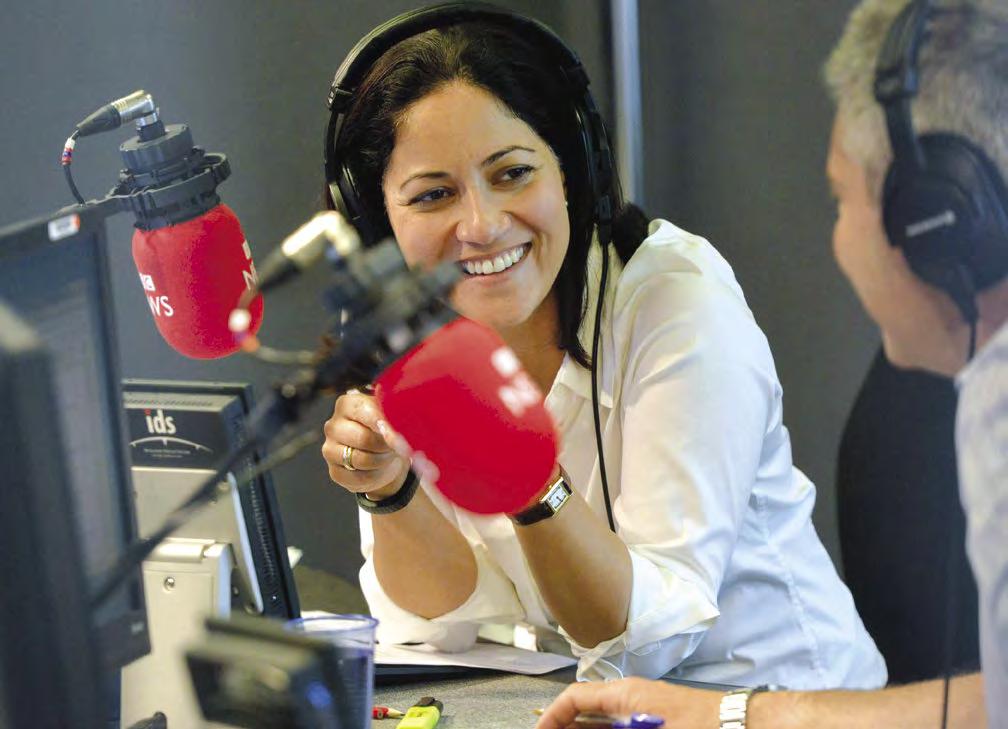
The Bynum Tudor Fellowship is an integral part of the College’s mission to engage with influential thinkers and experienced practitioners in business, policy-making, and culture. This year, journalist and broadcaster Mishal Husain has been elected to its prestigious ranks.
Mishal Husain is one of the most distinguished and respected journalists in the UK, renowned for her incisive interviewing style, calm authority, and ability to tackle complex issues with clarity. A presenter on BBC Radio 4’s flagship program, Today, from 2013 to 2024, Husain has carved out a remarkable career that reflects her deep commitment to journalism’s highest
principles: informing, challenging, and inspiring her audience. Beneath her polished professionalism lies a story of personal motivation shaped by her upbringing, her family’s journey across continents, and her academic pursuits, which have all profoundly influenced her career trajectory.
Born in Northampton in 1973 to
Pakistani parents, Husain’s early life was marked by the experience of cultural duality. Her family relocated to the United Arab Emirates when she was a child, giving her firsthand exposure to life in a multicultural and politically dynamic region. This early immersion in a global environment sparked her interest in international affairs and sharpened her awareness of the interconnectedness of the world. Husain has often spoken about the influence her parents had on her, particularly their emphasis on education and hard work. Her father, a doctor, and her mother, a teacher, instilled in her a sense of discipline and a belief in the transformative power of learning.
Continues on next page.
Education was indeed a cornerstone of Husain’s development. After attending school in Abu Dhabi and later in the UK, she read Law at Cambridge. Her time there was pivotal in shaping her intellectual curiosity and analytical skills. She later pursued a Master’s degree in International and Comparative Law at the European University Institute in Florence, further deepening her understanding of global systems and governance. This academic grounding in law and international relations provided her with a unique lens through which to view the world—a perspective that has become a hallmark of her journalistic approach.
Husain’s decision to enter journalism was driven by a desire to tell stories that matter and to bridge the gap between complex global issues and everyday audiences. She began her career at Bloomberg Television before joining the BBC in 1998. Over the years, she has reported from some of the world’s most challenging environments, including Pakistan, Iraq, and Afghanistan. Her coverage has always been marked by a sensitivity to the human dimension of the stories she tells.
What sets Husain apart as a journalist is her ability to combine intellectual rigor with emotional intelligence. Yet, she also brings empathy and nuance to her conversations, recognising the complexity of the issues and the humanity of her subjects. Her versatility as a broadcaster is evident in her wide-ranging portfolio, which includes presenting BBC News at Ten, BBC World News, and documentaries such as Malala:
‘I grew up in a family living neither in the country in which my parents had grown up, nor where we would later settle. We were expats, part of a diaspora, and keeping up with the news was how you stayed connected, and grounded. I think that’s where journalism began for me, because I saw it as an essential part of life.’
— Mishal Husain
Shot for Going to School, a poignant exploration of Malala Yousafzai’s story. She is currently working on a new global interview show for Bloomberg, to be available across audio, video, and social media platforms.
Husain’s personal motivations are deeply rooted in her identity and experiences. As a British Asian woman in a profession historically dominated by white men, she has often found herself navigating questions of representation and diversity. While she has consistently downplayed labels and resisted being pigeonholed, she acknowledges the importance of visibility and the need to challenge stereotypes. Her presence on programmes like Today sends a powerful message about the evolving face of British media, and she has become a role model for aspiring journalists from underrepresented backgrounds.
In her 2018 book, The Skills: How to Win
at Work, Husain offered insights into her career journey and practical advice for navigating the professional world. The book reflects her commitment to empowering others, particularly women, to pursue their ambitions with confidence and resilience. Drawing on her own experiences, she explored the importance of preparation, perseverance, and self-belief, themes that resonate across her career.
Husain’s driving force as a journalist can be traced back to a profound sense of curiosity and a desire to contribute to the public good. She views journalism not merely as a profession but as a responsibility—a means of holding power to account and amplifying voices that might otherwise go unheard. This sense of purpose has sustained her through the challenges of a demanding career, from the relentless pace of daily news to the pressures of live broadcasting.

Constantly busy, Mishal won the Charles Wheeler Award for Outstanding Contribution to British Journalism in 2024, and her second book, Broken Threads: A Family From Empire to Independence, is about to be released in paperback. Despite her many accolades, including being named Broadcaster of the Year by the London Press Club in 2015, Husain remains remarkably grounded. She has spoken about the importance of balancing her professional and personal life, particularly as a mother of three. Her ability to juggle these roles with grace and determination is yet another testament to her resilience and adaptability.
Husain’s links to academia remain strong, not only through her own educational background but also through her contributions to public discourse on issues such as diversity, leadership, and the role of the media in a changing world. She has delivered lectures
and participated in panel discussions at Oxford and the London School of Economics, where she shares her insights and inspires the next generation of thinkers and leaders.
Mishal Husain’s career is a testament to the power of determination, intellect, and integrity. Her journey from a culturally rich upbringing to the pinnacle of British journalism is underpinned by a commitment to excellence and a belief in the transformative potential of storytelling. Whether on air or in print, she continues to illuminate the complexities of the world with clarity and compassion, embodying the very best of what journalism can achieve. She becomes a shining example of the values and outlook that define the Bynum Tudor Fellowship.
‘Ours is an ever more complex world but the desire for thoughtful conversations crosses all borders.’
— Mishal Husain [On joining Bloomberg]
MATRICULATION: 1995

Neil Hawkes
DPhil Education
Since speaking at the UN in 2022 on ethical leadership, I have delivered keynote talks worldwide, inspiring people to embrace ethical self-regulation. Harvard researcher Andrei Stupu has been studying my work, affirming its alignment with past and modern thinkers. I’ve traveled extensively, been widely interviewed, and am writing a new book on raising consciousness for human flourishing. Kellogg remains close to my heart, and I actively support the College.
MATRICULATION: 2004

MSc Software Engineering
For 15 years, I worked as a freelance IT consultant. Following the Ukraine war, I hosted refugees and later applied for a role as a data manager at the Italian embassy in Kyiv, leveraging my experience as an Iraq veteran. Now based in Kyiv, I oversee reconstruction projects, cybersecurity, and data protection amid ongoing threats. Despite frequent alarms and attacks, I’ve adapted to life here, like many Ukrainians.
MATRICULATION: 2005
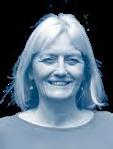
DPhil English Local History
After teaching Design History for over a decade, I retired in 2021 as Assistant Professor at Buckinghamshire New University. My book The Factory in a Garden (2017) explores corporate landscapes. I’ve since led projects for the Chilterns National Landscape, researching historic woodland industries and traditional crafts. Now, I’m working on a new heritage project focused on landscape recovery in Oxfordshire and Buckinghamshire, collaborating with university historians.

MSc Software Engineering
My passion for data security and inclusive IT shaped my MSc thesis. My company, Personal Data, leads projects benefiting society. I was named Most Impactful Fundraising Consultant 2024 (UK) for My Period Data Is Mine!, a fully private period tracker. I also received recognition for my work with Rebel Toolbox, an open-source game engine fostering an inclusive tech community.
MATRICULATION: 2011

MSc Biomedical Engineering
As a Sr. Principal at Honda Xcelerator Ventures, As a Sr. Principal at Honda Xcelerator Ventures, I invest in startups shaping the future of mobility, with a focus on sustainability, electrification, and frontier technologies. Previously, I co-founded LearningPal, a computer vision startup acquired in 2022, and led global partnerships at MoBagel. I mentor at Berkeley SkyDeck, Techstars, and Plug and Play while supporting early-stage investments through Oxonian Ventures and Taiwan Global Angels.

MSt Late Antique and Byzantine Studies
Since completing my MSt in 2012, I have published extensively on Late Antiquity, including editing Procopius of Caesarea: Literary and Historical Interpretations (2018). My latest research (2024) examines gender politics in Procopius’ writings.

MSt Film Aesthetics
As Senior Video Editor at Reason, I specialize in short- and long-form documentaries, including award-winning films like Why Homelessness is Worse in California than Texas. I’m currently editing a feature on Venezuela’s political history. My greatest joy, however, is my daughter Elynnia, born in 2023.
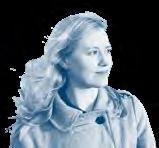
MSt Creative Writing
I have achieved success as a poet, winning the Jane Martin Poetry Prize (2014) and publishing in Oxford Poetry, The London Magazine, and leading anthologies.
MATRICULATION: 2012
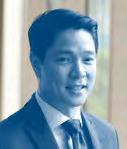
MSt Creative Writing
I lead clean energy companies in the Asia Pacific, focusing on renewable solutions. My love for literature drives my work with Asociacion Vuelta, which has established 1,500+ libraries. My third book, Ashura, will be published by Penguin Random House in 2024.
MATRICULATION: 2013

MSt Creative Writing
My debut novel, Atta Boy, a crime comedy about a taxicab mogul and his family, was published in 2024 and featured as a Vulture Best Book of the Year.
MATRICULATION: 2014
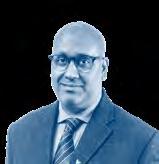
Yamal Matabudul
Masters in Higher Education
Originally from Mauritius, Yamal Matabudul attended Kellogg College as a Chevening Scholar. His connections at Kellogg led to a partnership with La Trobe University, enabling over 300 nurses in Mauritius to upskill. At 36, he became the founding CEO of Polytechnics Mauritius, which is now the third-largest higher education institution in the country. He has consulted for international organizations and spoken at UNESCO conferences. In 2021, he was appointed Chairperson of the Institute of Technical Education and Technology.

MSc in Evidence-Based Health Care
After graduating, Kay McCallum pursued a After graduating, Kay McCallum pursued a PhD on a clinical academic pathway at Oxford Brookes University, completing it in 2022. Now a consultant nurse in acute oncology, she is the first in Oxford—and nationally in oncology—with a PhD. She has 10 published papers and has secured research grants. Her PhD explored death in emergency departments, leading to a model for supporting patients and families in acute settings, which she has presented at international conferences.
MATRICULATION: 2017
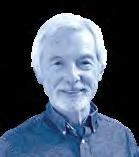
MSt in Historical Studies
Rob Clarke, originally a civil engineer, studied Modern History at Kellogg College, earning distinction in 2018. His research into Britain’s Victorian cities and the Empire led to his book, Reading’s Colossal Lion, which explores the Berkshire Regiment’s Afghan War memorial and Reading’s rise as a regional hub. His career included work in highways and planning, and he has authored books on public works. This is his first historical publication, launching in March through Reading Museum.
Continues on next page.

MSc in English Local History
Sue Moss combines research and writing, contributing book reviews and articles to The Local Historian and academic journals. Her work covers topics like Northampton Town Hall and polyfocal villages. In 2024, she became Editor of Hindsight, the Northamptonshire Heritage Forum’s journal. Her MSc dissertation focused on the 1675 Great Fire of Northampton, and she is actively involved in its 350th-anniversary events, including BBC interviews, a keynote speech, and a university publication.
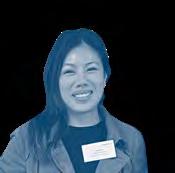
Kay Ng
MSc Software and System Security
Kay Ng co-founded Cyber Analytics, a Londonbased startup revolutionizing cybersecurity. Drawing from experience at global consulting firms, the company addresses the gap in affordable enterprise-grade security for startups. Its AI-powered security agent provides 24/7 protection, earning recognition from TechUK’s Cyber Innovations of 2024.
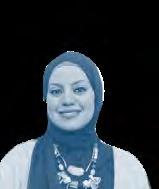
DPhil in Evidence-Based Healthcare
Dr. Ranin Soliman co-founded the Oxford–Egypt Evidence-Based Healthcare (EBHC) Alliance with the University of Oxford’s Centre for Evidence-Based Medicine. The initiative fosters EBHC education, research, and practice in Egypt and beyond. With support from CEBM, it aims to establish a center of excellence for evidence-based healthcare, transforming the region’s medical landscape.

Dhvel Patel
MSc Nanotechnology for Medicine and Healthcare
Alongside his scientific pursuits, Dhvel Patel has built an arts portfolio spanning theatre, film, and ebooks. He has played key roles in The Wild Duck and The Blurred Justice, performing at the Edinburgh and Camden Fringe festivals.

MSt in Creative Writing
Jesse Q. Sutanto’s book, Vera Wong’s Unsolicited Advice for Murderers, has won multiple awards, including the Edgar for Best Original Paperback and an Audie Award for Best Mystery. It also remained on the USA Today Bestseller List for several weeks.
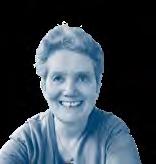
MSc Local History
In 2024, Kim Thomas served as secretariat for the UK’s first parliamentary inquiry into birth trauma. She authored the final report, which received widespread media coverage and influenced government responses. As CEO of the Birth Trauma Association, she continues lobbying for maternity care improvements.

Michal graduated in 2021 and is now a Senior Research Midwife. She was awarded an NIHR PCAF grant, allowing her to develop a doctoral proposal focused on co-producing a culturally sensitive maternity care model for the Orthodox Jewish community in London and Manchester. The MSc programme equipped her with critical appraisal and research skills, which she now applies in practice. She hopes to inspire other midwives to engage in evidence-based practice and research that drives meaningful change. Alumni Updates, continued.
MSc in Evidence-Based Health Care

Konstantinos Michalakis
MSc in Experimental and Translational Therapeutics
A tenured professor and former Director of Graduate Prosthodontics at Aristotle University, Konstantinos has lectured globally and published extensively in high-impact journals (h-index: 28). He has co-authored books and contributed chapters on prosthodontics, implants, and digital dentistry. He serves on editorial boards and committees of major prosthodontic associations and collaborates internationally. He credits his Oxford degree with helping him secure his current role as Professor and Chair at a prestigious institution. He looks forward to revisiting Oxford and Kellogg soon.
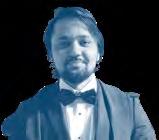
MSc in Sustainable Urban Development
Farid founded a real estate company that transformed properties into high-quality, sustainable homes, building a £3 million portfolio within two years. His work integrates urban development ethics with practical real estate investments, creating functional, welcoming spaces. A memorable moment was witnessing a tenant’s joy upon receiving her renovated home. Farid is committed to sus tainable urban development that balances environmental responsibility, social inclusivity, and financial stability. He believes urban development is about people as much as it is about buildings.
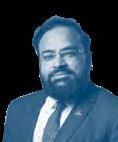
MSc in Sustainable Urban Development
Dr. Abbasi is a professor and Chair of Accounting at Al Akhawayn University, Morocco. Dedicated to student mentorship, he fosters analytical and financial skills. In 2024, he spoke at the House of Lords as a Trustee of the Green Economics Institute, receiving a Certificate of Achievement from the Indian Ambassador to Morocco. His
contributions to economic and environmental sustainability have earned international recognition. Through academic leadership and global engagements, he continues shaping future financial and environmental policies.

MSt in Creative Writing
Chris’s debut novel, a literary mystery set on a Scottish island inspired by his travels to Eigg, will be published in August.

MSt in Historical Studies
In September 2024, Martin published a book based on his master’s research, which was featured on the University of Oxford’s Department for Continuing Education website.
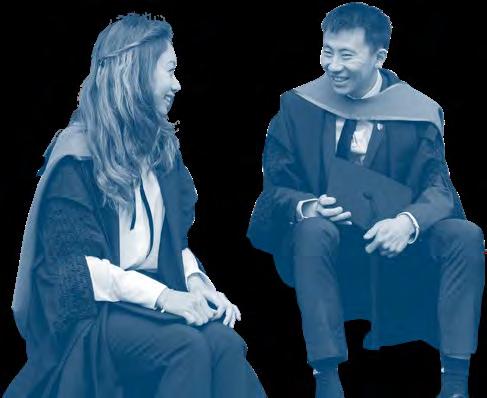

MSc in Mathematical and Computational Finance & MSc in Social Anthropology
Christophe and Jolie met as housemates at Kellogg in 2019. Their friendship grew into a relationship, despite early mishaps—including a fire alarm incident involving Christophe’s steak. Now working in finance in Paris, they enjoy their weekends without lastminute assignments. In 2024, they got engaged in Kyoto on their fifth anniversary. As they plan their 2026 wedding, they fondly remember their time at Oxford, cherishing the friendships and experiences that shaped their journey together.
Continues on next page.

MSt in Diplomatic Studies
In February 2025, Kokulan was awarded the King Charles III Coronation Medal in Ottawa for leading a volunteer team supporting vulnerable individuals during COVID-19 and for co-founding the DevKey Foundation, which empowers communities through microloans. The medal was presented by Senator Tony Dean, former head of Ontario’s public service.
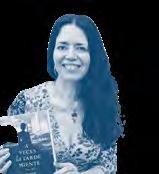
MSt in Creative Writing

MSt in Women’s, Gender and Sexuality Studies
Elena Nowacki joined Sorbonne Université as a Research Assistant, later advancing to Junior Research Engineer. She was awarded a Fulbright Scholarship from the French Commission and began a two-year MA in XE: Experimental Humanities & Social Engagement at New York University in 2024.
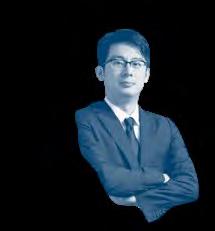
Judith fulfilled a lifelong dream by studying creative writing at Oxford. The programme challenged her to explore new genres and take literary risks, ultimately giving her the confidence to write in both Spanish and English. Her novel A veces la tarde miente was published by Grupo Planeta, and the English version is under consideration in the UK. Her poetry has appeared in literary journals, and her memoir Tracings of Home was shortlisted by The Emma Press. She continues presenting internationally on bilingual writing and migration.

MATRICULATION: 2020
MSc in Contemporary Chinese Studies
Matthew Hurst contributed a chapter to A New Documentary History of Hong Kong, exploring constitutional changes from 1945 to 1997. His research began during his MSc at Oxford. He also co-authored a paper, Rethinking Translational Activism through Regional Perspectives, published in the Royal Historical Society’s Transactions. These publications reflect the interests he developed during his studies.
James Wang Jianbo
MSc in Educational Assessment
James Wang Jianbo is a Lead Mathematics Teacher at an international school in China, mentoring students in robotics and sustainability. He is also an IB examiner, workshop leader, and curriculum developer. Actively involved in the Oxford Climate Alumni Network (OxCAN), he organizes sustainability events, including collaborations with Shanghai Climate Week
MATRICULATION: 2021

Isabelle Baafi
MSt in Creative Writing
Isabelle Baafi’s debut poetry collection, Chaotic Good, will be published by Wesleyan University Press (US) in March 2025 and by Faber & Faber (UK) in April 2025. The collection explores identity transformation following trauma, framed by the story of escaping a toxic marriage and the shifting dynamics of power.

Brendan Donnelly
MSc in Sustainable Urban Development
Brendan Donnelly worked in sustainable mobility, contributing to Geely Group’s first sustainability report. Inspired by his Oxford studies, he founded DesignXDM, an AI-driven platform for creatives. In 2024, he joined the University of Oxford Innovation’s incubator, progressing to Phase Two with funding to develop his venture. Alumni Updates, continued.

Qi Guo
Executive MBA
Qi Guo transitioned from product design to strategy, joining Volvo Group as a Product Strategy Manager leading AI experts. His Saïd Business School experience shaped this career shift. He also received a Red Dot Award for “Design Concept – High Design Quality,” closing his design career on a high note.
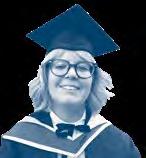
MSt in Literature & Arts
Jane Rae won the 2024 Brenda M. King Award for Critical Writing for Lasting Impressions: The Sensory Language of Gloves in Early Modern Elite Society, which formed part of her MSt dissertation. Her background in publishing and heritage work informs her research on textile history and material culture.
MATRICULATION: 2022

MSt in Mindfulness-Based Cognitive Therapy
Susan Liverman founded The Kindful CIC, a community interest company expanding access to mental health education. As a trained MBCT teacher, she delivers mindfulness training in partnership with a Social Prescribing scheme. After securing a business grant, she is launching a website to support this initiative.

MSt in Diplomatic Studies
Syed Nizamuddin left Malaysia’s Administrative & Diplomatic Service to join Sarawak Energy as Manager, Corporate Stakeholder Management. His role strengthens strategic engagement as Sarawak expands regional energy cooperation. His Oxford research on subnational diplomacy aligns with Sarawak’s leadership in sustainable energy across Southeast Asia.

Elliot Vale
MSt in English 650–1550
Elliot Vale joined the Friedrich-SchillerUniversität Jena as part of a research training group. His MSt dissertation on Genesis B informs his current study of Old Saxon Genesis fragments, exploring their thematic connections and links to the Heliand gospel poem.
MATRICULATION: 2023
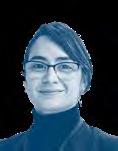
MSc in Statistical Science
Aurora Kapo is an AI Strategy Manager at a major financial institution and a Senior AI Ambassador. Passionate about AI education, she speaks at industry events and conducts workshops on self-promotion and career advancement, particularly supporting Women in Tech.
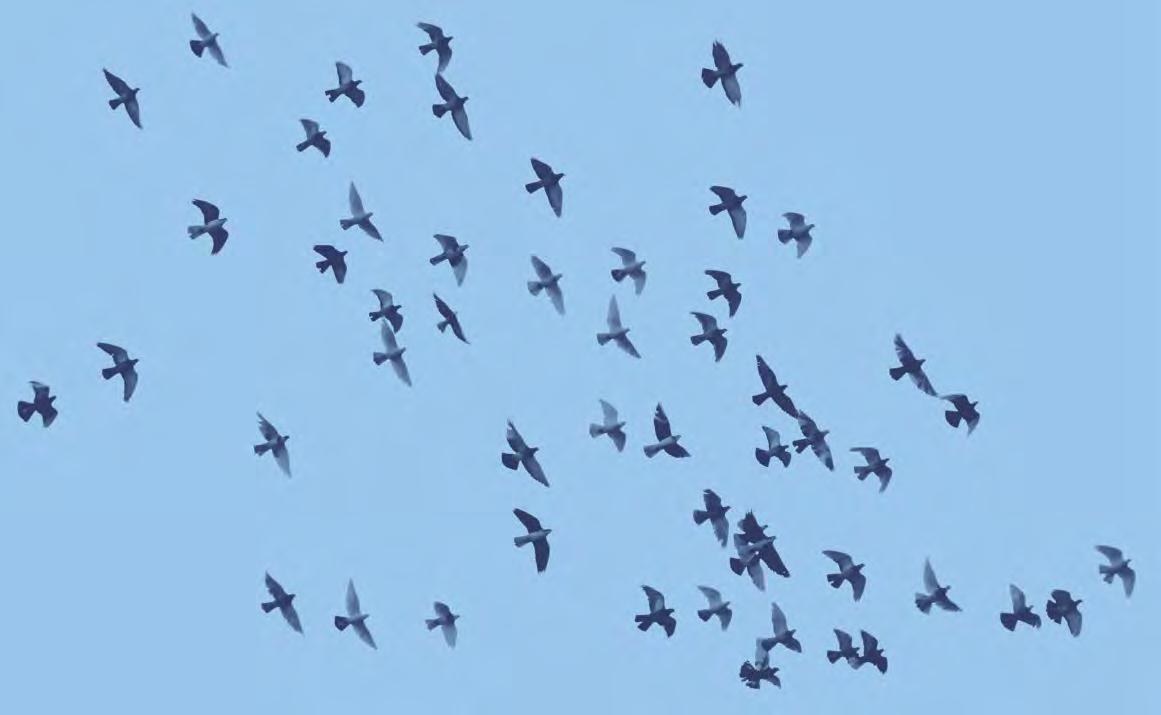

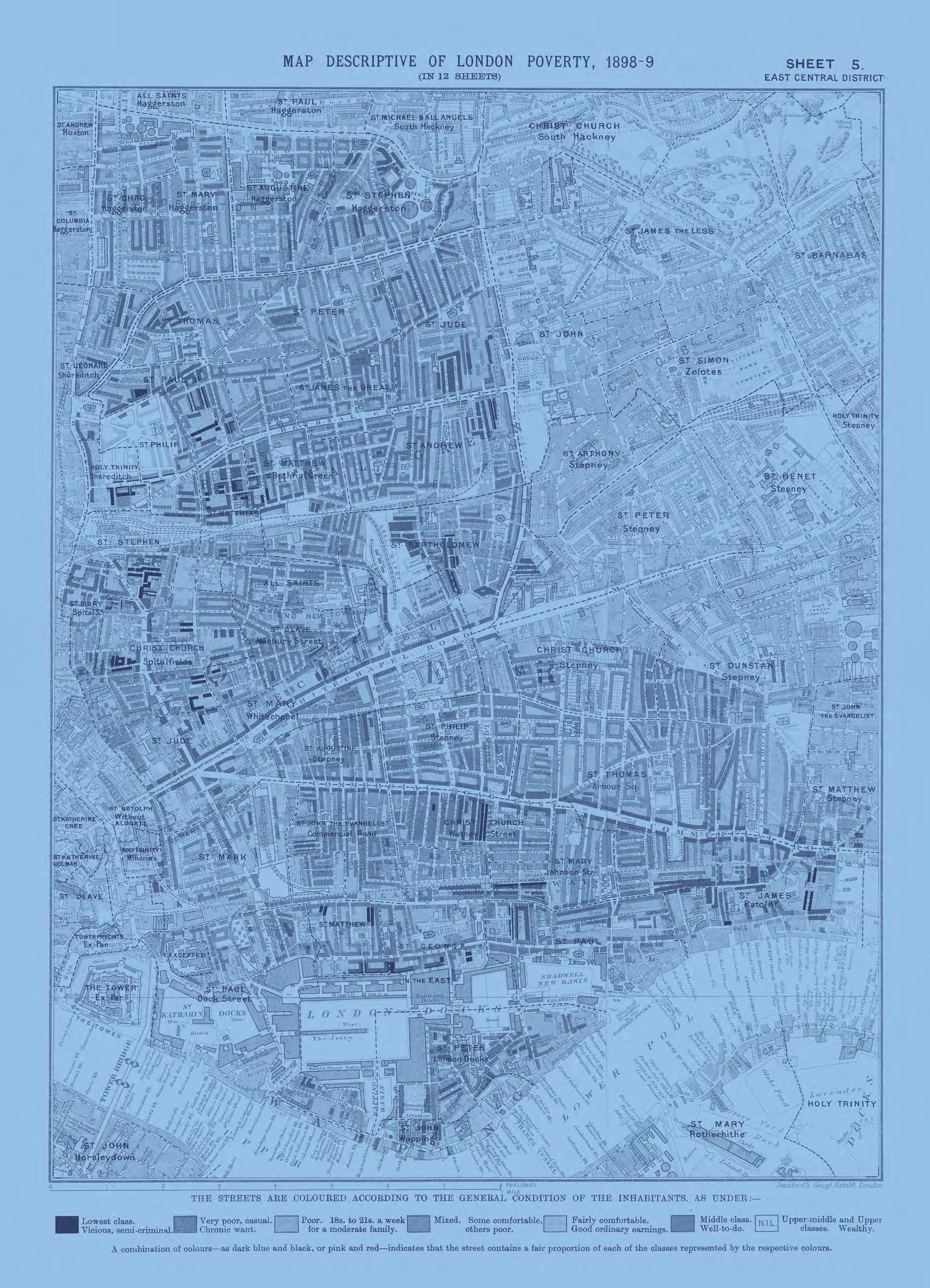
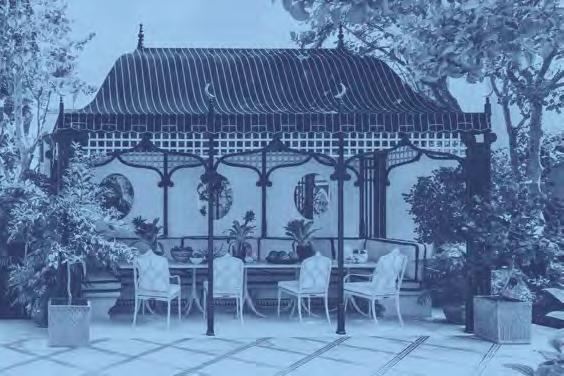


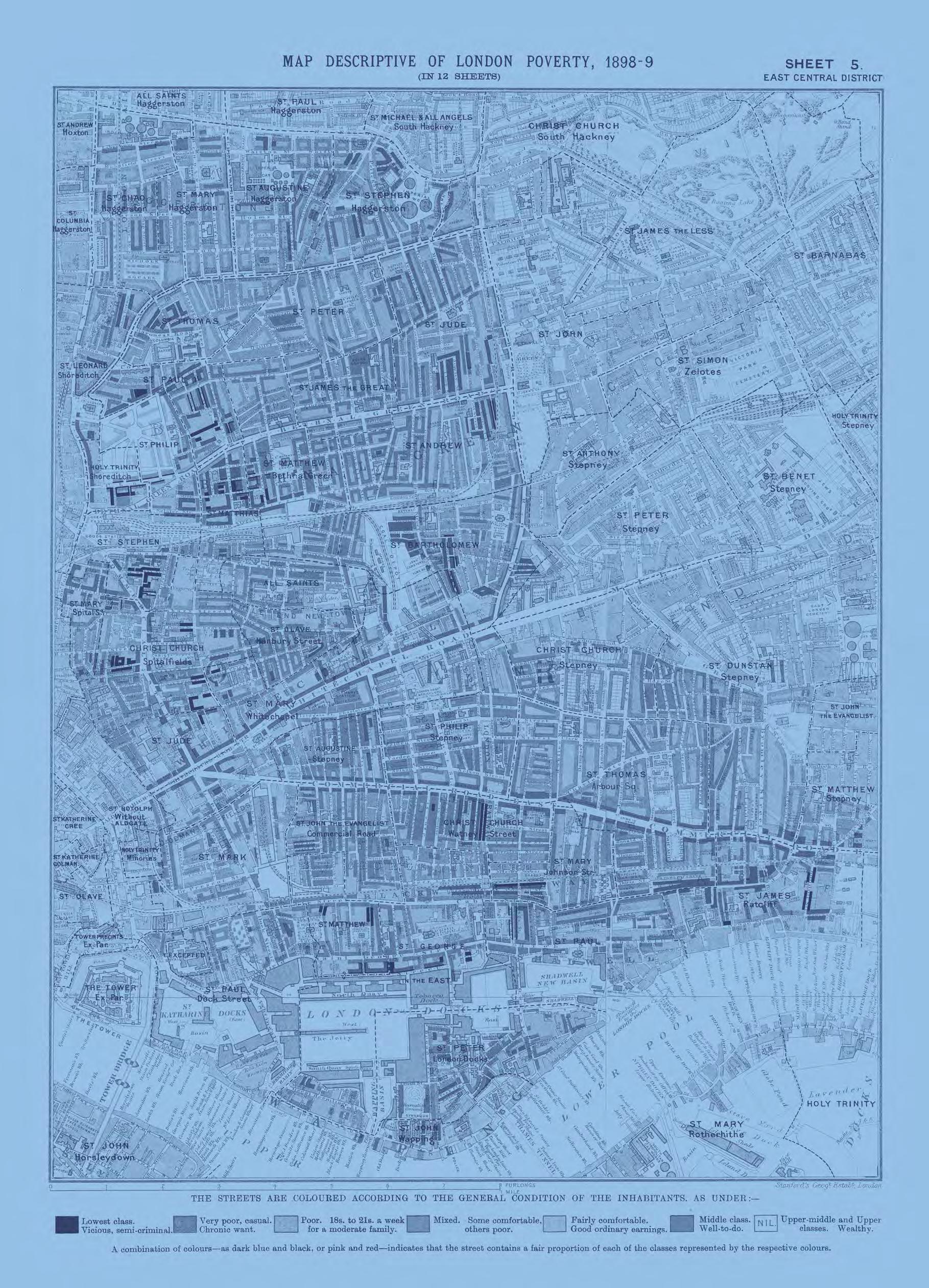
You would think that running a successful architectural practice with offices in New York and Florida would leave little time for taking on a twoyear commitment to studying for a post-graduate degree. But that is exactly what Anne Fairfax did when she took up a place to study for a Master’s Degree in Sustainable Urban Development.
But then, Anne is used to deviating from the norm. In a world teeming with modern creations in glass and steel, Anne’s tastes incline towards the classical. ‘Our focus as a practice (Fairfax and Sammons, which she founded with her husband) is to design buildings that feel as if they have always been there. We look at history, the climate, the local materials, the local culture, then create buildings that belong. We don’t want to design to put our stamp on it, we want to design with a sense of place.’
Perhaps a background that was atypical also contributed to her sense of history and culture in the built environment. She was born in Japan and grew up in Honolulu. She attended a school that was modelled on the style of an Italian villa and attended the University of Virginia with its Jeffersonian surroundings.
She was aware of the reputation of the MSc in Sustainable Urban Development at Oxford and was attracted by the opportunity to explore further how sustainability considerations could inform her vision. However, on arriving at Kellogg, Anne found her studies were less design-driven than she expected.
‘One of the surprises for me’, she recalls ‘was the writing. I am a visual thinker, and suddenly I was finding myself put-
ting much more time into writing about concepts and ideas. So it was a bit of a challenge to begin with, but I felt I had started this journey, and I was determined to finish it.’
With so me insouciance Anne describes how she organised her time to not only study but to remain thoroughly engaged with her practice. ‘It was one of the benefits of the course structure that I could come to Kellogg in short bursts, a week, two weeks at a time, and
Continues on next page.


Examples of the work Anne’s firm produces. The watercolour sketches show proposals for a new 6-acre mixed use development in Dublin, Ohio
immerse myself in study. With the time difference I found I could study early, getting down to work at four or five in the morning, then pick up on professional threads later in the day.’
Anne’s takeaways from her two years of study are now informing her work in the US. In the US there has been a zoning culture for a long time, where the development possibilities in certain areas of cities are predetermined – but that is changing. Anne has been an enthusiastic voice in the Congress for New Urbanism (CNU) which advocates zoning reform. ‘Issues like walkability, sustainability, density, and mixed-use development are extremely relevant to those discussions, and of course, are a focus for the MSc course. I find myself drawing upon what I learned, and have learned since, on a daily basis.’
She was particularly drawn to the value of evidence-based approaches to understanding the impact of design in the urban environment. ‘We work within a context where some standards have been set with no evidence as to their efficacy, yet they stifle possible design pathways that would improve the local built environment’ she observes. She cites an example where evidence is anecdotal but where a study might be informative. ‘Every year, Americans travel to the beautiful places in the world. They seek them out. They vote with their wallet in effect. Developers are beginning to take on board this fact, and recognise that people want that beauty, that detail, that finesse in their everyday surroundings. Their homes. Their shopping malls. Their workplaces.’

‘I developed professionally in the world of architecture not urban design, but I am excited to be able to take what I have learned in my career, and what I learned while at Kellogg, and do what I can to influence our built environment for the better.’
— Anne Fairfax
One thing Anne recognises is that urban design, in contrast to design of a single building, takes time. It is something that is very apparent in a British urban design project with which her practice was involved, and which represents a further, perhaps unexpected, connection to Kellogg. Started in 1993, the village of Poundbury, near Dorchester in Dorset, began as an experimental urban extension led by the Duchy of Cornwall. It was championed by the then Prince of Wales and Duke of Cornwall, now King Charles III. And, the college is delighted to note,
a Bynum-Tudor Fellow. Only now is Poundbury nearing complete realisation of the initial vision.
‘Poundbury embraces many of the principles I hold dear’, says Anne, ‘I developed professionally in the world of architecture not urban design, but I am excited to take what I have learned in my career, and what I learned while at Kellogg, and do what I can to influence our built environment for the better.’
There is a long journey from a career in computing science to becoming a published novelist. There is a long thread connecting a dimly remembered article in a newspaper with a reimagining of that story as a 320 page novel. Yet those are connections that Aisha Hassan has made in her life and, as a result, she eagerly awaits publication of her first novel, When the Fireflies Dance, in June 2025.
Described as a haunting debut novel of love, brotherhood, resilience, and redemption set in Pakistan the novel is inspired by a true story, and is the product of Aisha’s imagination supplemented by two years of study at Kellogg on the MSt in Creative Writing.
The writing bug however, was born much earlier in Aisha’s life. ‘I suppose I always had an inclination towards creative passtimes’, she recalls. ‘Writing wasn’t particularly important in that – I did life drawing and other things for example – but the inclination to write was always there.’
This inclination persisted, even as she started a successful career in computer science in industry and in the city. One day, she started writing a story based on a memory of an article in a newpaper: the story of an illiterate brickworker in the kilns of Lahore who sought help to investigate the death of his son, but was ignored by the authorities.
‘I started it with no specific intention’ Aisha admits, ‘But before I knew it I had 30 thousand words in front of me, and I thought “I need to do something with this”’.
That ‘something’ it turned out, was to get life organised so she could learn how to be a better writer, and that led her to the MSt programme in Oxford.
‘I wasn’t daunted by the undertaking – I’ve always recognised the value in lifelong learning. But what surprised me was that as soon as I arrived on my course, I thought “these are my people”’.
The structure of the course suited Aisha well, allowing her to continue to work, while studying in the evenings and on weekends, and making time for the intensive week each term when she would come to Kellogg.
Continues on next page.
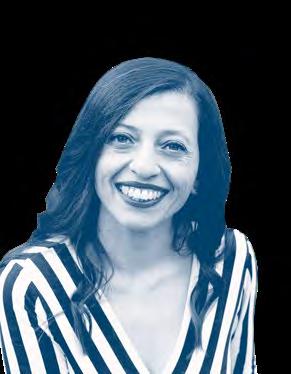

She immediately enjoyed the diversity of her surroundings. The different nationalities, cultures, opinions, and creative ideas brought new dimensions to her writing process. As part of the course she was compelled to examine other genres such as poetry and playwriting, and embraced them all with excitement.
‘It was then that I returned to Fireflies’ she says. ‘It had been in the proverbial bottom drawer, but I decided to use it as the basis for the extended piece of writing I had to submit. On looking at it afresh, I remained committed to the story, but threw away what I had already created in order to start again with my new-found insights.’
Any writer will tell you that writing the story is the easy bit compared with finding a publisher but her finished story quickly drew enthusiasm from the right quarters. ‘The hardest part was actually finding an agent’ she explains. ‘It was in my favour that the MSt at Oxford has a very favourable reputation in the publishing world. Being part of the end-of-year showcase and the anthology of writing produced by students, I was lucky to attract the attention of an agent who was really enthusiastic about the story I was telling. I worked with her, taking advice, reworking the novel, and finally securing a publishing deal. Even then there is more work to do with the editor at the publishing house, but I could see the novel was only getting better through responding to their input.’
‘I wasn’t daunted by the undertaking – I’ve always recognised the value in lifelong learning. But what surprised me was that as soon as I arrived on my course, I thought “these are my people”’
— Aisha Hassan
So, Aisha feels she has a lot to thank Oxford for – and Kellogg. ‘Kellogg brought all these wonderful people together, and I remain friends with many of them. We occasionally meet up to support and encourage each other. I’m immensely grateful for that wonderful, stimulating phase. And I am also grateful that Kellogg’s commitment to lifelong learning meant the course was structured in a way that made it accessible and compatible with my full-time job.’
Aisha’s publishing deal was actually for two titles. So now she has a deadline and a commitment. ‘That’s exciting and a little bit scary’ she admits, ‘But I already have an idea as the basis for a book. I’m looking forward to discovering how the story will develop. As a writer, you don’t always know where you will end up.’

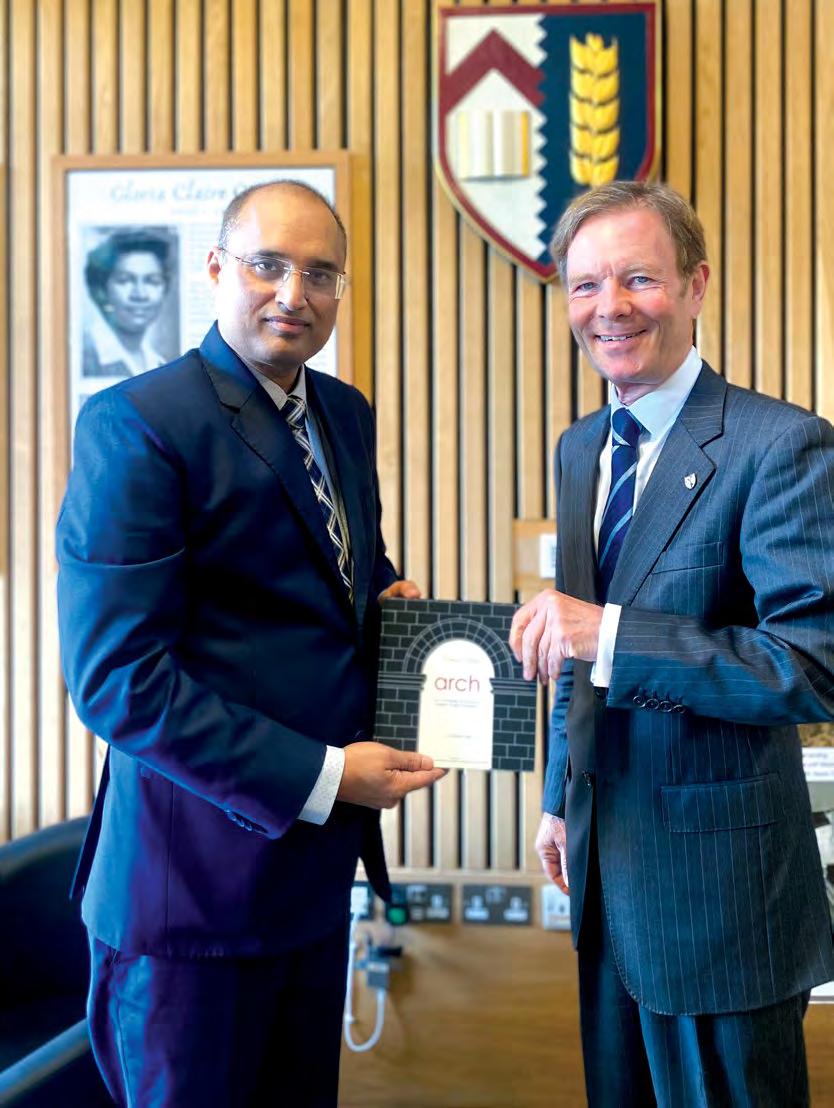
In the developing world, where decisions and policies often rely on intuition or tradition, Dr. Daud Salim Faruquie is leading a quiet revolution—one that places scientific evidence at the heart of policymaking and governance in India. As the Director of the Centre for Evidence-based Policy, Practice, and Interventions (CEPPI), he is working to establish a culture where policies and decisions, across multiple sectors, are informed by rigorous research rather than assumptions.
Faruquie’s academic foundation was laid at Kellogg College, Oxford, where he pursued an MSc in Evidence-based Social Interventions and Policy Evaluation. During his time at Oxford, he played a key role in refining South Asia’s development discourse as Secretary and later President of the Oxford University SAARC Society. His leadership focused on the effectiveness of the Millennium Development Goals (MDGs), often bringing Kellogg College into the discussions.
After working in various research and consultancy roles, Faruquie returned to India to establish the Foundation for Evidence-based Development in India (FEDI). Through FEDI, he created two major initiatives—the CEPPI and a Publications Division—both dedicated to advancing evidence-based research and its practical application in policymaking. Beyond his own research, he actively trains academics and young researchers, ensuring that evidence-based methods gain a stronger foothold in India’s decisionmaking landscape.
‘My work is driven by a simple yet powerful belief’ he states, ‘“Precise actions are powered by informed decisions which come from robust evidence.”’ By championing this approach, Faruquie is helping to reshape policy, governance, and research in India,
Continues on next page.
making them more accountable, effective, and grounded in fact.
‘An evidence-based approach is crucial in research and policymaking as it ensures decisions are rooted in scientific rigor rather than anecdotal experiences or political priorities’ he asserts. ‘In developing countries like India, policies often lack systematic evaluation and monitoring, leading to inefficient programmes. For example, despite numerous government schemes, issues like malnutrition, antimicrobial resistance (AMR), and gender disparities persist due to a lack of evidence-based refinement.’ By fostering a culture of scientific evaluation and accountability, evidence-based methods improve governance and ensure social interventions achieve their intended outcomes. “By integrating scientific evidence into decision-making, we can ensure that policies are transparent, effective, and adaptable,” says Faruquie.
Faruquie’s early interest in science was nurtured by access to his father’s library. ‘I was curious by nature, and constantly questioned, observed, and experimented to understand how things worked’ he recalls. ‘While many of my family members pursued medicine, I found myself drawn to psychology—a field that fascinated me as both a mystery and a scientific discipline.’ His studies in evidence-based interventions allowed him to integrate psychology into his work, particularly in behavior change and policymaking, ensuring that policies are both logically sound and practically effective.

‘My work is driven by a simple yet powerful belief. Precise actions are powered by informed decisions which come from robust evidence.’
— Dr Daud Salim Faruquie
His path to Oxford was shaped by his doctoral research in India on the impact of abuse on the cognitive and moral development of working children. Attending a WHO conference on child safety in 2006 was a turning point. Engaging with policy experts made him realize the need for an evidencebased approach to strengthen child protection research. This led him to
Oxford’s MSc program in Evidencebased Social Interventions and Policy Evaluation, where he sought to apply scientific rigor to policymaking. ‘Studying at Oxford was transformative’ he says. ‘While my initial focus was on child protection, I soon recognised the broader applications of evidence-based methods across multiple policy areas.’
protection researcher to a comprehensive evidence-based policy analyst.


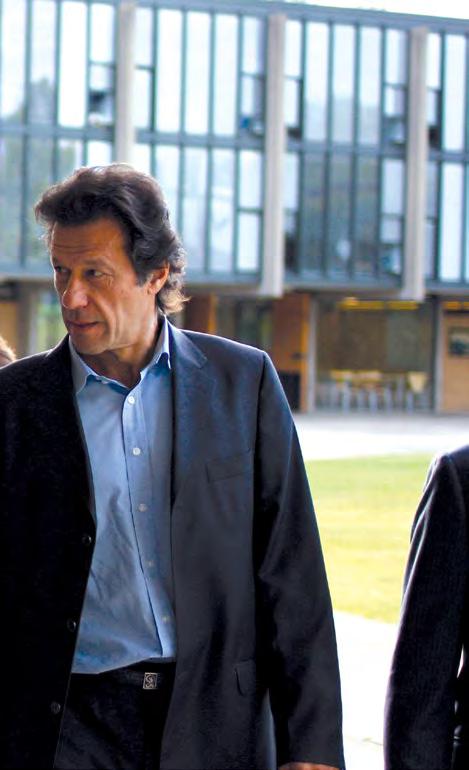
Kellogg College played a crucial role in his Oxford experience. He chose it for its graduate-only environment and intellectual independence, which suited his background as a returning student and senior researcher. The college’s dynamic culture, with its numerous academic events and distinguished guest speakers, provided a platform for intellectual and professional networking. One of his most memorable experiences was delivering a lecture titled An Archaeological Evidence of Child Abuse in India, which received significant recognition from his academic audience. He also fondly recalls an introduction to Archbishop Desmond Tutu by Kellogg’s President Jonathan Michie, an interaction that left a lasting impact.
to launch a series of monographs in international collaboration. Faruquie remains dedicated to mentoring young researchers, equipping them with the skills to apply evidence-based approaches effectively. Through these efforts, he aims to strengthen researchdriven policymaking in India and South Asia.
Daud recalls his delight in finding Oxford’s unique academic environment to be both structured and flexible. As a PhD holder and former faculty member, he appreciated the opportunity to shape his own learning experience while broadening his research approach. His involvement in the Oxford University SAARC Society further expanded his perspective, reinforcing his transition from a child
Currently, Faruquie is actively engaged in FEDI’s two key divisions: CEPPI, which focuses on research and interventions, and the Publications Division, which publishes works promoting evidence-based practices. CEPPI has undertaken significant work in areas such as social media-based interventions, behavior change interventions, agricultural policies, and the promotion of physical health, yoga, and sports. Recognising the growing threat of antimicrobial resistance, CEPPI has also launched a dedicated AMR stewardship sub-unit.
The Publications Division has successfully released several titles available through an online store and is preparing
Looking ahead, Faruquie is committed to embedding evidence-driven decision-making into collective consciousness. ‘My goal is to popularise evidence-based policymaking, ensuring it reaches the broader public rather than remaining confined to academic and policy circles. Over the next decade, I will focus on expanding FEDI’s reach across South Asia and fostering regional collaboration for research-backed development.’ Other key priorities include advancing AMR stewardship and public health interventions, institutionalising evidence-based governance, and maximizing the impact of behavior-change interventions to promote cohesive living and sustainable development.
‘Through these efforts, I aim to ensure that evidence-based policymaking becomes the norm, translating research into tangible societal progress.’
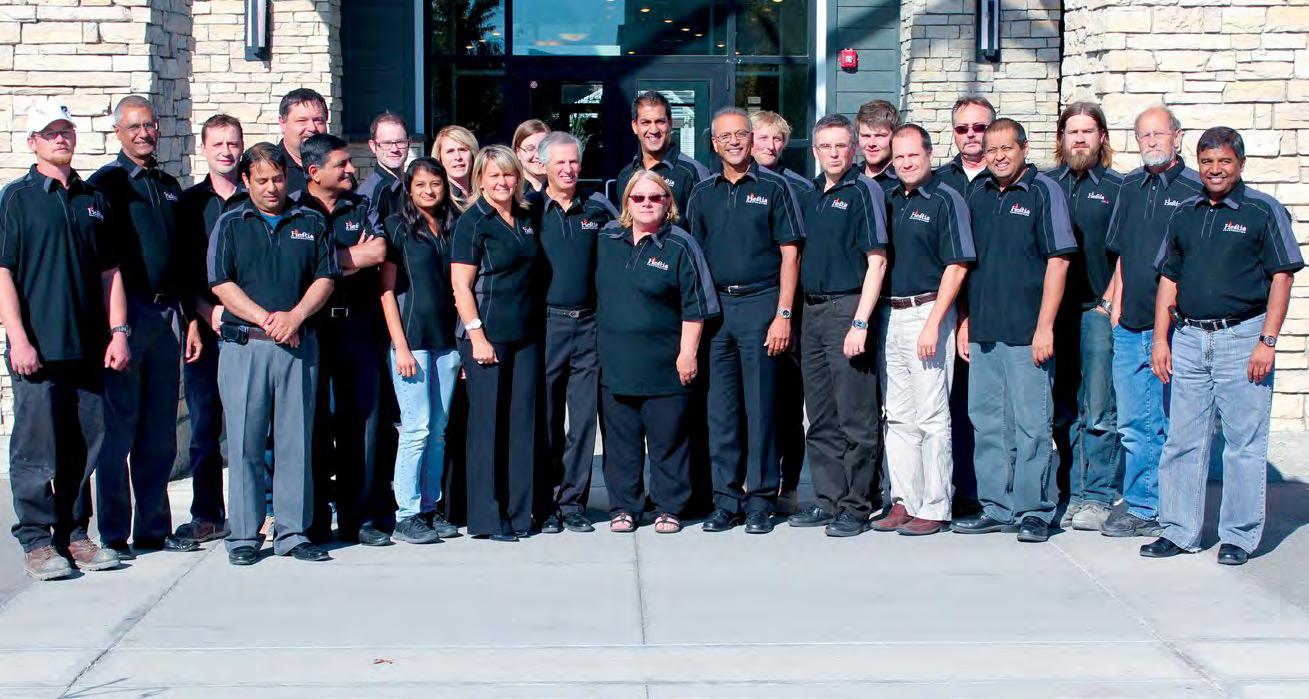
degree in Medicine from Aberdeen University and an MBA from Oxford equip candidates with many skills—but architectural design and construction are not among them. Yet for Kellogg alumnus Dr Hasmukh Patel, these skills have become just as vital as anything learned in his academic life.
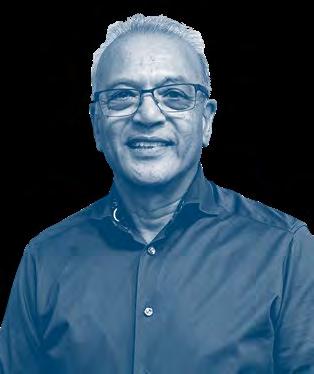
Hasmukh is the founder of AgeCare Canada, a company he established to tackle a growing problem: hospital beds occupied by patients who no longer required acute medical care. It’s an issue that persists worldwide, which is why he is now working to bring AgeCare to the UK.
Yet, when he began his medical career, running care homes was never part of the plan. ‘I never expected to be living in Canada in the first place,’ he admits. ‘I was born in Kenya to Indian parents who had emigrated there. They were
committed to giving me a good education, so after taking my O-levels in Kenya, I left for the UK to do my A-levels at Harrow College of Technology. On completion of my A-Level, I was accepted at Aberdeen University to do medicine.
After five years of medical school, Hasmukh began working in family practice at Luton and Dunstable. He enjoyed the work, but with a wife and two young sons, he started considering ways to improve their quality of life. Around this time, Canada was actively
recruiting doctors from abroad. ‘I had never been to Canada and I had no connections there. But it felt like the right thing to do.’
His first assignment was in Empress, Alberta, a tiny ranching town of fewer than 200 people. ‘The town had a new hospital—only about five years old—but no physician. After spending four years in Empress he moved to Medicine Hat, a bigger town just over 100 kilometres away. It was there that I first recognised the scale of the care problem for older patients who were in hospital beds but didn’t need full hospital care.’
Though Medicine Hat had two care homes, Hasmukh found them overly ‘institutional’ and poorly designed for residents’ everyday needs. In 1997, he decided to take action. ‘I approached the local health authority and said, ‘We have this problem. I will build a new care home if you agree to send these patients to the home’ After many conversations and discussions the health authority agreed. So now I had the challenge of making it a reality.’ And with that, AgeCare was established as a public-private partnership.
This decision propelled him into unfamiliar territory—finance, design, construction and operations—none of which he had any experience in. Funding was a particular challenge. ‘I needed five million Canadian dollars to build the home, and I had no obvious experience to call upon,’ he recalls. His bank manager was hesitant. ‘But I knew him well enough—we played
golf together. Week by week, I would lobby him on the course. Finally, he agreed to provide a bank loan of 70% of cost of the project, and the rest was raised from friends and family.’
Once the home was built, it needed management. By sheer luck, Hasmukh found the perfect person. ‘I used to run a community clinic in a shopping mall. One day, I spotted a new shop opened in the mall and recognised the owner—he was a retired nursing home manager I had known. He was setting up a sports memorabilia business. I said to him, ‘You have to come and work with me and manage the new care home I am building.’’
Since those early days, AgeCare has grown significantly and operates across Canada. ‘We own and operate 58 care homes with about 9000 care beds. We also own a construction company that designs and builds all our new care homes.’
Continues on next page.
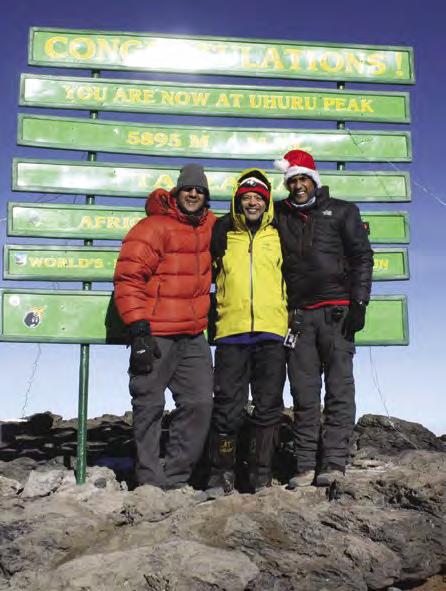
‘It’s my way of giving back, helping bright minds who are ready to tackle the world’s persistent and as yet unknown challenges’
— Dr Hasmukh Patel
By 2004, the demands of AgeCare meant Hasmukh had to step away from his medical practice. As his career evolved, he felt the need to formalise his business knowledge. ‘From my years in the UK, I knew I would have a world class learning experience at Oxford,’ he says. But balancing an EMBA with his corporate responsibilities wasn’t easy. ‘I did the two-year executive programme. I would fly to UK for the intensive week at Oxford, battling jet lag as I studied. But the programme, the conversations with my peers, gave me more insight into business fundamentals and more confidence.’
Perhaps this is what he means when he says his parents saw education as the great ‘equaliser.’ Inspired by this belief, the Kenyan-born, Kellogg alumnus established the Oxford-Hasmukh Patel Graduate Scholarship, supporting exceptional individuals committed to Africa’s development.
‘It’s my way of giving back,’ he reflects. ‘Helping bright minds who are ready to tackle the world’s persistent and as yet unknown challenges.’
The
Oxford-Hasmukh
Patel scholarship supports tomorrows leaders and changemakers who are committed to improving African business and society.
Helio Cumbi (m. 2020)
Helio is an accomplished entrepreneur and strategic advisor with a focus on leveraging technology and clean energy to benefit his community. He was the first recipient of the Oxford-Hasmukh Patel Scholarship at Saïd Business School, which enabled him to pursue an Executive MBA and develop skills for impactful leadership. He is currently Director, Africa and International Finance Institutions, for Exxon Mobil Corporation. Helio provides strategic guidance across various business lines in Africa, including Low Carbon Solutions and Upstream, while also leading engagements with international finance institutions. He has earned multiple recognitions, such as the Mozambican Oil and Gas Rising Star award. Helio is reflecting his appreciation of the philanthropy that supported him as the founder and board member of the United World College Mozambique Association, which provides scholarships to underprivileged children.
Lerato has a background in M&A law, strategy, and governance. She is the founder and executive director of Naaya, an investment and advisory firm specializing in managing legal and strategic risks across Africa, particularly for technology and media clients. With extensive international experience across Africa, Europe, and the USA, Lerato is a seasoned leader in climate action, early-stage investing, and responsible innovation. She serves as an independent non-executive director and donor representative at South Africa’s leading vein-to-vein transfusion service company. She obtained her MBA at Saïd Business School as an Oxford-Hasmukh Patel scholar. She also holds a degree from Harvard Law School. With a strong commitment to ethical technology governance and ESG principles, Lerato is passionate about developing companies and teams that foster inclusive, values-based leadership.
James Woods is a Director and Partner at Rainbow Sports Global, a sports management company focused on African football, and is currently pursuing an Executive MBA (EMBA) with the support of an Oxford-Hasmukh Patel
scholarship. This opportunity will equip him with world-class knowledge to create a meaningful impact in society. Before his EMBA, James had a background in diplomacy, working with various Malawian missions in the EU. Recently, he attended COP28, where he wrote an article analyzing the impact of COP agreements on African nations.
Wangari Muchiri is currently pursuing an Executive MBA at Oxford supported by an Oxford-Hasmukh Patel scholarship. Wangari is the Director of Africa at the Global Wind Energy Council (GWEC), where she leads Africa Wind Power, an initiative dedicated to accelerating wind energy development across the continent. A Renewable Energy Engineer and Energy Planning expert, Wangari has worked extensively across Africa, Oceania, and beyond, consulting on renewable energy, green buildings, and sustainability. Her leadership and impact in climate action have earned her multiple accolades, including recognition as a Global Climate Leader by Insider, an Obama Leader for Africa, an African

Power & Energy Elite, and a “REvolutionaries” award winner. Wangari holds a Bachelor of Engineering (Renewable Energy) from the University of New South Wales and a Master of Engineering (Energy Planning & Policy) from the University of Technology, Sydney.
John Bwanika is the Co-founder, COO, and Chief Research Officer of Rocket Health Africa, a leading digital health company that has served over 1 million people and employs 500 staff. He is also the Founder and Team Lead of the Africa Centre of Applied Digital Health (CADH), which develops AI-driven digital health solutions based on global data science standards. An Africa CDC Global Health Leadership Fellow, he serves on the steering committee of Data Science Without Borders (DSWB), working toward data harmonization across Africa. He is also designing a health data science hub for the continent. Beyond healthcare, he co-founded the Future Generations Foundation (FGF), promoting African arts, sciences, and sports through philanthropy. As an angel investor, he supports early-stage African startups. John is currently studying on the MBA programme at Saïd Business School supported by an Oxford-Hasmukh Petel Scholarship.
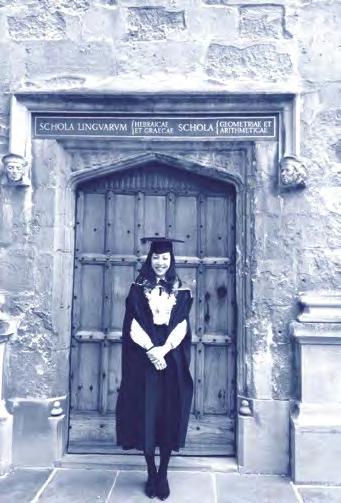
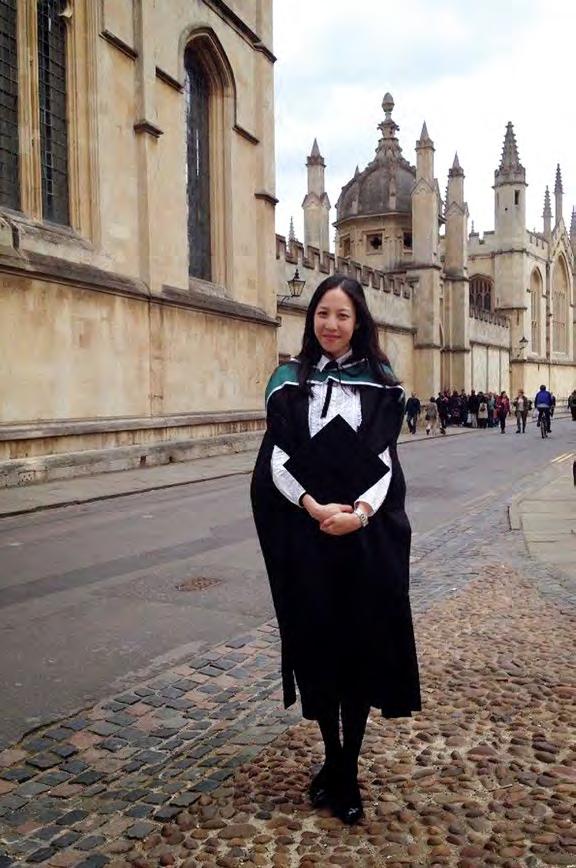
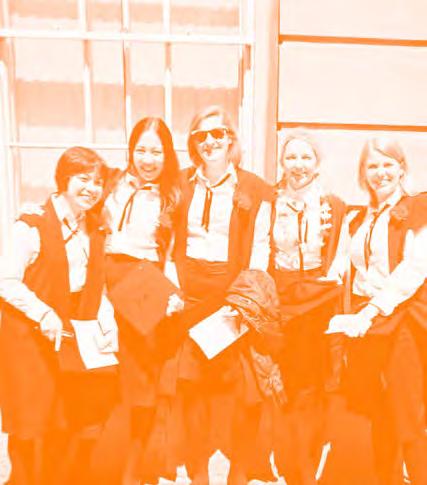

‘A lot of the people I met at Kellogg College had financial or technology backgrounds’ observes Shirley Pi, ‘but many were pursuing their parallel passions, engaging as part of a process of lifelong learning. I valued that.’

Shirley Pi read for an MSt in History of Art at Kellogg 2009-2010. At that point, she already had a successful career in finance underway, having worked for Morgan Stanley and Goldman Sachs. She would return to this career, enriched by her Kellogg experience.
When she decided to take time out from her career to study, Oxford was a very deliberate choice for Shirley. ‘Big cities had loomed large in my experience. As an undergraduate at NYU the whole city was my campus. And living in Hong Kong, the pace of life feels even faster than New York. I wanted a different experience.’
She found that at Kellogg. ‘It was wonderful to have the space to breathe. To reflect. To discover nature.’ What Shirley also discovered at Kellogg was the rich mix of cultures, backgrounds,
and interests which have always been so characteristic of the Kellogg community. She threw herself into Oxford life, participating in rowing, and helping develop the MCR in college (the college bar was created during her year). Now Hong Kong-based once again, she is still in touch with some of her college contemporaries and enjoys meeting with the strong alumni community in the city.
Does she carry her Kellogg experience into her professional life? ‘Most definitely’, she acknowledges. ‘I have recently pivoted in my career from working in investment strategies to being a relationship manager with successful entrepreneurs and investors. It’s very people-driven, and I find that my time in Oxford has really helped
Shirley’s time studying for her MSt is not confined to her past though. It is even perhaps a signpost for her future. ‘In the next phase of my career I want to develop my ability to connect with people, to consolidate my skills. To put it simply: be better.
‘But that doesn’t mean there aren’t other things I would like to do outside finance. I do think seriously about taking a course in creative writing. I guess it’s another step in life-long learning.’
It seems pretty clear that when that thought becomes a personal call to action, Oxford, and Kellogg, will be high on her list of preferred learning destinations.
‘It was wonderful to have the space to breathe. To reflect. To discover nature.’
— Shirley Pi
me connect with people with different backgrounds and world views. So many of my clients have creative interests alongside their business lives. Art isn’t separate from finance—it’s a bridge that helps me connect with people in unexpected ways.’

Anoud Almoqbil is a Kellogg student who is not afraid to take on a challenge. While studying on the notoriously demanding MBA programme she finds time to not only take in many of the other study and learning opportunities around Oxford, but to volunteer her services as Arts and Culture Officer for the Kellogg MCR. And when previously she set up a business, it was in no obscure or niche sector, instead she competed face-to-face with the big brands – and big budgets – of the international cosmetic giants.

Yet for all her disparate interests, Anoud has a razor-sharp focus on an end goal. ‘I want to work in the Saudi Ministry of Culture’ she declares. Her Saudi culture strongly influences her outlook, and she clearly has a sense of mission in wanting to promote the best it has to offer. ‘Saudi culture and heritage has got so much to offer the world, yet in many quarters it is seen just as an oil state. I want to be part of raising awareness of the culture and the tourism opportunities, as Saudi diversifies from being a purely oil-based economy.’
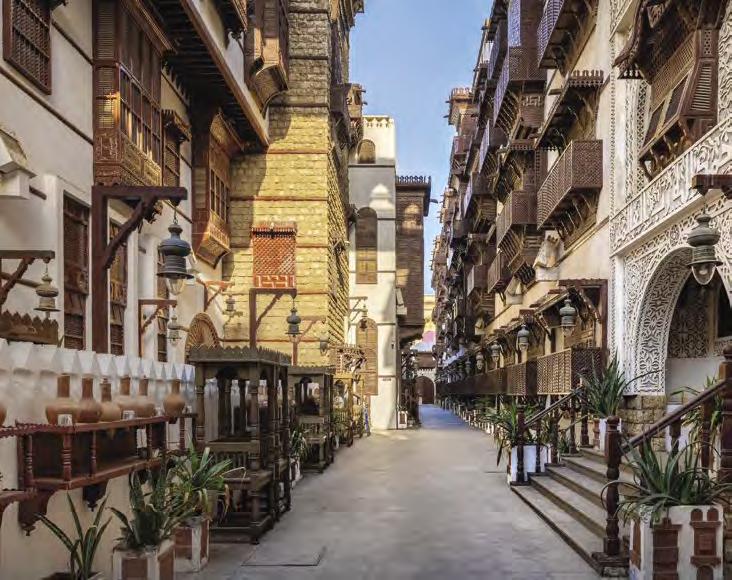
and obtain skills in the best learning centres around the world, so they bring that experience and expertise back to the country.’
‘As a first generation student in my family, I worked hard to obtain my undergraduate degree and performed well enough to obtain this scholarship. It is a transformative opportunity for me.’
‘Transformative’ is one of the words Anoud uses to describe Kellogg College and Oxford in general. ‘I’m finding my time here transformative, empowering and exploratory’ she says. ‘The last of these is what gives me so much joy in being in Oxford. I’m surrounded by amazing learning resources, an amazing research environment and some amazing people. Exploring ideas, opinions, different cultural perceptions – I find it an incredibly stimulating place. I also feel truly supported by the College and the people around me.’
Anoud is just as exuberant when it comes to talking about her experience in Saudi as she is about Oxford.
Anoud is at Oxford as a result of an initiative that supports that goal. She has a Pioneer Scholarship from the Saudi government that provides support and a remarkably free brief. ‘It’s part of a programme to support Saudis to study
‘I think it is important to acknowledge my pride as a Saudi woman. Many of my peers are curious but have never had the chance to speak directly with someone from Saudi. I want to challenge misconceptions and showcase the positivity in my country. My very presence here in Oxford is a testament to my country’s commitment to helping women flourish.’
Continues on next page.
One of the ways of sharing her culture is part of Anoud’s study. MBAs have the reputation of being the home of leaders of industry and consultants. Anoud is somewhat different. ‘I’m interested in how AI can be used to preserve – and share – heritage and artifacts. Many cultural relics were lost in the development boom in Saudi. AI gives us an opportunity to recreate and preserve what we know, and to allow future generations to explore and understand our cultural environment. Studying for my MBA gives me a structure and an analytical framework that can be applied across a wide variety of disciplines. I believe it will equip me to create sustainable initiatives in the cultural sector.’
Perhaps just one thing might thwart Anoud’s ambition to take her new skills back to her home country: Oxford itself. ‘Coming to Oxford has been a landmark event in my life’ she concedes. ‘I can understand how people get attached to the place: the atmosphere of scholarship, the rich heritage, the interesting people. I deliberately sought out a postgrad college when I applied to Oxford so I would work alongside experts and enthusiasts in so many different fields and from so many different backgrounds. Kellogg has been perfect for me. When the time comes, it will be a wrench to leave… but I am sure I will never lose touch.’

Leaving a gift to Kellogg in your will is one of the most powerful ways to help us continue to champion lifelong learning.
With your support, philanthropy will create far-reaching opportunities for students in the future, boosting our efforts to enable, inspire, nurture and grow the next generation of change-makers.
Anyone who pledges to leave a gift to Kellogg will be invited to become a member of the Vincent Strudwick Society which has been established to thank and celebrate all those who have so generously decided to include Kellogg in their will.
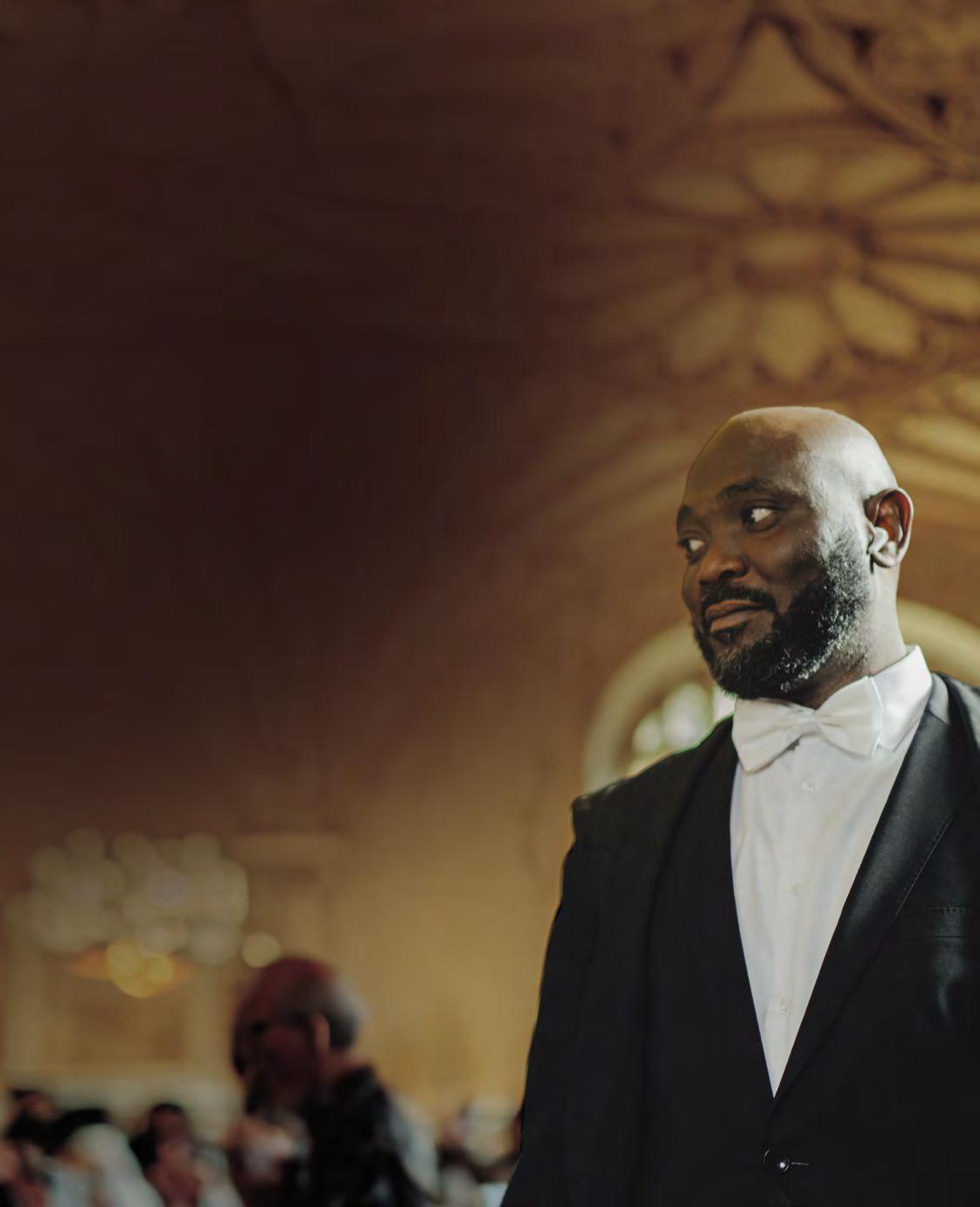
Leave a gift in your will
To find out more, please visit: www.kellogg.ox.ac.uk/leave-a-gift-in-your-will
An actor lives in a precarious world. Audition opportunities can be sparse and unforgiving. Your physical characteristics can make or break your success. So it might seem bizarre to find that another body blow to your profession actually reveals new horizons.


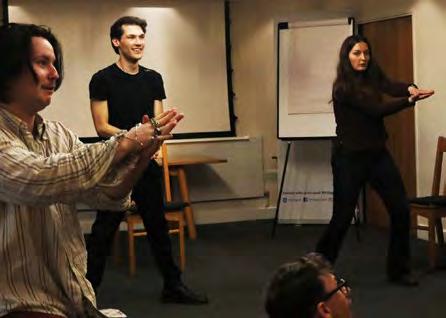
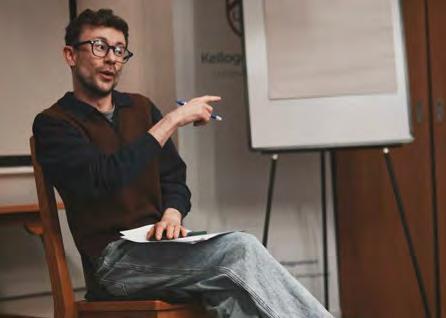

This is what Maximilian Stecher found during the 2023 SAG-AFTRA (Screen Actors Guild and the American Federation of Television and Radio Artists) strike in the US. The strike by union members across writers, performers, technicians and other media professionals meant no new productions, no new films, no new TV shows – no chance to work.
Looking around for other productive opportunities that would be enjoyable and enhance his professional career, Maximilian spotted the MSt in Film Aesthetics at Oxford, and in due course arrived at Kellogg College.
To say he has been excited by what Oxford – the University and the local performing community – has to offer would be an understatement. And with the London theatre scene so close, Maximilian has a full and time-consuming schedule. Yet for all that, he has one other ambition while study-
‘...we have a high number of creative writers, filmmakers, and performers. People with unperformed scripts. Filmmakers with no cast. “Let’s bring them all together”’
— Maximilian Stecher
ing: to create a performing culture within Kellogg.
‘I quickly met so many creative people in college, the rest of the university, and in the local community. It struck me that many colleges have a drama society, but not Kellogg. Yet we have a high number of creative writers, filmmakers, and performers. People with unperformed scripts. Filmmakers with no cast. “Let’s bring them all together”, I thought.’
The result is The Oxford Players. A Kellogg based group setting out to create a show under the banner ‘Stories that changed the world’. ‘The idea is to solicit scripts – all short pieces of 10-15 pages – then to curate them, rehearse and perform in an evening of live theatre. It brings together writers, creatives, and actors like myself to bring ideas to life and share them with Oxford audiences, to stimulate thought and showcase talent.’
That Maximilian became an actor is perhaps not surprising, given that his parents were performers in opera and on stage. Falling in love with perform-
ing at an early age saw him eventually attend drama school in London. There he explored the classics and discovered a deep appreciation of Shakespeare. One of his joys as a theatre practitioner is examining the classics and interpreting them so they have relevance for modern audiences. ‘But I still enjoy the particular thrill of working on new material’ he reminds us.
He also enjoys sharing his skills with others, and has worked to promote the highest standards in understanding the traditions of theatre and the skills in voice and physicality that are demanded of an actor.
Maximilian’s MSt studies will, he hopes, give him more agency in his work. The combination of film aesthetics theory with his practical acting skills will make him a stronger performer with a better and more nuanced understanding of his craft.
All this he will do while still responding to audition opportunities in London. So still an actor, but now a teacher, producer, casting director, and stage director. And a student too.
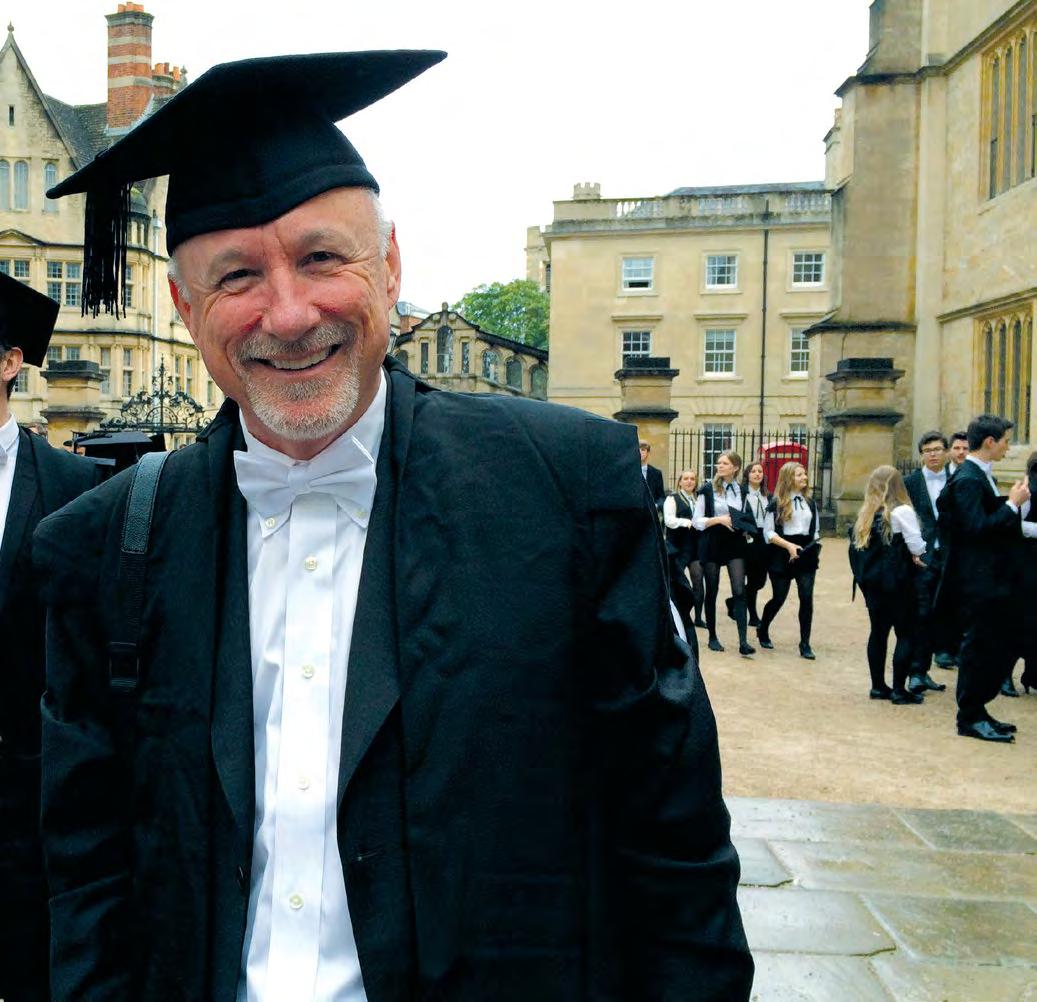
Kellogg has always prided itself on the vast age range represented in the student body. Post-retirement students are not at all unusual. What is much less commonplace though, is someone who has had a relationship with the college, as a student, for over 10 years.
Hannes Frey is such a student. Following a Postgraduate Diploma in Historical Studies at the Department for Continuing Education, Hannes matriculated to Kellogg in October 2014 to take a Master’s in Literature and Art, and is currently embarked upon a DPhil.
Is Hannes the embodiment of the ‘perpetual student’ – that is a term often used derogatively? No. Hannes is rather the epitome of the life-long learner, because by the time he discovered Kellogg he already had a Masters in Law from the University of Zurich, and an MBA from Harvard Business School under his belt.
He also had a substantial business career on his CV: 15 years at UBS in the world of investment banking, followed by three years at Novartis, where he was integral to the company’s social responsibility agenda and political risk management, and now 20 years in investment management. His experience and growing interest in the intersection of financial, legal and cultural systems led him to establish a consultancy business. Tigurian Atlantic provides guidance and research on policy, strategy, and stewardship of investment for undertakings in the transatlantic space.
Hannes’ Swiss heritage has been an important influence in developing his

share, so many skills, so many cultures, so many different perceptions of the world, it felt exciting to be there.’
Sat at a college dinner one evening alongside Kellogg Fellow Dr Yasmin Khan, Hannes became aware of the possibility of building on his postgraduate diploma and taking a further step towards a Master’s degree in Literature and Arts. ‘I was fortunate enough to not need to work full time, so I could readily take up this opportunity.’
War explored the differences of the two political cultures.
business and academic values. ‘I was born in Switzerland but moved to the US as a young man. I’m now back for a while and living in Bern for now. The contrast and commonalities in the sense of identity in the US and Switzerland prompted my interest in historical studies’, he tells us.
Hannes had decided upon Oxford as the right location to begin his studies and reflections. ‘It seemed like the right location, a bridge between Switzerland and the US, a country within Europe but with a long relationship with the United States on both hostile (the war of independence) and friendly (the ‘special relationship’) terms.’
The fact that one of his daughters had previously studied in Oxford at Worcester College meant that Hannes had some familiarity with the university, but arriving at Kellogg gave him a whole new insight into the make-up of the collegiate university. ‘It took little time for me to develop a deep appreciation of the value of a post-graduate-only college. There was so much experience to
The relationship between the US and Europe became, from that point, an increasingly sharp focus for his studies. He became interested in the notion of ‘Political Culture’ and the distinctive values and cultures of the Victorian age with its political and constitutional shifts. His first thesis on the British role in the American Civil War and a second thesis on the 1898 Spanish-American
This sense of culture also informs the topics he is exploring in his DPhil. He is researching the representation of countries in Romantic literature and the impact of these representations on British foreign policy and diplomatic practice. One of his case studies is the political formation of Switzerland in the early 19th century. An important role was played by a young British diplomat named Stratford Canning who later went on to represent Britain in the United States and for many years at the Sublime Porte in Constantinople.
It is clear that in his seventh decade, Hannes Frey has lost none of his excitement for ideas, for discourse, and for intellectual exploration. And that is perhaps what makes him an ideal member of Kellogg College.
‘It took little time for me to develop a deep appreciation of the value of a postgraduate-only college. There was so much experience to share, so many skills, so many cultures, so many different perceptions of the world, it felt exciting to be there.’
- Hannes Frey
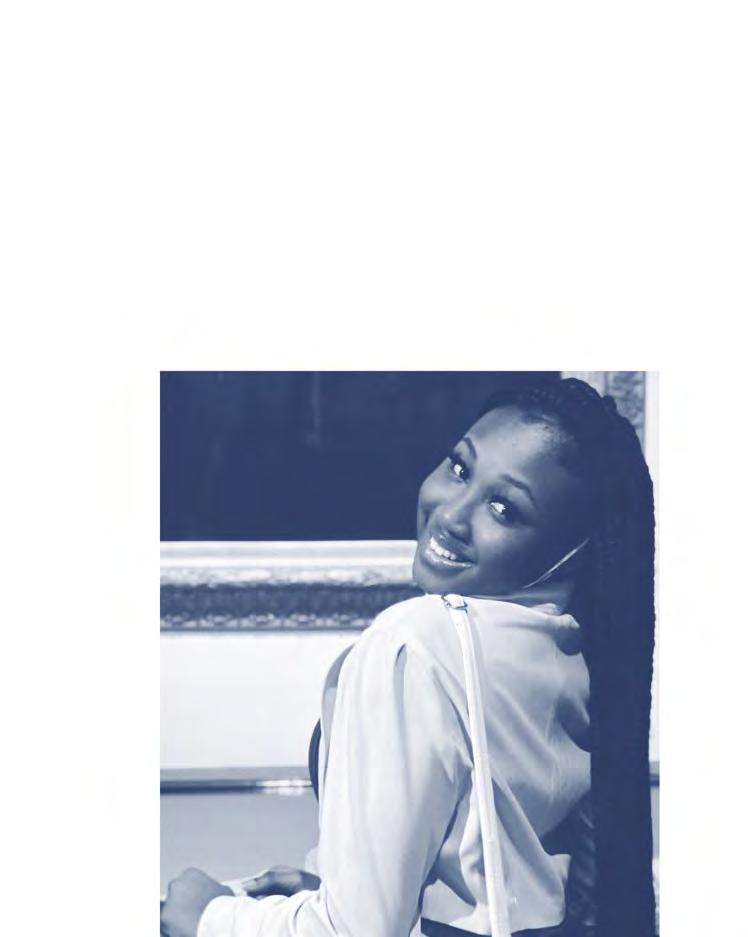

The Africa Oxford Initiative (AfOx) is a programme established by the University of Oxford to strengthen academic collaboration between Africa and Oxford, offering graduate scholarships to fully fund Masters degree study for outstanding African graduates. Launched in 2017, AfOx seeks to create transformative partnerships that address key challenges facing Africa, such as poverty, health, education, and climate change.
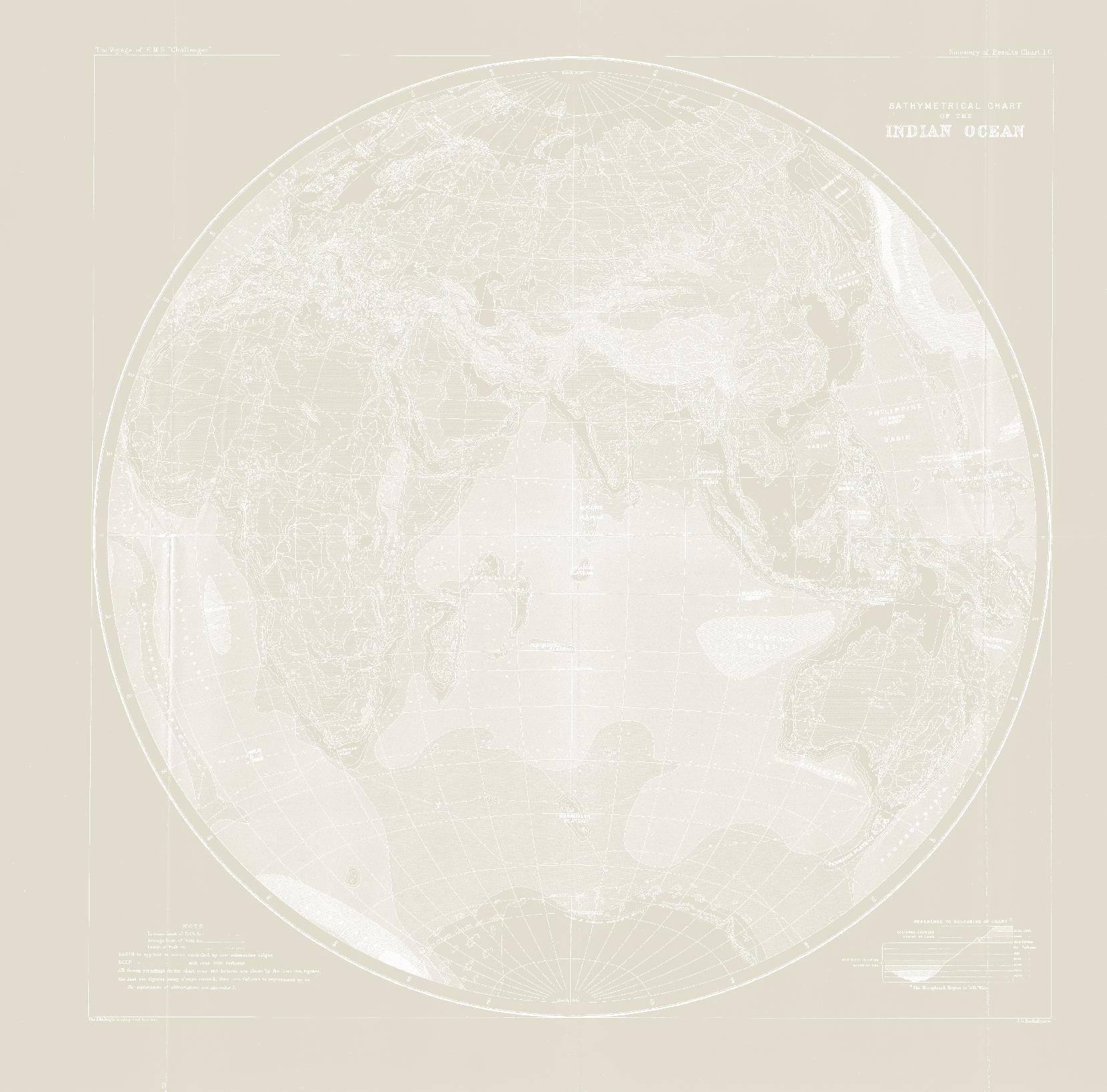
Kellogg College has been home to a number of AfOx scholars, confirming its commitment to the AfOx initiative and deepening its engagement with the African continent. Their study disciplines in health, education, and society, reflect the breadth of academic scholarship in the Kellogg community.
01. Princess-Nicosall
is pursuing an MSc in Migration Studies. With a background in migration work, Princess-Nicosall has volunteered with Asylum Welcome, supported refugees, and contributed to campaigns like ‘Keep Campsfield Closed.’ She has worked with Homeless Oxfordshire and gained policy experience at the Westminster office of MP Anneliese Dodds. She holds a BA (Hons) in International Relations and Sociology from Oxford Brookes University, with first-class honours. Through her MSc, she aims to research UK immigration policies and develop asylum frameworks for African countries.

is pursuing an MSc in Translational Health Sciences. With extensive experience as a medical doctor and assistant lecturer, Layla has worked in Malawi and Lesotho, focusing on paediatrics and HIV care. She led the Rotary Family Health Day Project in Malawi, providing free health services to underserved communities. After completing her studies at Oxford, Layla plans to investigate why marginalized groups are excluded from health policy discussions and explore collaborative solutions for accelerating healthcare innovations, with a focus on Health Equity.
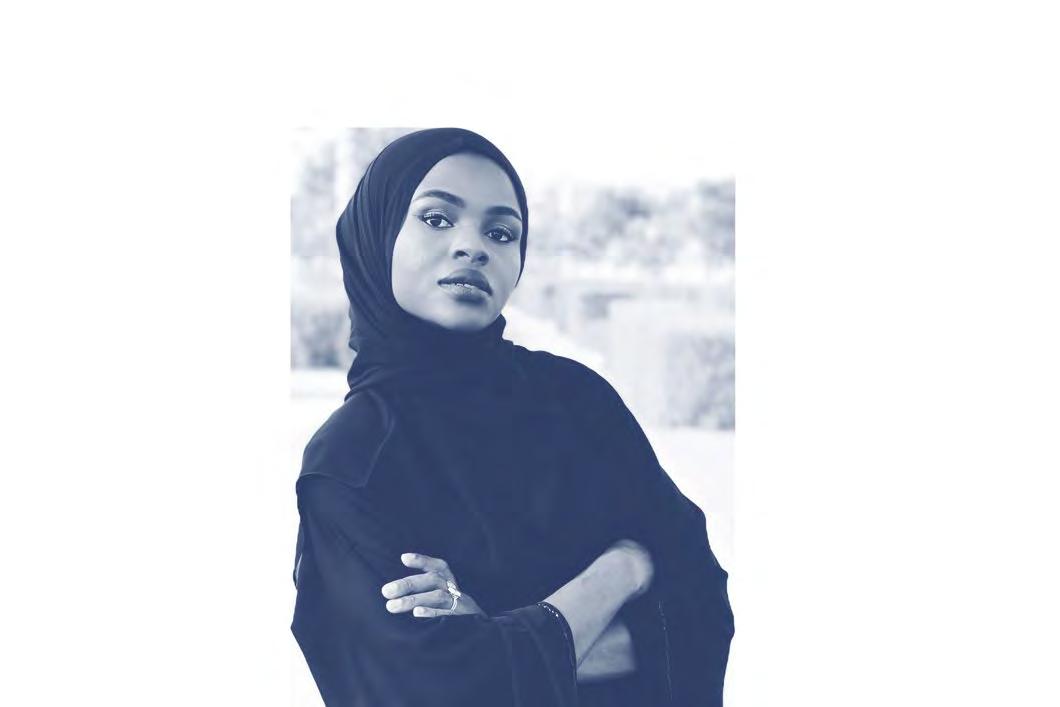
is currently studying MSc in Modelling for Global Health. He holds a First Class Honours degree in Applied Mathematics with Economics from the University of Zimbabwe and has worked at BancABC Zimbabwe. Fidelity was part of the Aspire Leaders Program 2024, which helped enhance his leadership skills. Post-MSc, he plans to work with NGOs on global health research and aims to pursue a PhD. His goal is to translate modelling results into practical policies, especially for Africa’s health sector.
is pursuing an MSc in Education (Comparative and International Education) with a focus on inclusive education. With a strong background in education and development, Fauziat has gained insights into the challenges faced by underrepresented groups. After completing her studies at Oxford, she plans to pursue a PhD in Education Leadership and Policy. Her long-term goal is to establish a consultancy in Uganda to collaborate with the Ministry of Education, enhancing teacher training and shaping education policies in SubSaharan Africa, promoting equitable educational environments for all.
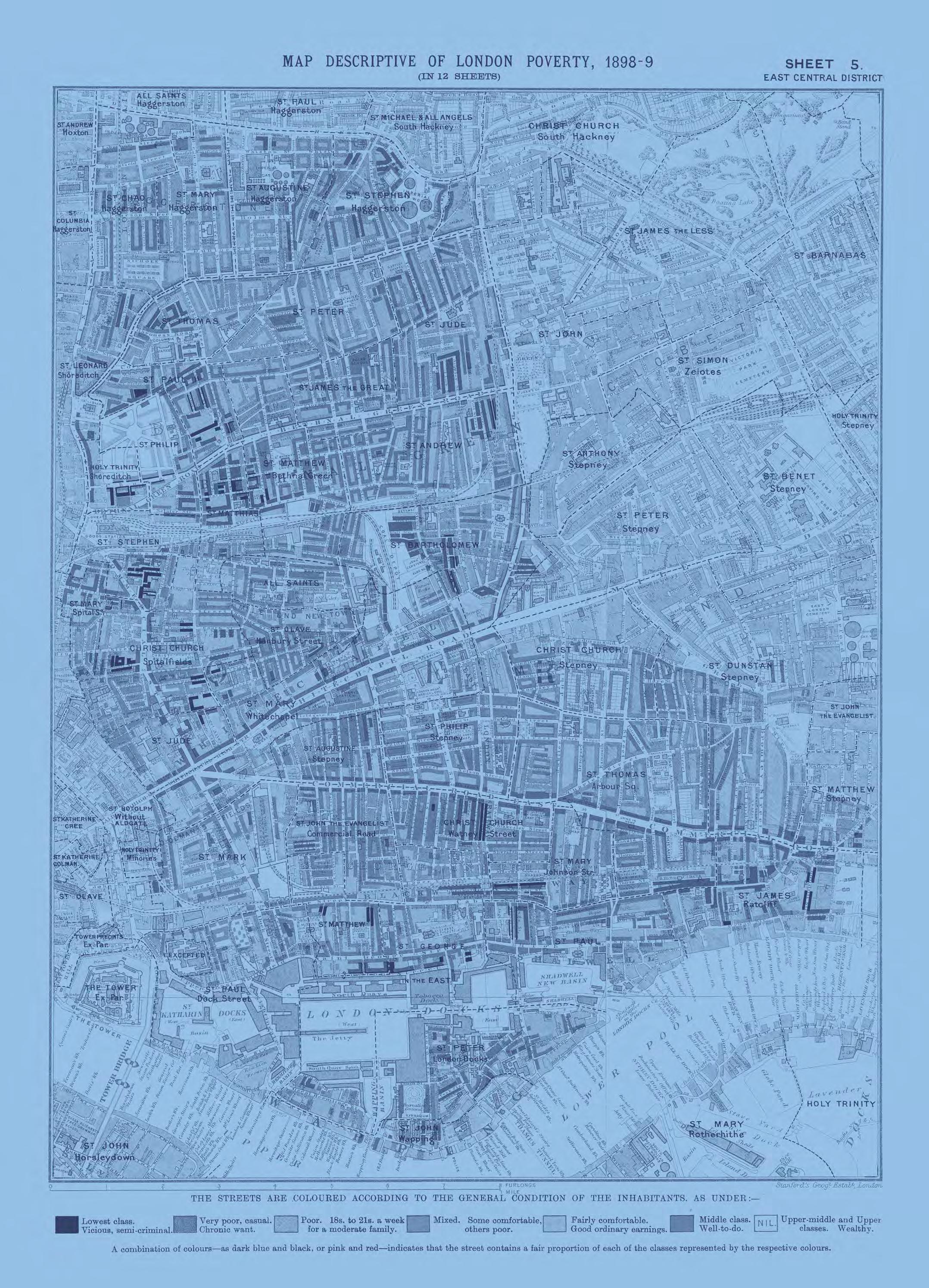
Alis Oancea introduces the Kellogg
Kwith the College’s strategic values of openness, innovation, and social relevance.
ellogg College hosts four interdisciplinary research centres, each of which is led by members of the college and supported by a fellow of the Governing Body, and which align
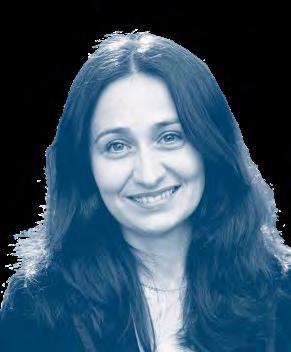
The first Kellogg College centres were originally set up twenty years ago, with the aim of contributing to the academic life of the College and integrating the research interests of fellows and students, and since 2009 they have been explicitly called ‘research’ centres, to emphasise their role as collaborative hubs for high quality research, knowledge exchange, public engagement, and social impact across the disciplinary and sectoral boundaries.
The work of the centres addresses major challenges through collaborative partnerships, public and stakeholder engagement, creative practice and research, such as environmental sustainability, demographic change, global health discrepancies, and uneq-
uitable access to creative resources. These challenges are of societal and planetary scale, have direct local implications, and require efforts that draw on the strengths of multiple ways of generating, sharing and understanding knowledge, within academia and well beyond.
These aims and contributions are well illustrated by the projects, events, publications, and community of each of the centres, recent highlights of which are shared in this issue of Kellogg Connect. For example, the Centre on Mutual & Co-owned Business focuses on embedding social purposes in the world of work, enabling sustainable economic transformation, and improving sustainability data, as an
essential part of efforts to tackle the climate crisis. The Oxford Institute of Population Ageing, long associated with Kellogg College while also part of the Oxford Martin School, informs policy developments in addressing demographic challenges, such as ageing workforces, increased pressures on health and care systems, or differential impacts across ages of climate and other planetary challenges. The Global Centre on Healthcare and Urbanisation’s work on sustainable urban development and improving health and well-being in cities has explored ways of active listening and collaborating that enable community stakeholders to imagine the future of their neighbourhoods and foster community well-being, including through engagement with nature,


social belonging and connectedness, and intergenerational justice. The Centre for Creative Writing enables public engagement and exchange among groups of writers from different genres and communities, exploring both the craft of writing in its own right, and its importance in fostering imaginative approaches to local and global challenges.
The articles about the Kellogg Centres included in this issue of Connect are invitations to engage actively and creatively with their work, through participation in events, ideas for collaborative activities, potential partnerships, policy development, and nurturing future generations of scholars and artists.




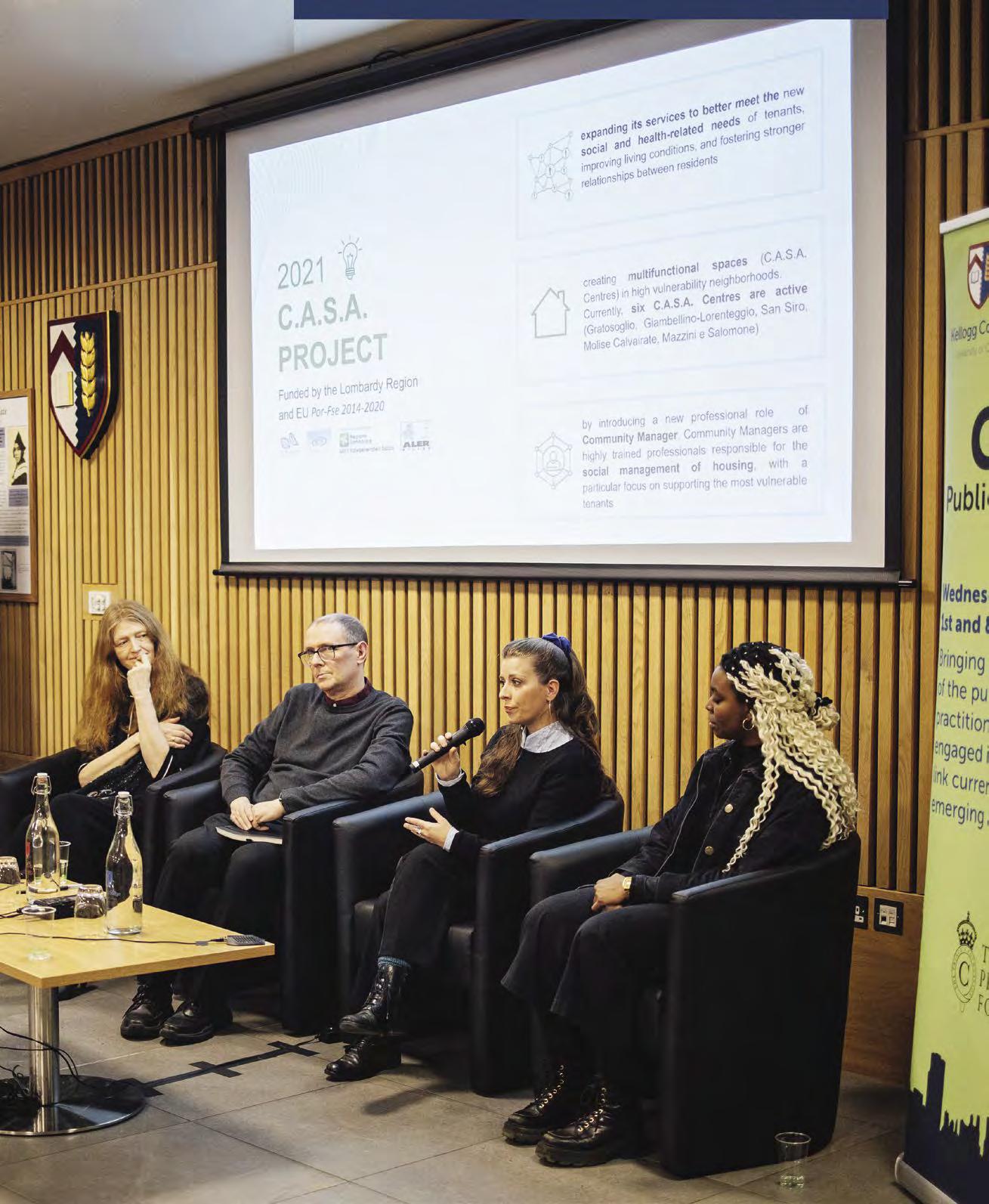
The Global Centre on Healthcare and Urbanisation (GCHU) at Kellogg College focuses on sustainable urban development and improving health and wellbeing in cities. Central to its mission is engaging communities by researching with, rather than on, community groups to explore solutions to global challenges. These are some key projects undertaken by the GCHU team over the past year.
The ENACT project (Envisioning Neighbourhoods and Co-Creating Thriving Communities in the 15-Minute City) explores how residents collaborate with municipalities to reshape urban spaces. Taking place in Trondheim (Norway), Gdańsk (Poland), Valencia (Spain), and Oxford (UK), ENACT operates through Urban Living Labs, where communities experiment with innovations to support the 15-minute city concept. In Oxford’s Florence Park, the GCHU team, alongside urban designers from Oxford Brookes University, is running workshops in 2025 to explore how Augmented and Virtual Reality (AR/VR) can help residents envision a thriving future neighbourhood.
GCHU has introduced Listening Exchanges, a community engagement tool that brings together individuals with differing views on key policy topics in a safe, supportive space. Facilitated discussions encourage participants to share perspectives and actively listen. Initially focused on Oxford’s debate over Low Traffic Neighbourhoods, the project has potential applications for other global policy divisions.
GCHU is addressing Oxford’s growing economic, social, and ecological inequalities through participatory research. The ECoWell project, in collaboration with Ark-T, uses arts-based methods to explore what residents in disadvantaged neighbourhoods consider essential for community wellbeing. By engaging children, young people, and adults through workshops and exhibitions, the project strengthens social bonds, encourages community participation, and enhances social spaces. Findings highlight the importance of nature, social belonging, and intergenerational justice in fostering well-being. The insights gained will help policymakers and organisations better address community needs.
The ENOLA project (Enhancing Environments for Older Adult Social Connectedness), funded by the Royal Town Planning Institute, collaborates with the charity Re-Engage to reduce social isolation among older adults. Using qualitative and spatial methods, the project gathers insights into the social lives of older people and provides recommendations to improve local environments for social connectedness.
A highlight of GCHU’s calendar is its twice-termly Public Seminars, which have become an influential platform for discussions on healthy urbanism. Recent topics have included:
• “Can polarisation be addressed through community dialogue?”
• “Creating Thriving Communities: How do we build socially productive places?”
• “Wha t makes an age-friendly neighbourhood?”
GCHU is a dynamic team of six but collaborates widely with research associates, funders, student interns, and policymakers. These partnerships enhance our ability to drive change in healthcare and urbanisation.
GCHU is fostering a new generation of researchers and practitioners committed to sustainable urbanisation and healthcare. In the coming years, we aim to expand our research, deepen stakeholder engagement, and transform findings into actionable strategies for healthier cities.
For more information or to get involved, visit www.GCHU.org.uk or email GCHU@kellogg.ox.ac.uk
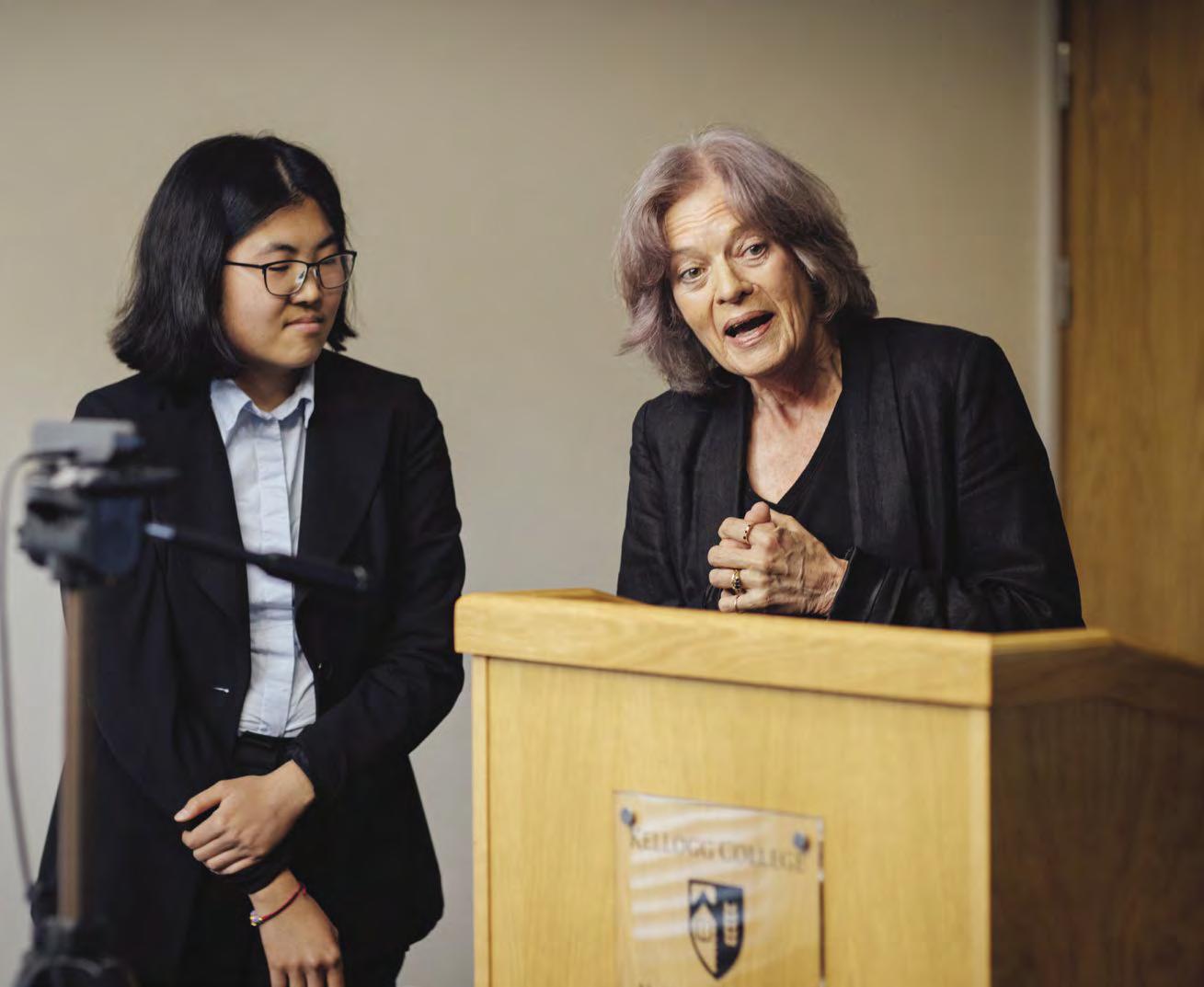
Oxford’s MSt in Creative Writing has sustained and nurtured hundreds of developing writers in the past 20 years, and many of these are Kellogg College alumni. 2025 marks the twentieth anniversary of the first intake, and around 470 writers have passed through the programme to date.
We have enjoyed wonderful successes – from six figure publication deals to the youngest writer ever to feature on the Booker prize shortlist; poetry prizes, collections, pamphlets; short stories, non-fiction, prize winning plays; Netflix deals. Above all the programme has encouraged and enabled a vibrant and continuing writerly community
where individuals exercise their creative talent to the fullest and groups of friends support and cheer each other on across countries and time frames.
While the Centre for Creative Writing at Kellogg College is not a formal part of the MSt course, it has, since 2007, acted as a hub which draws together writers

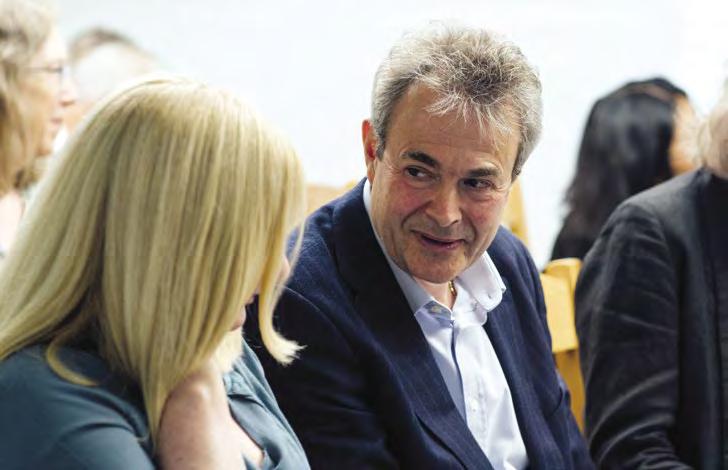
from across the genres and across diverse communities within and outside the University. Its seminar series hosts a range of wonderful writers, including MSt alumni, to share the joys and challenges of the craft, and explore the process of writing in accessible and inclusive ways. The Centre has co-hosted the famous MSt in Creative Writing Showcase annually for the past fifteen years. The Showcase is renowned among agents and editors as the best event of its kind, and from the Showcase readings and the subsequent Anthology our graduates have come to the notice of a huge range of industry professionals, often kick-starting their careers as published writers. The Centre has also undertaken ground-breaking interdisciplinary research, including ‘Living with Rivers’, an ESRC-funded collaboration with Sheffield University and Forest Research, which examined the role of creative writing in fostering imaginative engagement with environmental issues.
Among our many distinguished seminar contributors are Julian Barnes, Andrew Motion, Jason Allan Paisant, A L Kennedy, Simon Armitage, Malachi McIntosh, and Brian Cox. Our current academic year’s range of seminars exemplifies the richness of the Centre’s offerings, which have included Ele Fountain on writing for young people, Ingrid Persaud on her arts of fiction, and – in celebration of International Women’s Day – Julie Summers on her biography of the iconic fashion periodical, Vogue
We have also hosted once again the Kellogg College Creative Writing Competition, with one of our distinguished alumni, Aisha Hassan, on the judging panel. The aim of this competition is to tease out fresh writing talent from whatever quarter of our student body across the College, and celebrate the joys of writing in a supportive and inclusive environment.
Photos: The Centre for Creative Writing has brought together writers through seminars and other events, reaching across genres and diiverse communities, nurturing talents on the MSt in Creative Writing.
The Centre continues to be a focus for creative writing activity not only within Kellogg but across the University and in the wider writing community beyond.
A warm welcome, lively conversation, engaging and accessible events characterize our offerings and we aim to fuel the creativity of our diverse student body with our regular, eclectic contributions to College life.
Professor Jonathan Michie, Director, Oxford Centre on Mutual & Co-owned Business
Democracy is generally regarded as a good thing. Or at least, better than the alternatives. The aim of Oxford’s Centre on Mutual & Co-owned Business is to extend democracy to the world of work, giving a say to employees, customers and local communities.
We’ve created an alliance with Oxford’s Skoll Centre for Social Entrepreneurship.
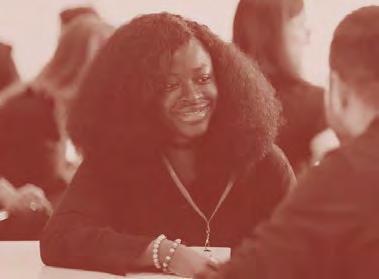
They have long been based at Oxford’s Saïd Business School and now have Kellogg as their collegiate home. Their mission is to support positive social purpose, rather than just financial return. The surest way to embed positive social purpose over the long term is for ownership to be spread more
widely than just being in the hands of external shareholders whose sole interest is often just financial return. This alliance has already led to really vibrant meetings and events at Kellogg, plus great new members of college!


A great advocate of giving employees a stake in their business was the late Nigel Mason, and he has left a legacy in his will to support research in this area. This is being gifted to the Centre’s endowment, and the first annual award – funded by the endowment income –will be made in August 2025:
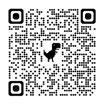
The Award Ceremony will be part of our annual conference held jointly with the Rutgers Institute for the Study of Employee Ownership and Profit Sharing, the leading such institute globally:

The papers from last year’s conference will be published shortly in a special issue of the International Review of Applied Economics, and subsequently as a book. Our Research Fellow Dr Ana Nacvalovaite describes in her article in this issue the work we’re doing on Sovereign Wealth Funds, and Ana is also active in our collaborations with both the Skoll
Centre and the Rutgers Institute, where similar research and advocacy is being pursued globally.
One of the key global challenges is climate change, and that is the focus of much of the Centre’s work, including through our Commission on Sustainability Data, which seeks to replace the current data on emissions, which is unreliable, with accurate and trusted data based on companies’ actual transactions:

This could be a game changer in tackling the climate crisis. Also vital is how shareholders vote on resolutions submitted to company Annual General Meetings on issues such as climate change. This was researched by Dr Ian Robertson for his DPhil, recently awarded by Kellogg, and Ian will continue to pursue this work as a post-doc through the Centre:





Sovereign wealth funds—large pools of government-managed money—often promote themselves as responsible investors who safeguard wealth for future generations while supporting sustainable and ethical businesses. However, there is a gap between what they say and what they actually do.

Many sovereign wealth funds publicly commit to social and environmental responsibility, yet they rarely invest in cooperative businesses, employeeowned companies, or social enterprises—despite the fact that these businesses have a strong track record of benefiting both people and the planet. At the Centre on Mutual & Co-owned Business at Kellogg College, we are researching why this disconnect exists.

One major issue is lack of awareness— many sovereign wealth funds simply do not understand the benefits of the co-owned business model. Others sceptical about whether these businesses are financially stable. There are also structural challenges: these funds are typically required to focus on maximising financial returns, which makes it harder for them to justify investing in businesses that prioritise long-term social good. Even when they do invest in sustainability, they often do so indirectly—earning profits that governments may later use for social or environmental initiatives rather than funding ethical businesses directly.
‘Understanding these barriers is just the beginning. Our research at the Centre on Mutual & Co-owned Business is now focused on breaking down these obstacles.’
— Dr Ana Nacvalovaite
On a practical level, mutuals and co-owned businesses also struggle to attract sovereign wealth funds because they usually require smaller-scale investments than these large funds are used to making. Additionally, their unique governance structures—which prevent external investors from taking ownership—can make traditional investment approaches difficult.
Understanding these barriers is just the beginning. Our research at the Centre on Mutual & Co-owned Business is now focused on breaking down these obstacles. We aim to build stronger connections between sovereign wealth funds and co-owned businesses, increase awareness of the benefits of mutual investment, and create new financial tools that make it easier for these funds to invest in longterm, sustainable businesses.
With economic priorities shifting, environmental concerns growing, and initiatives like the UK’s National Wealth Fund emerging, sovereign wealth funds have an opportunity to rethink their approach. By actively investing in co-owned businesses, they could become true champions of sustainable economic transformation.
Former Secretary-General of the United Nations and Bynum-Tudor Fellow
Invites you to join an exclusive Kellogg College event in Seoul.
FRIDAY 24 – SUNDAY 26 APRIL 2026
This three-day event is not to be missed.
Current and former College members are invited to Seoul to participate in an unique gathering packed full of VIP guests, lectures, discussion panels, and social events.
It will also be the perfect opportunity to network and discover the impact the Kellogg community is alumni are making in the world. Share memories of Kellogg College, share ideas, share the remarkable culture of Seoul, catch up with old friends – and make some new ones. It promises to be an unforgettable weekend.

For full details visit www.kellogg.ox.ac.uk/events/event-with-former-un-secretary-general

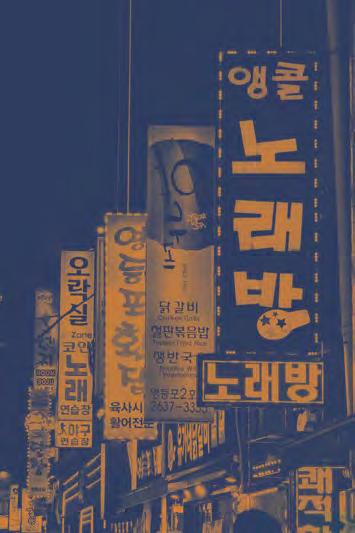



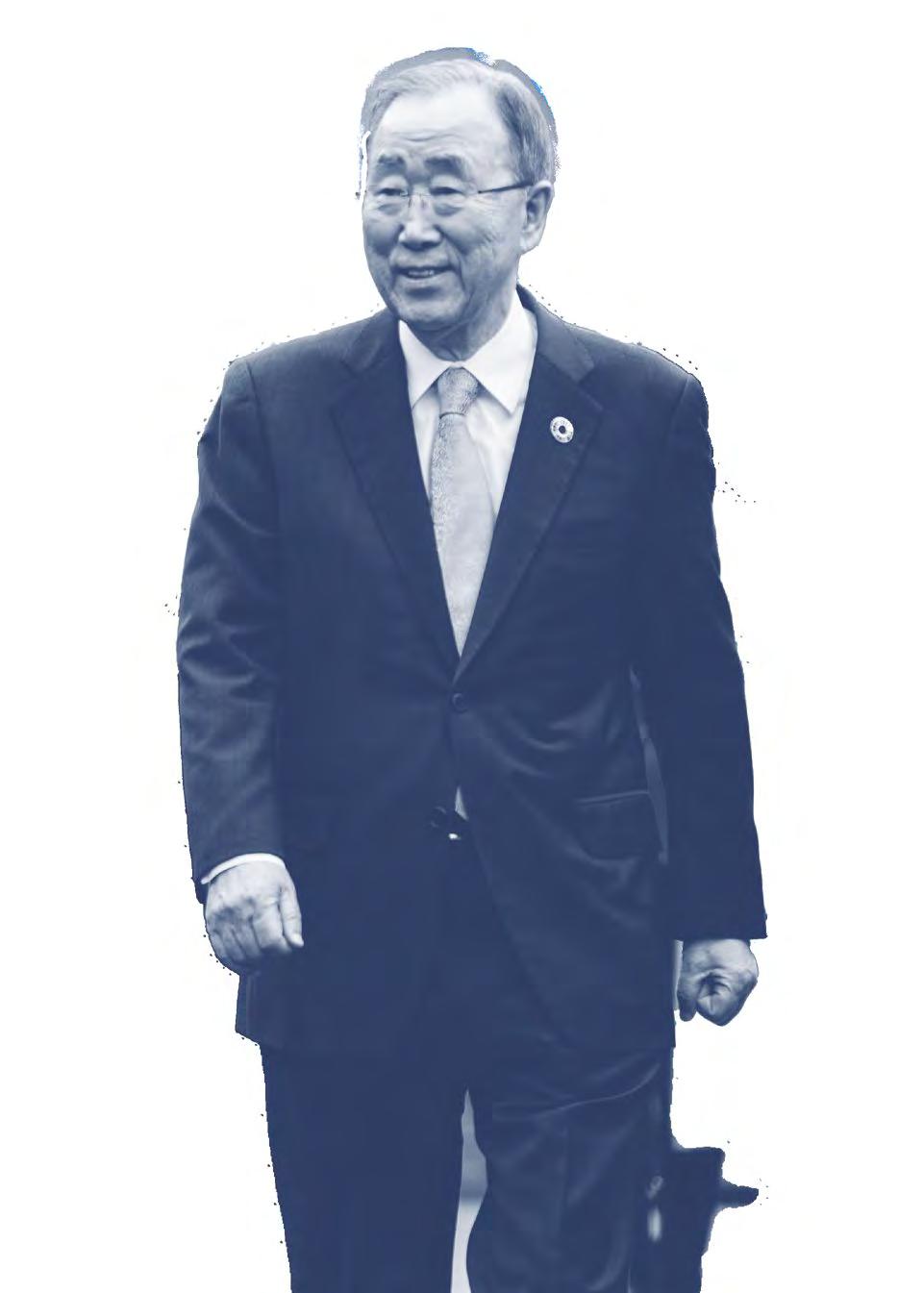


The Oxford Institute of Population
Ageing has a long-standing connection with Kellogg College. A number of Fellows have been connected with the Institute, including the long-term Senior Fellowship held by Professor George Leeson, who has served as its Director.
The Institute is at the forefront of research on population ageing, addressing the significant implications of global demographic shifts. The Institute focuses on the challenges and opportunities posed by ageing populations worldwide. With over 40 academics, support staff, students, and visitors, it is housed in its own building, and now forms part of the Oxford Martin School. This fosters a dynamic and collaborative environment, while continuing to develop innovative research that shapes policies and practices both in the UK and internationally.
The current work of the Institute spans a range of urgent and impactful topics, such as the changing nature of the workplace and the impact of ageing workforces on productivity; evolving family structures and intergenerational dynamics; the pressing issues of health and social care systems; and the effects of climate change on vulnerable older populations. In particular, its regional research networks in Africa, Latin America, Asia, and Eastern Europe are facilitating vital international collaborations, enriching its academic community and expanding its influence in global ageing studies.
The Institute is deeply committed to providing valuable insights for policy development, advising on high-profile initiatives such as the UK Government’s Foresight Review of Ageing, the Ageing Challenge in the UK Industrial Strategy, and the African Union’s declaration on Human Rights for Older People. The interdisciplinary approach has transformed the study of ageing, bridging gaps between disciplines and creating a comprehensive understanding of the complex challenges posed by demographic change.
Through its work, the Institute is leading the charge to ensure that the growing ageing populations of the 21st century are met with informed and effective solutions. By nurturing collaborations with academics, policymakers, and global institutions, it is striving to improve the lives of older individuals and guide the development of sustainable, inclusive societies in a rapidly changing world.
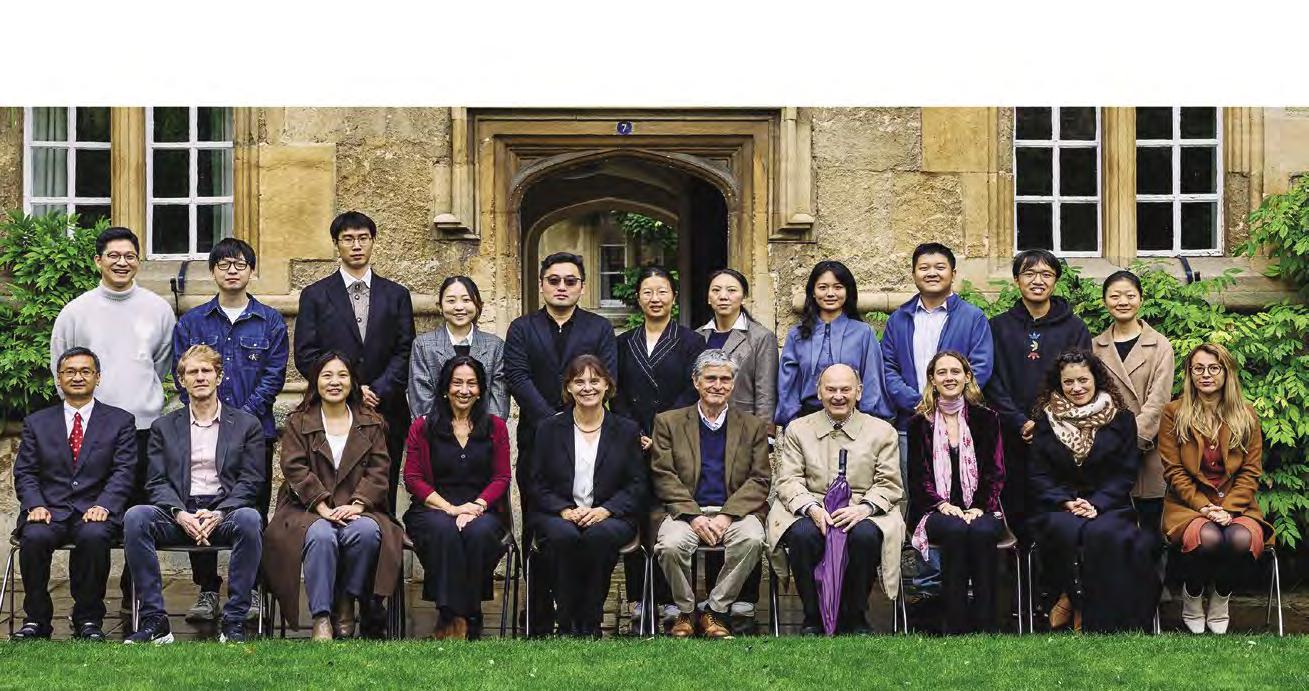
Launched as part of the college’s 30th anniversary celebrations, The 1990 Club recognises those who make regular gifts to the college.
Help us to move forward with projects that matter most to Kellogg, and make a difference to college life.

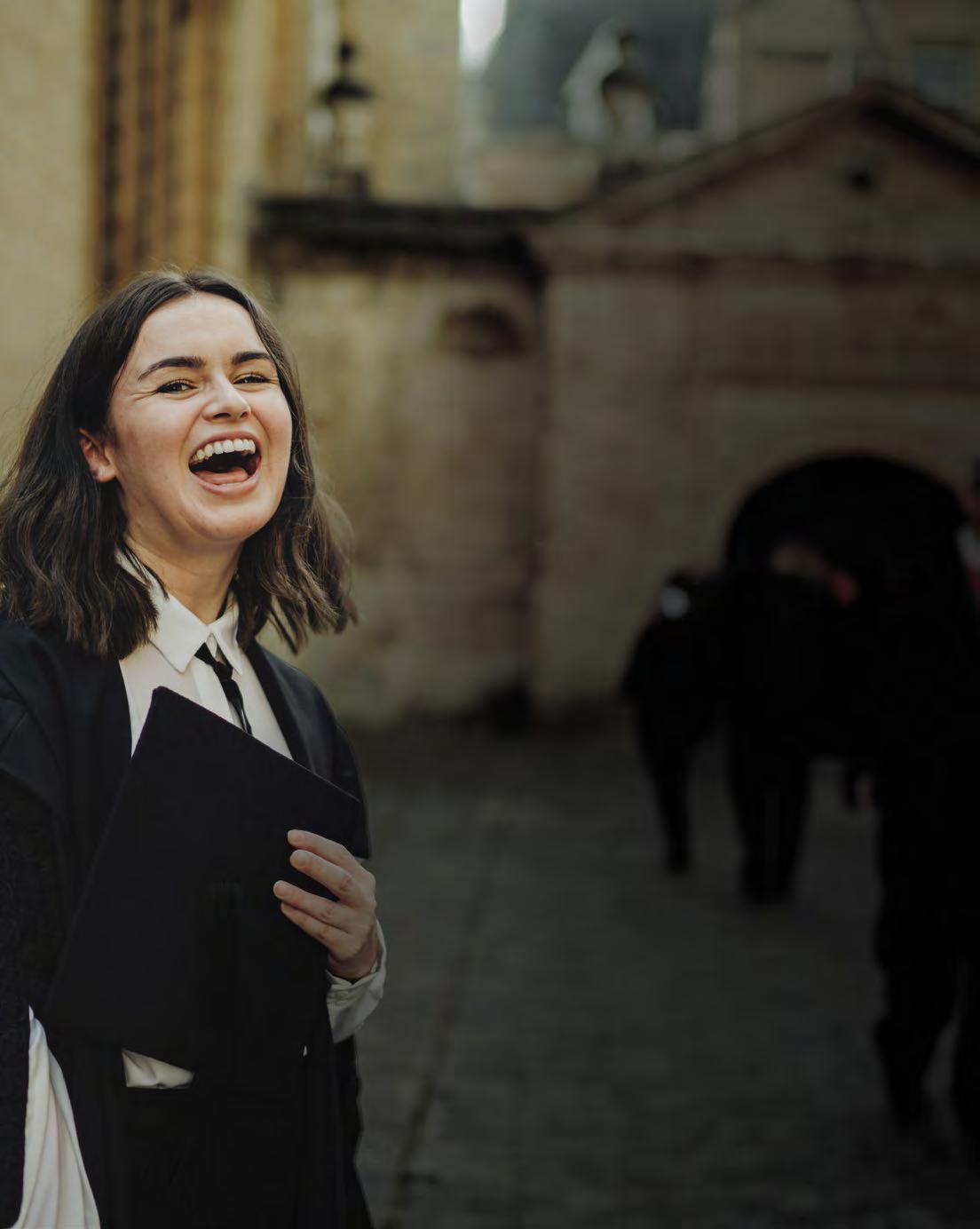
Become a member today
Please get in touch with the Development Office at 1990Club@kellogg.ox.ac.uk or visit www.kellogg.ox.ac.uk/supporting-Kellogg/ 1990-club
This award was created to recognise the individuals who champion the values which underpin the King’s Foundation’s mission and my own hope for a world in which we live in harmony with nature. At the



